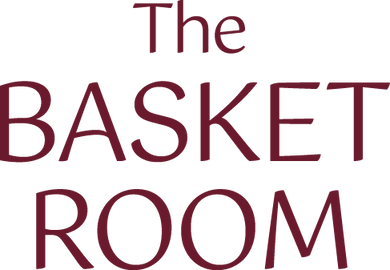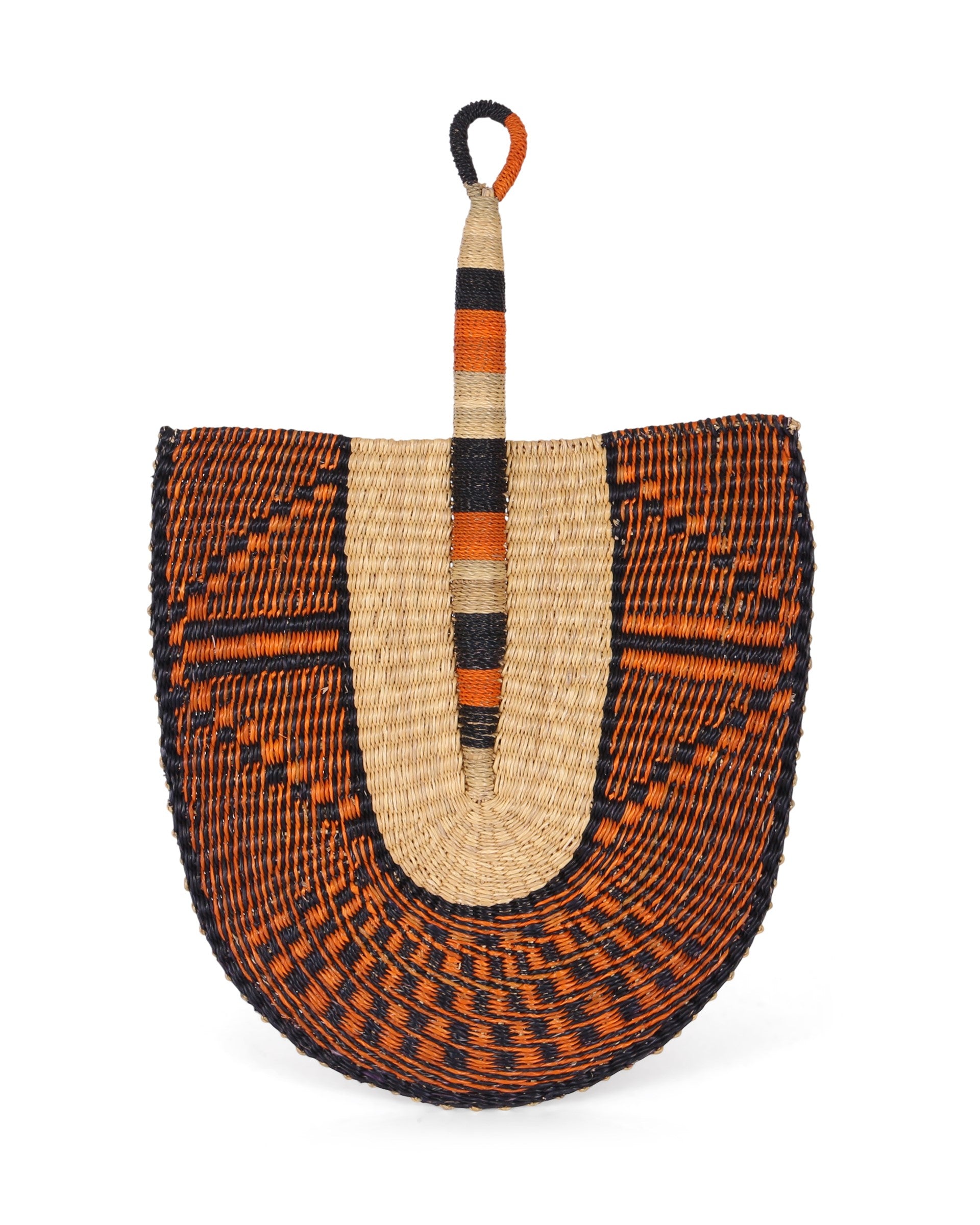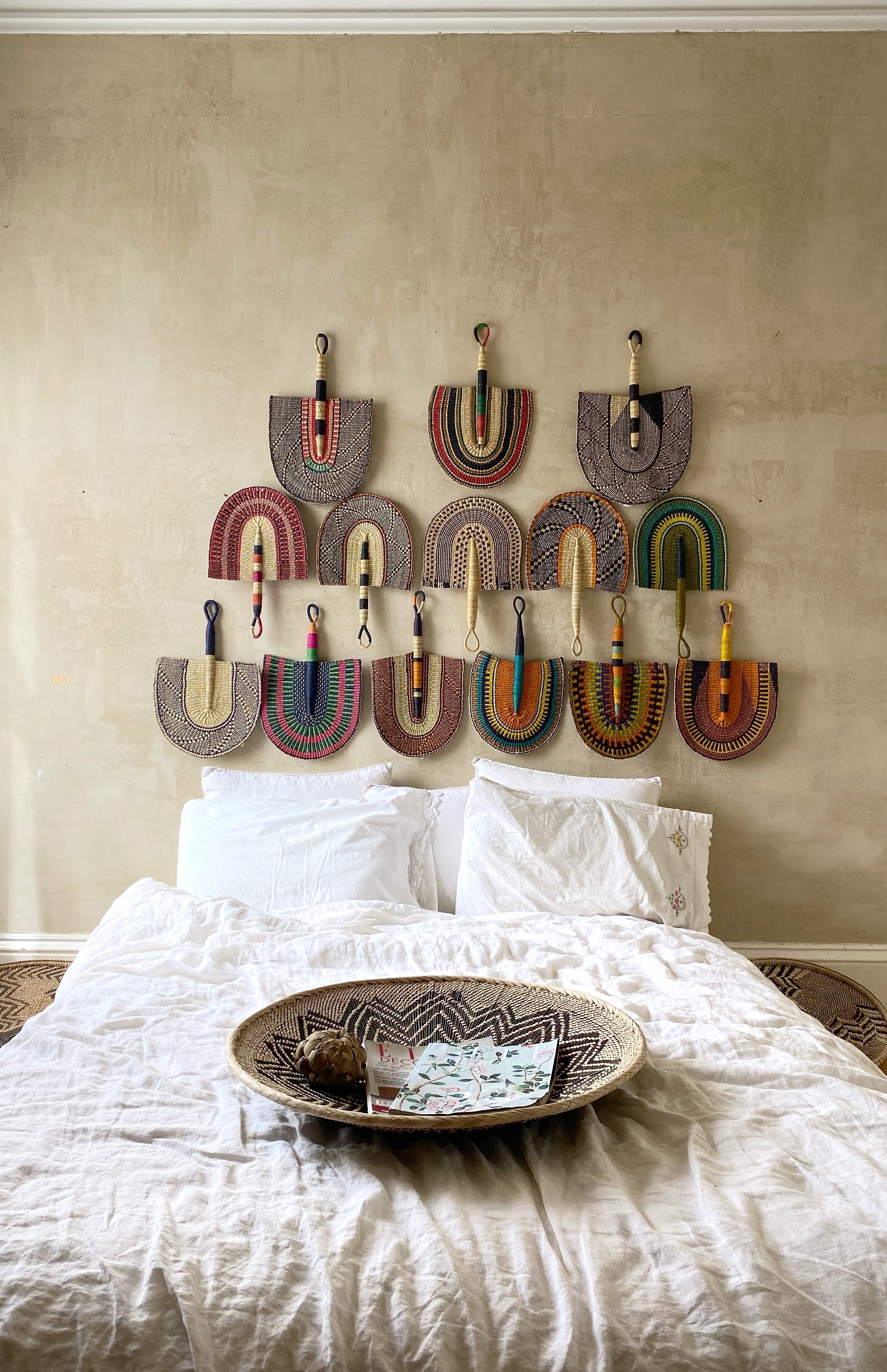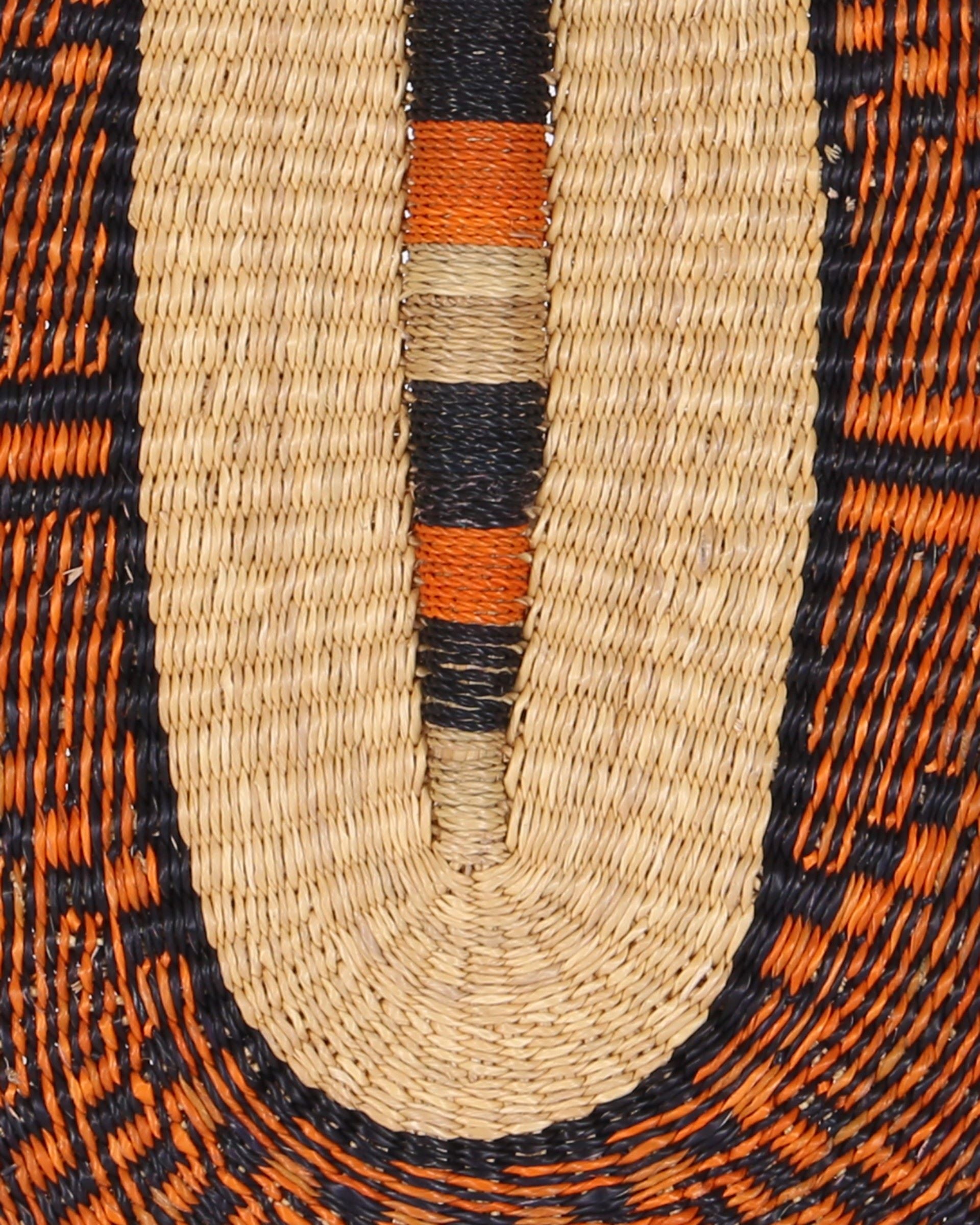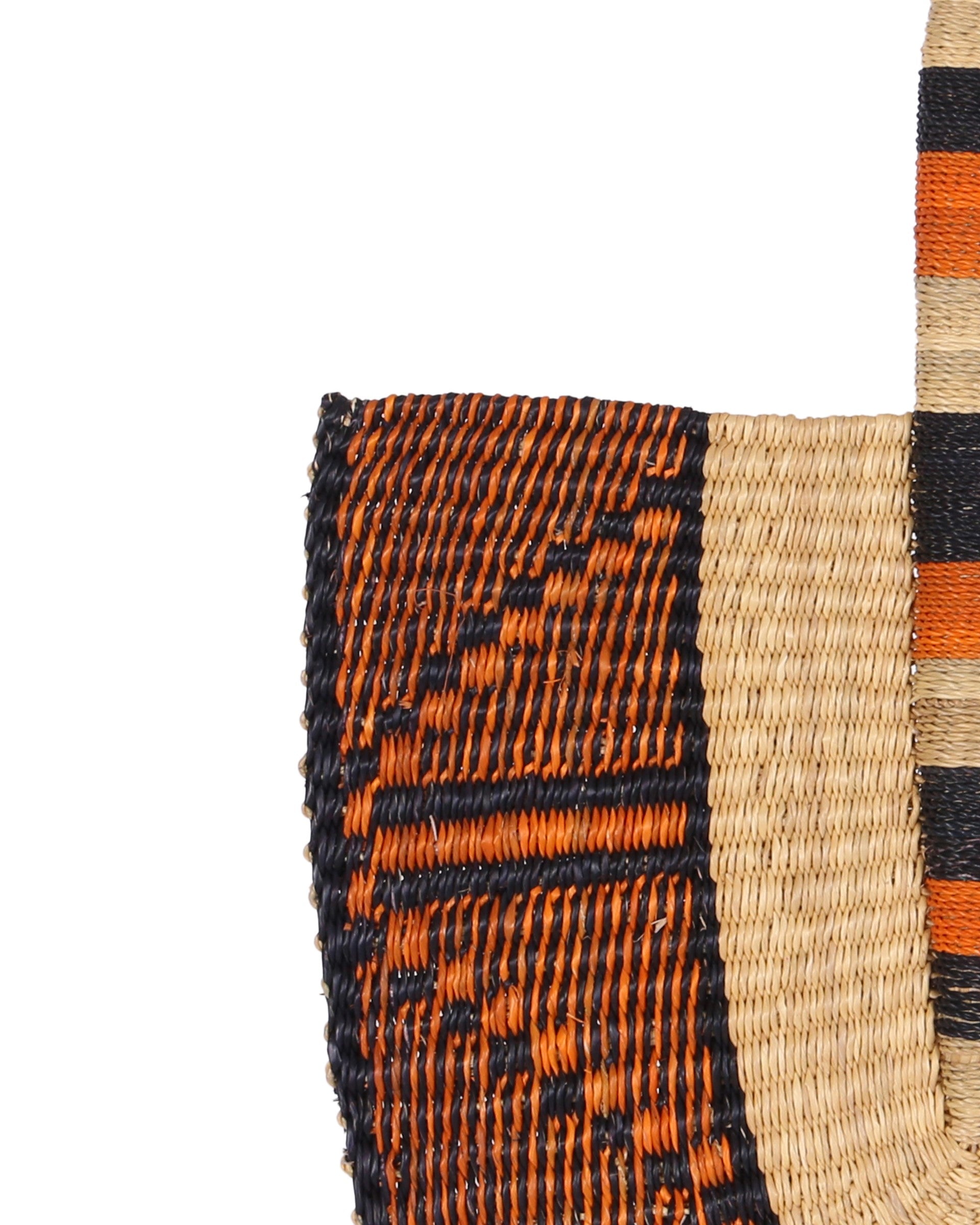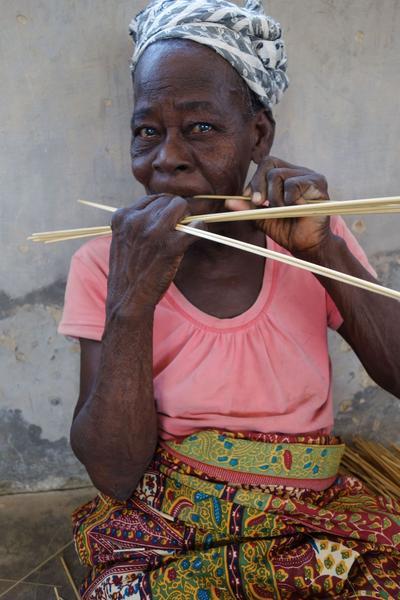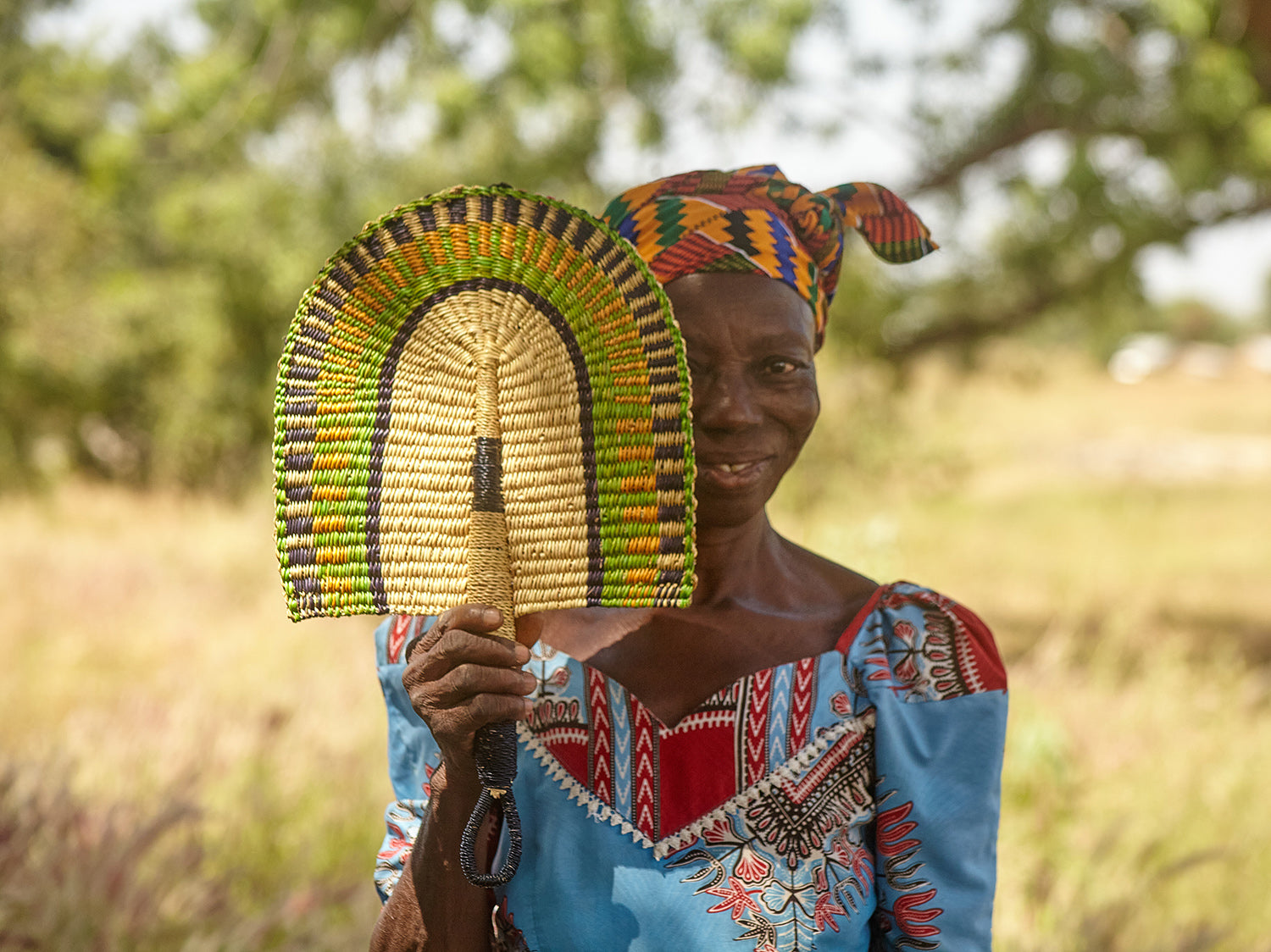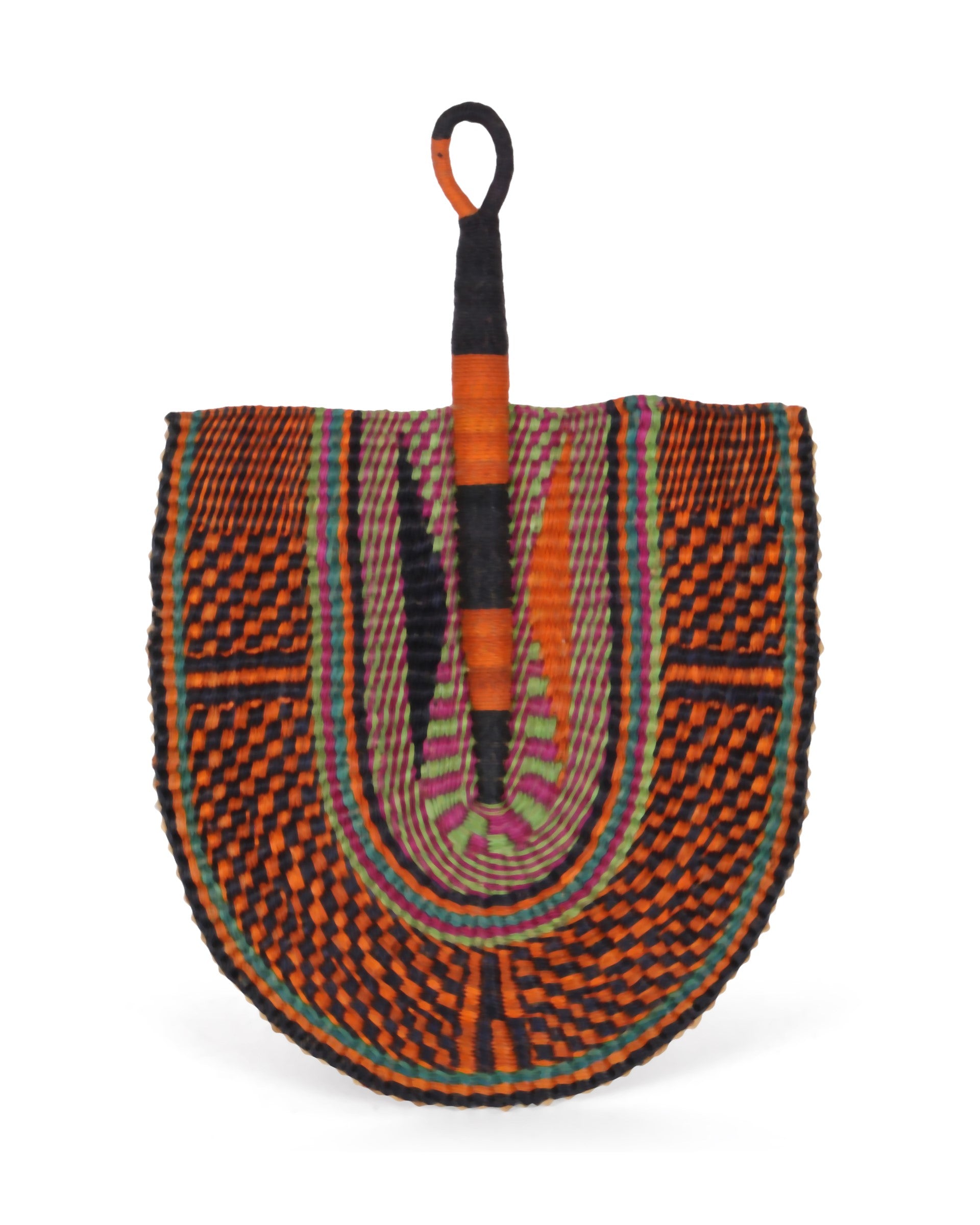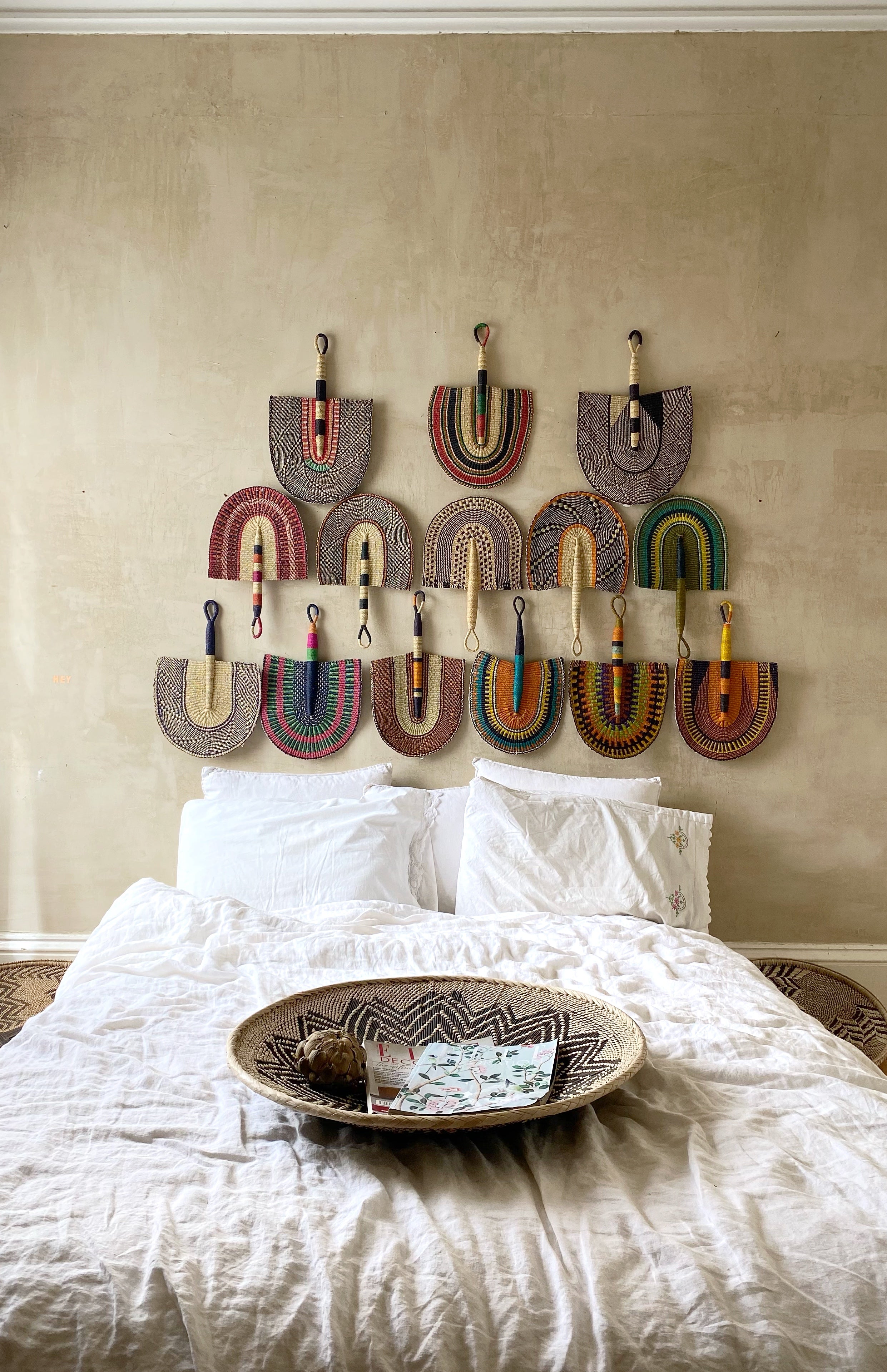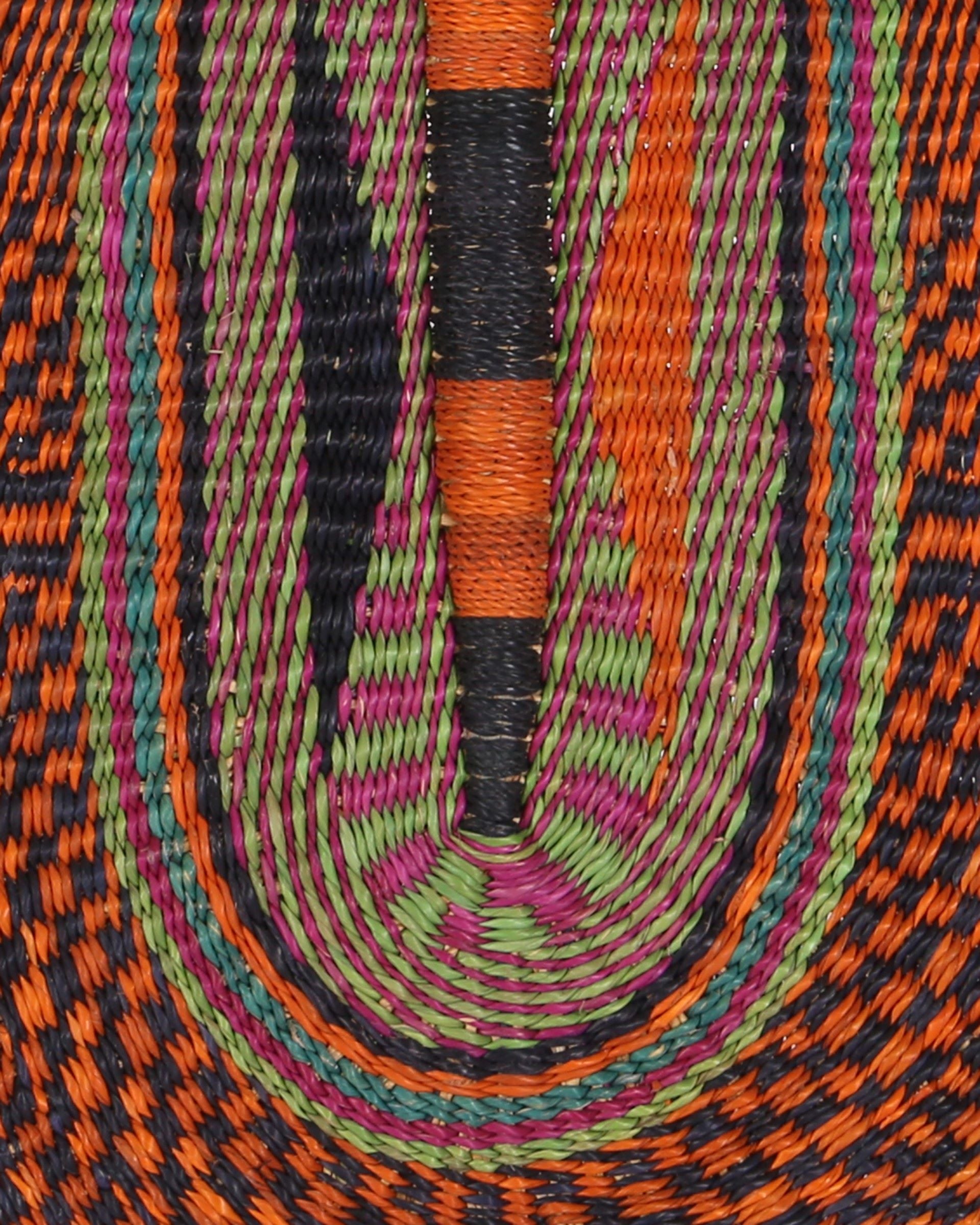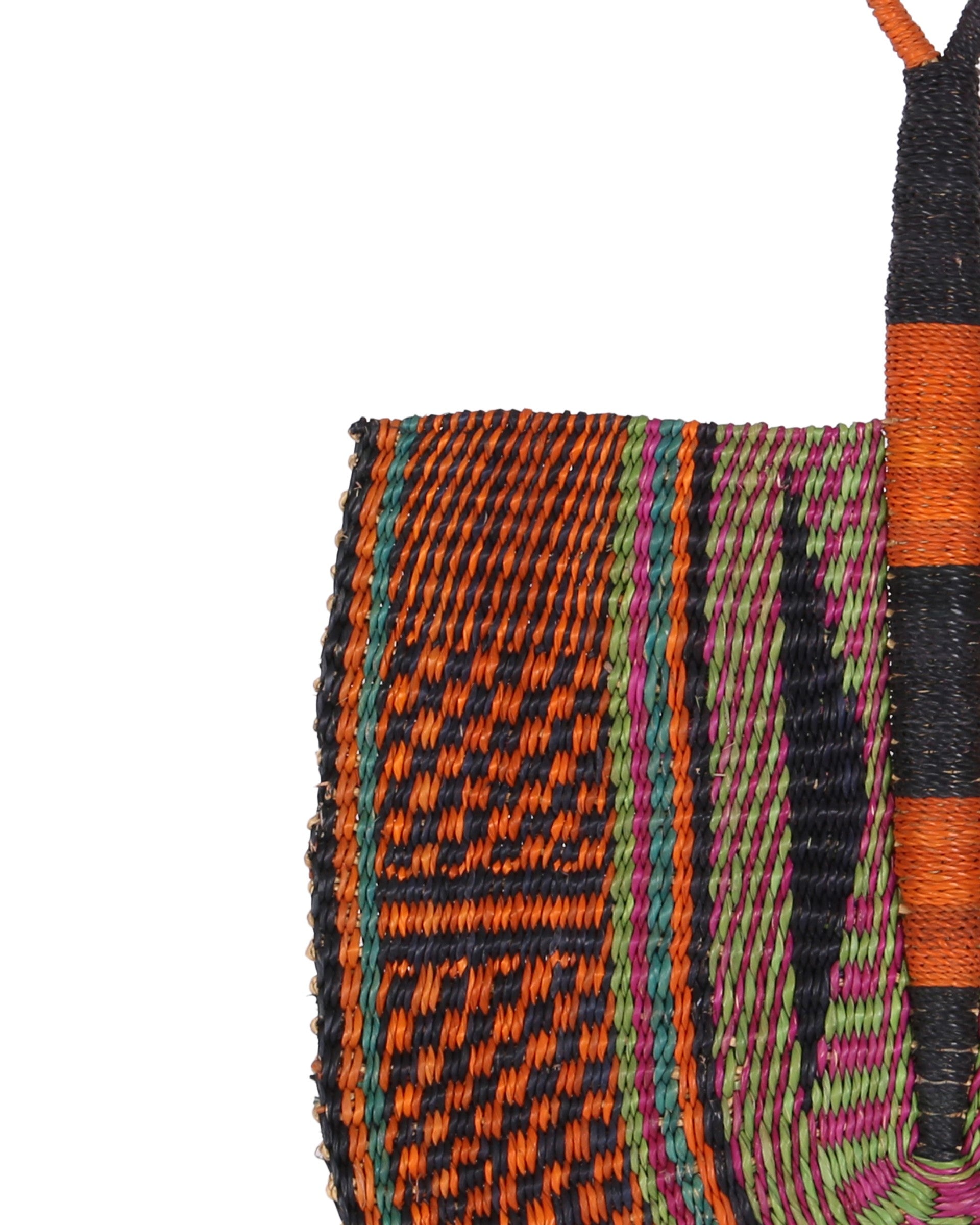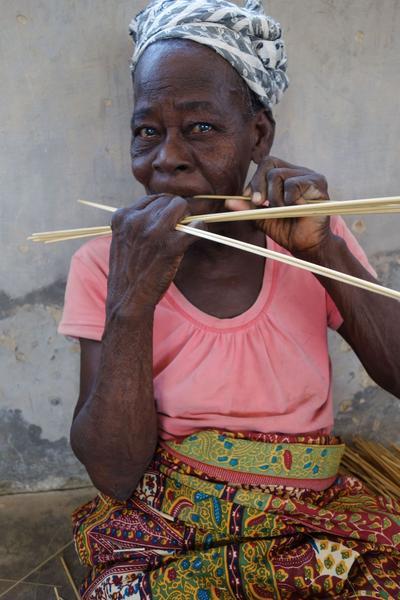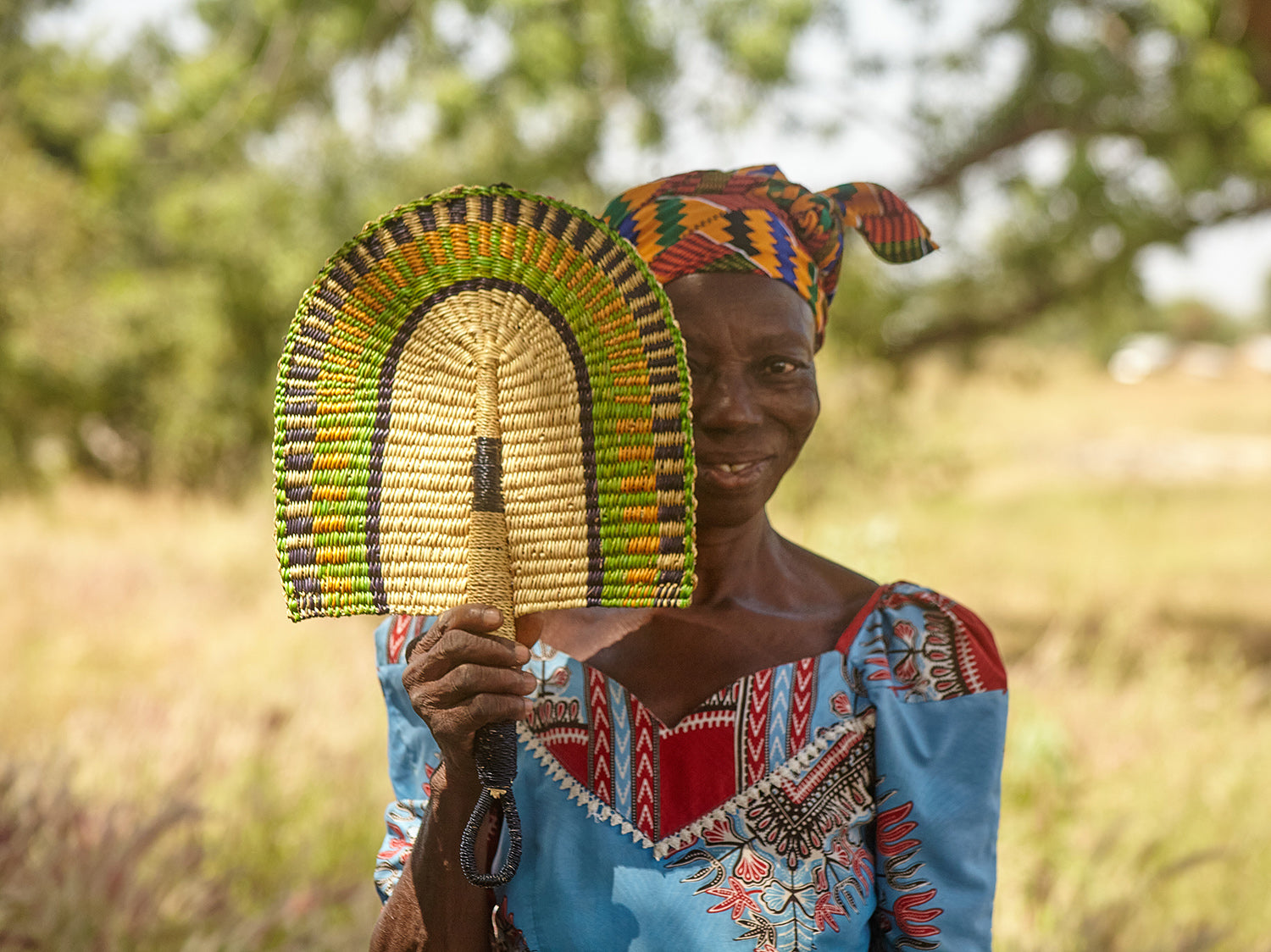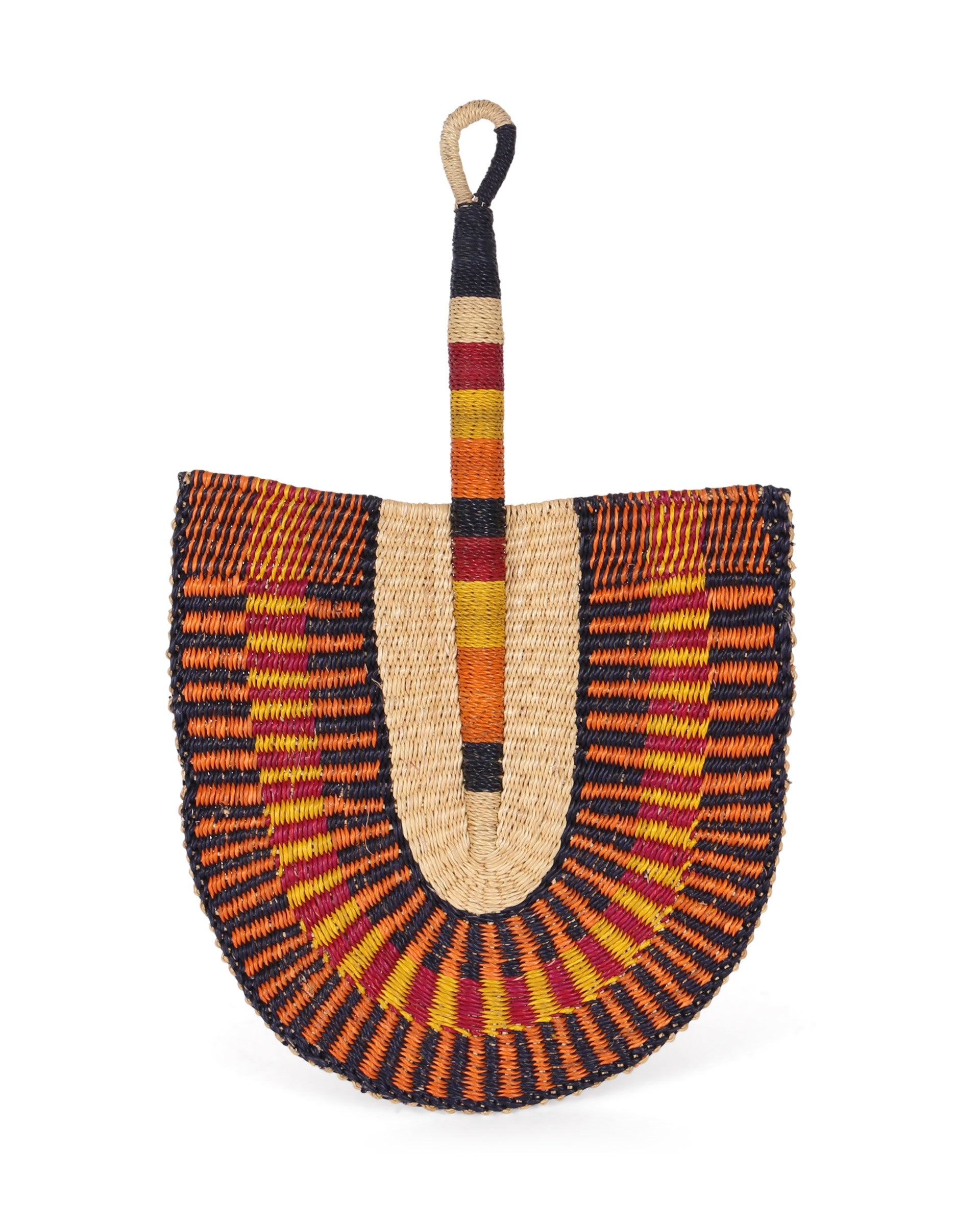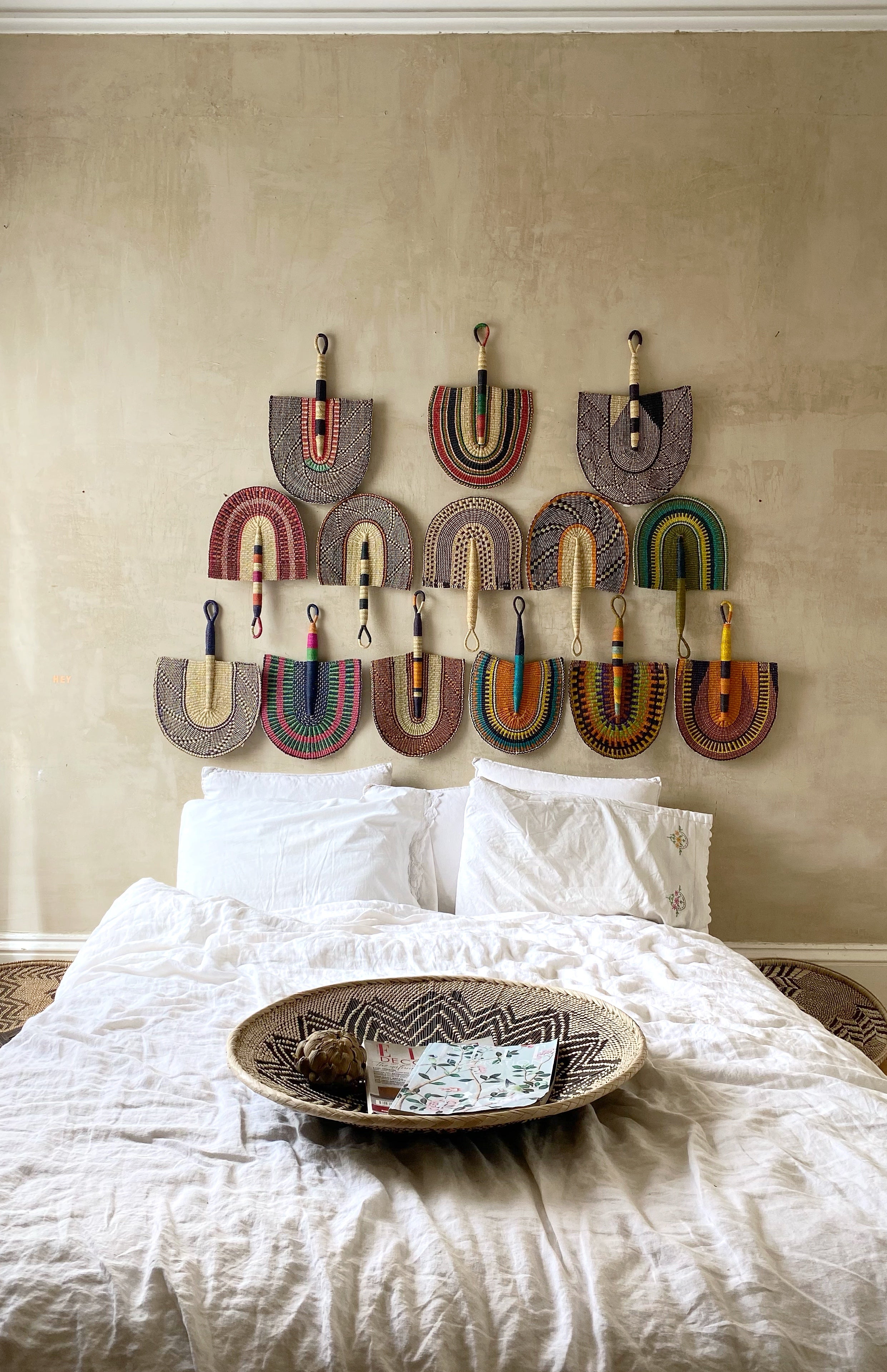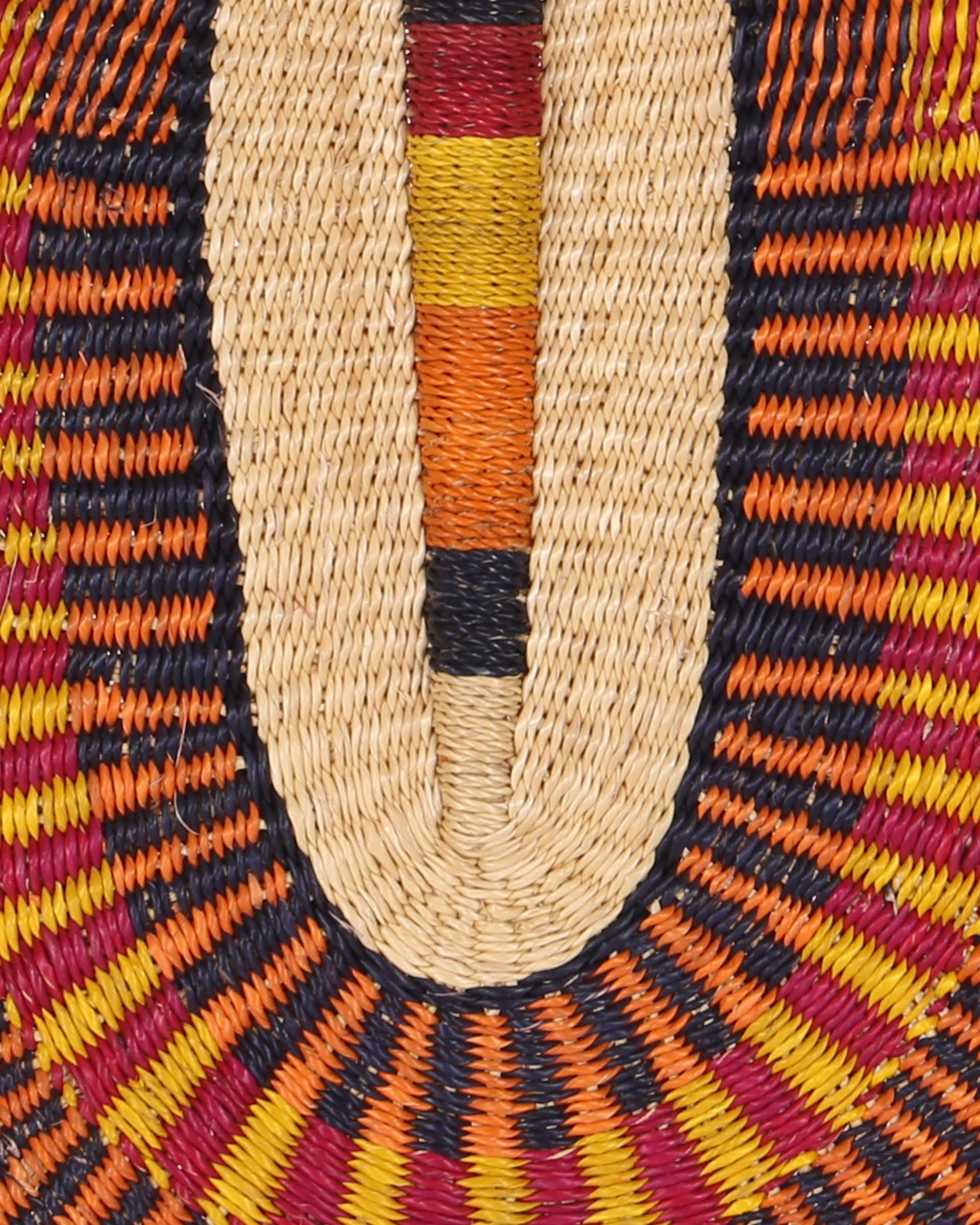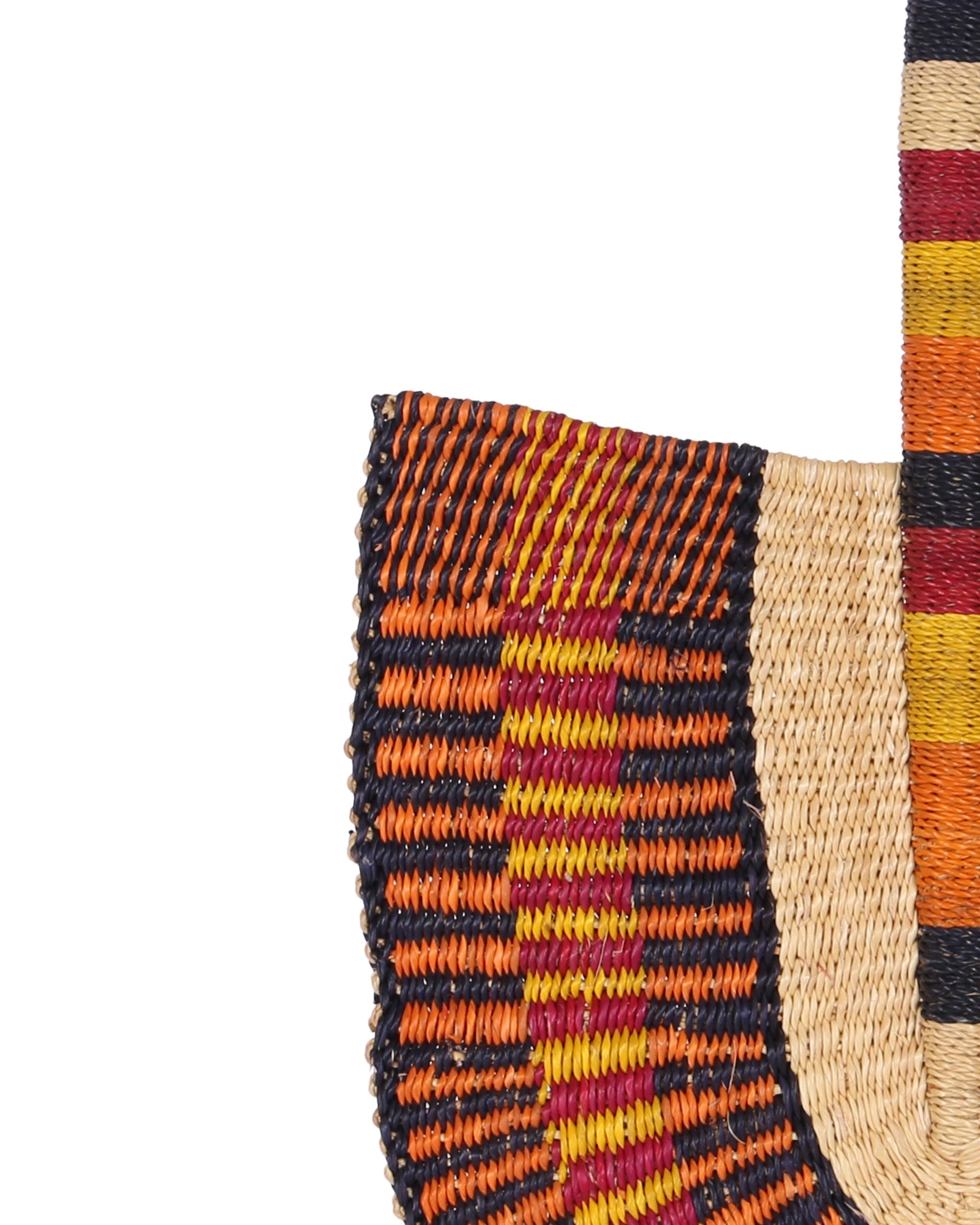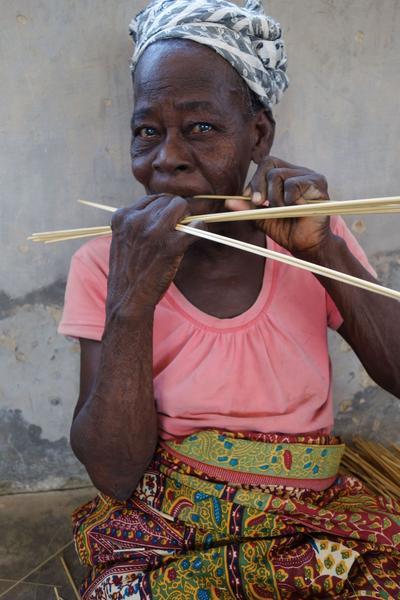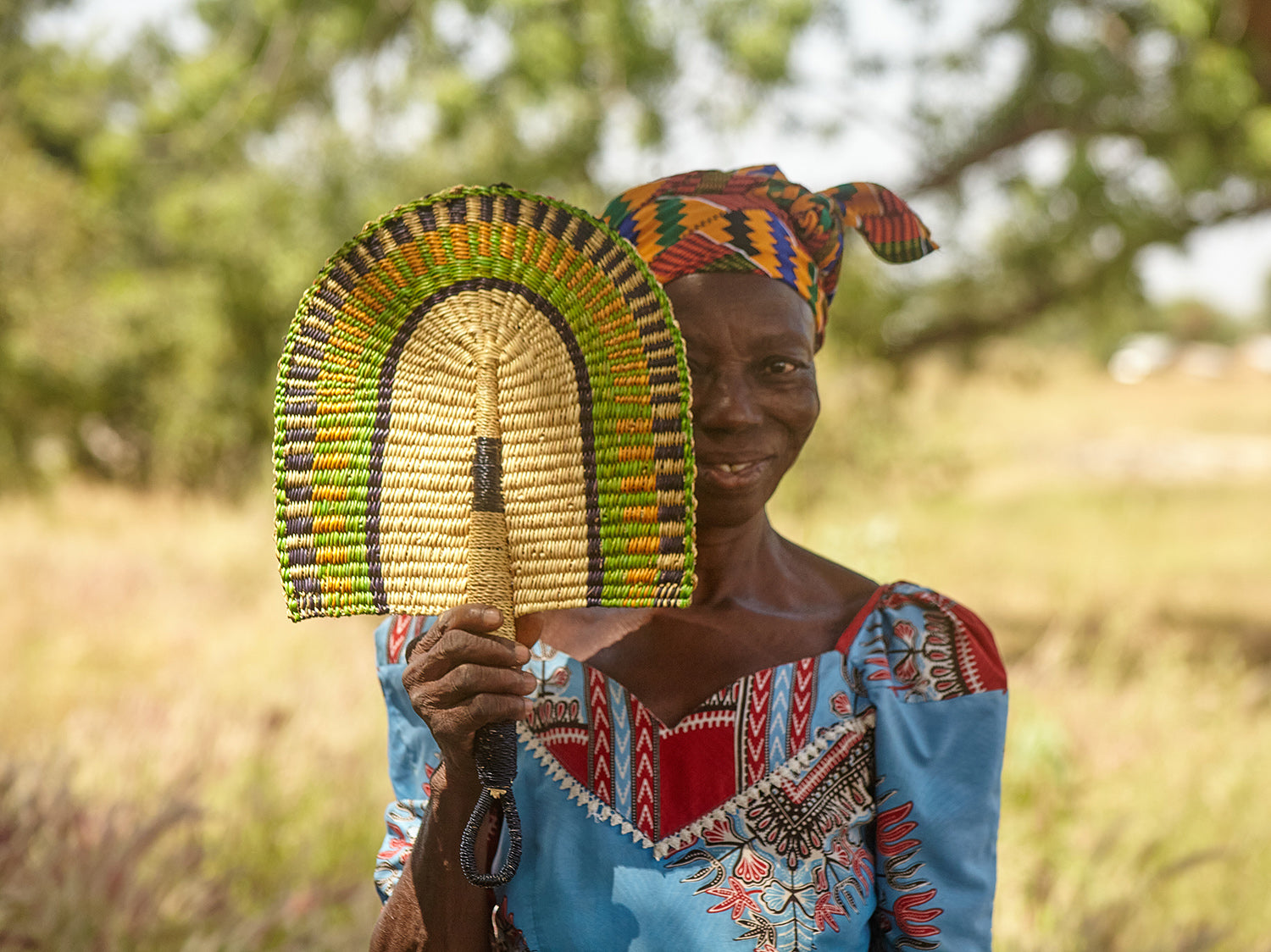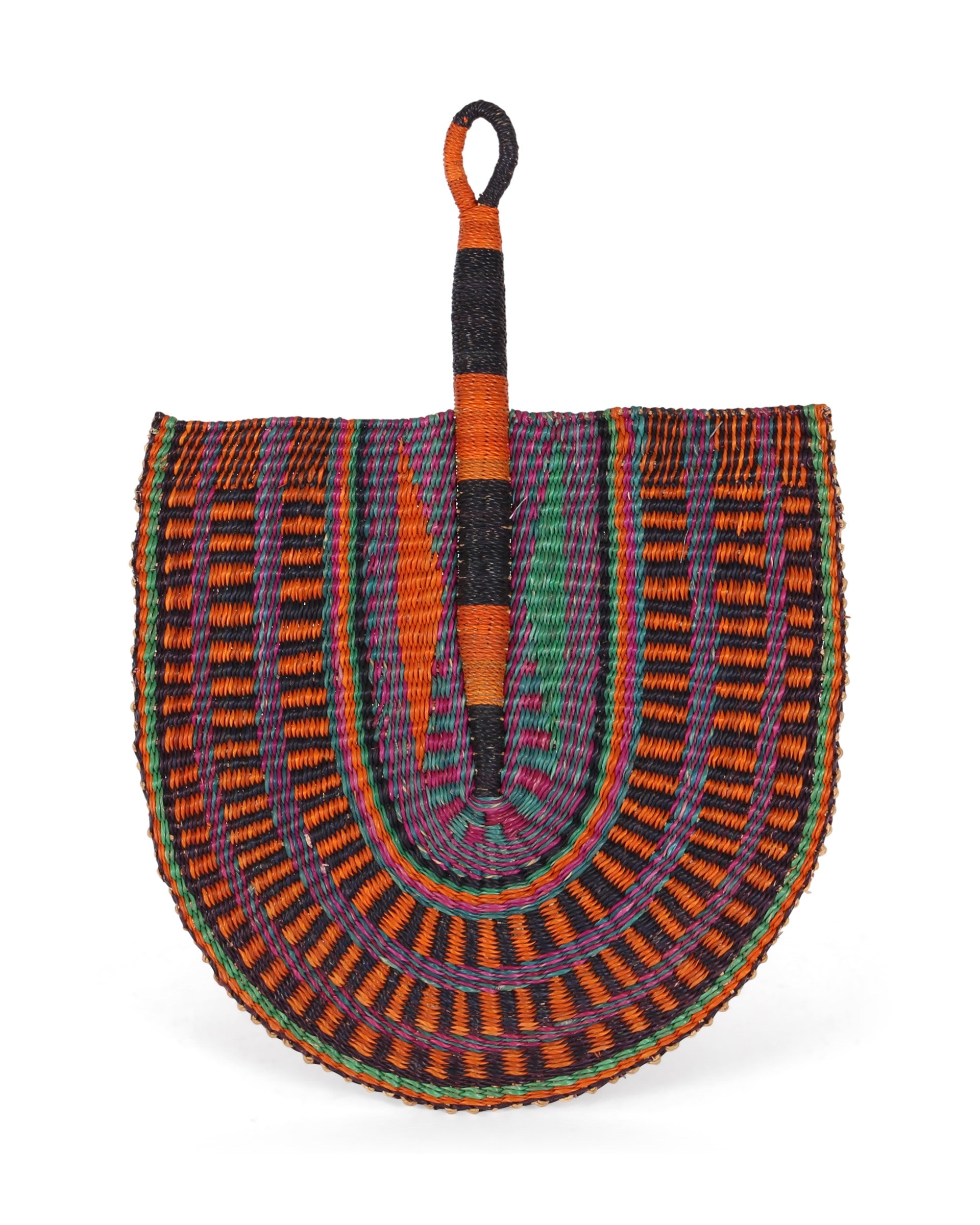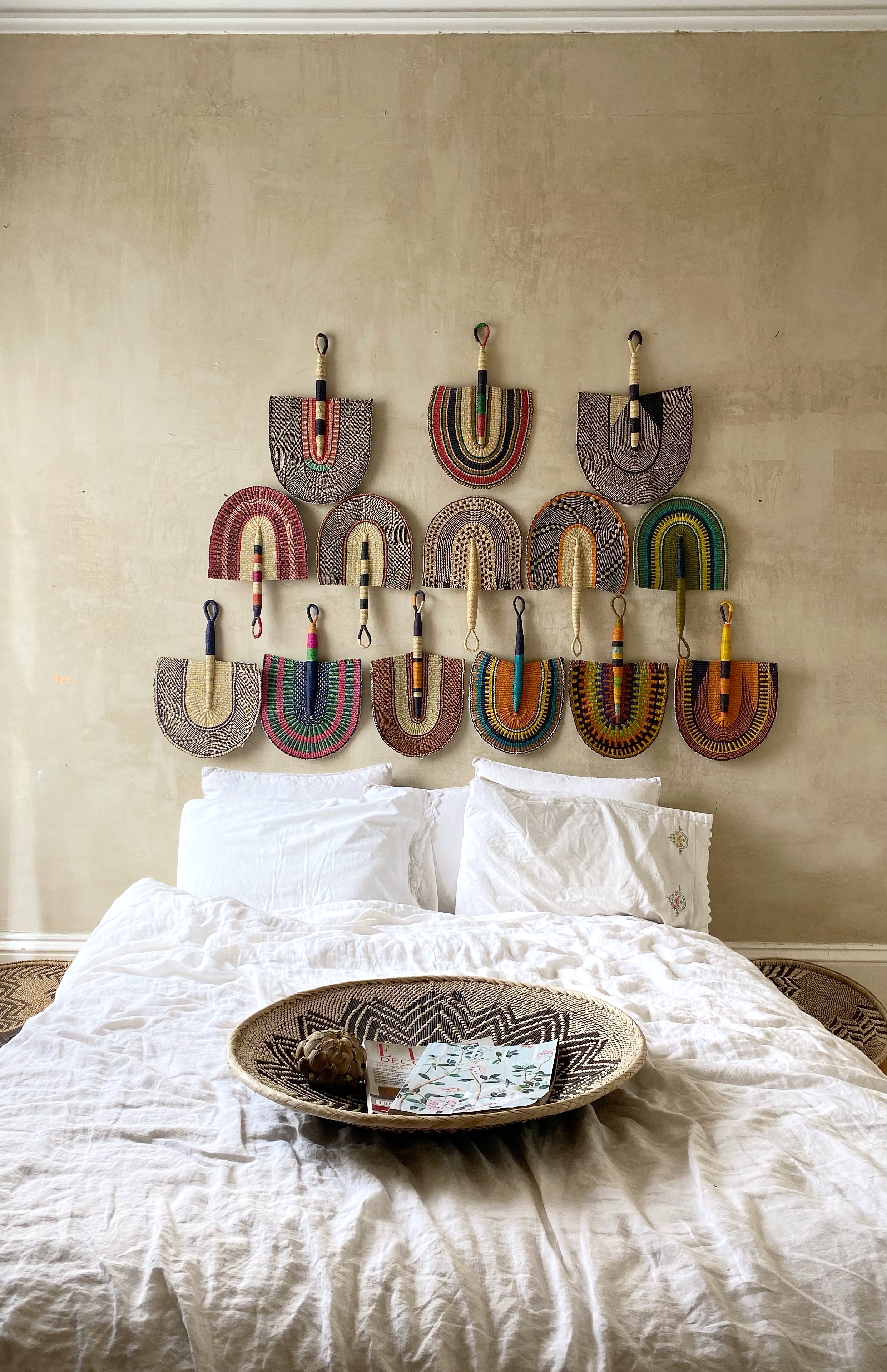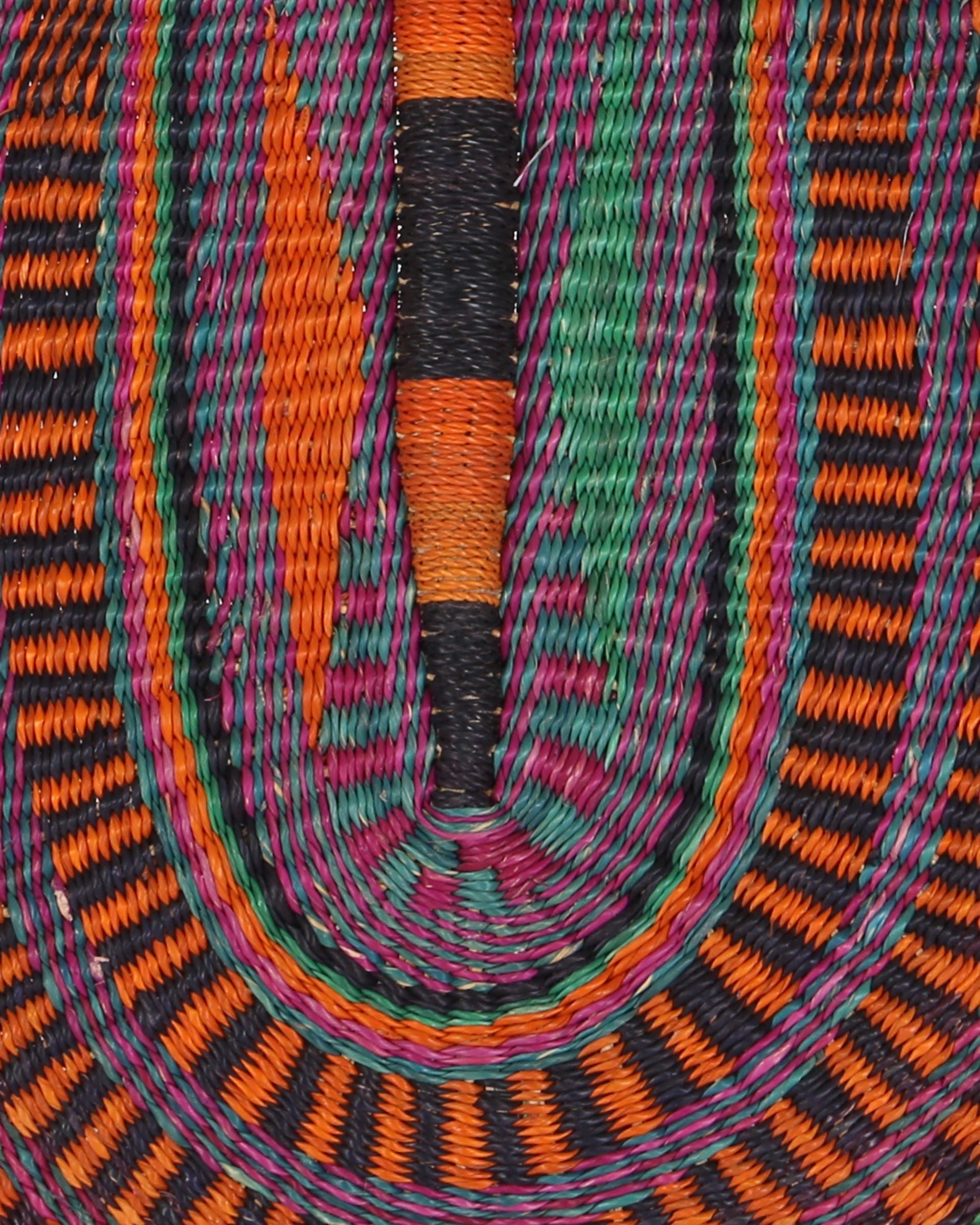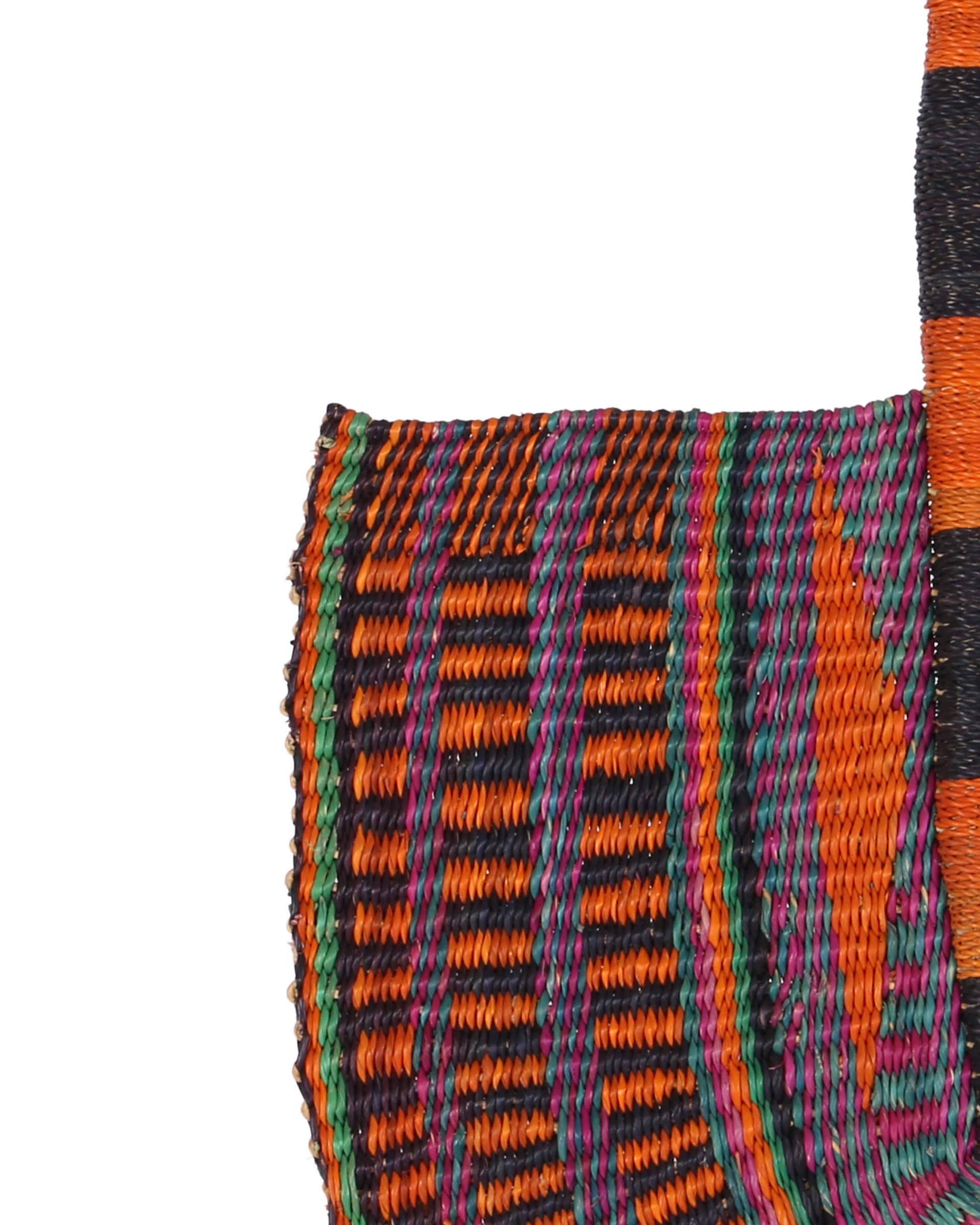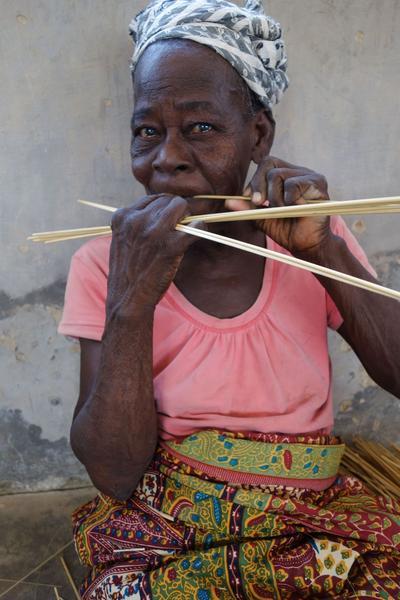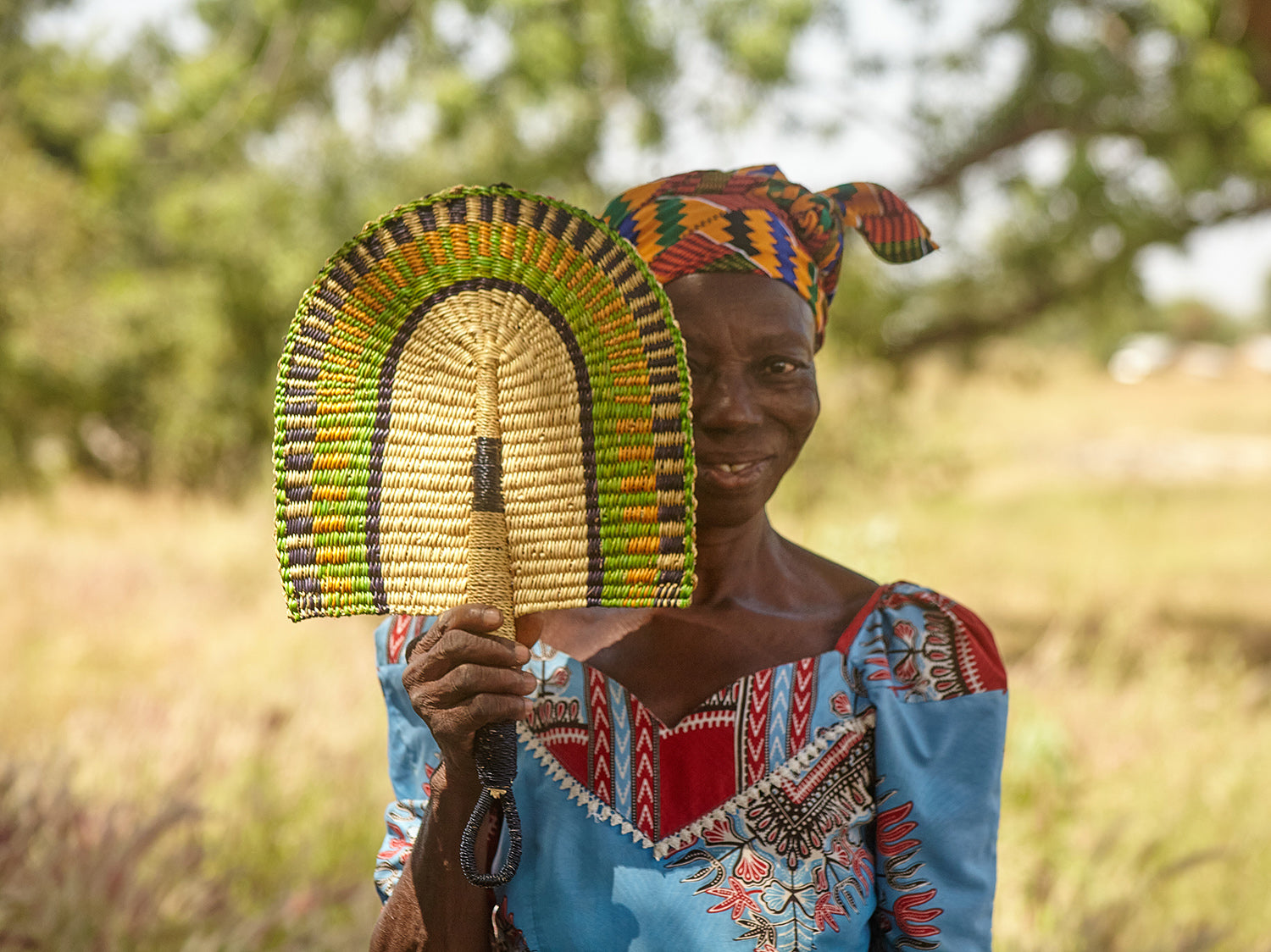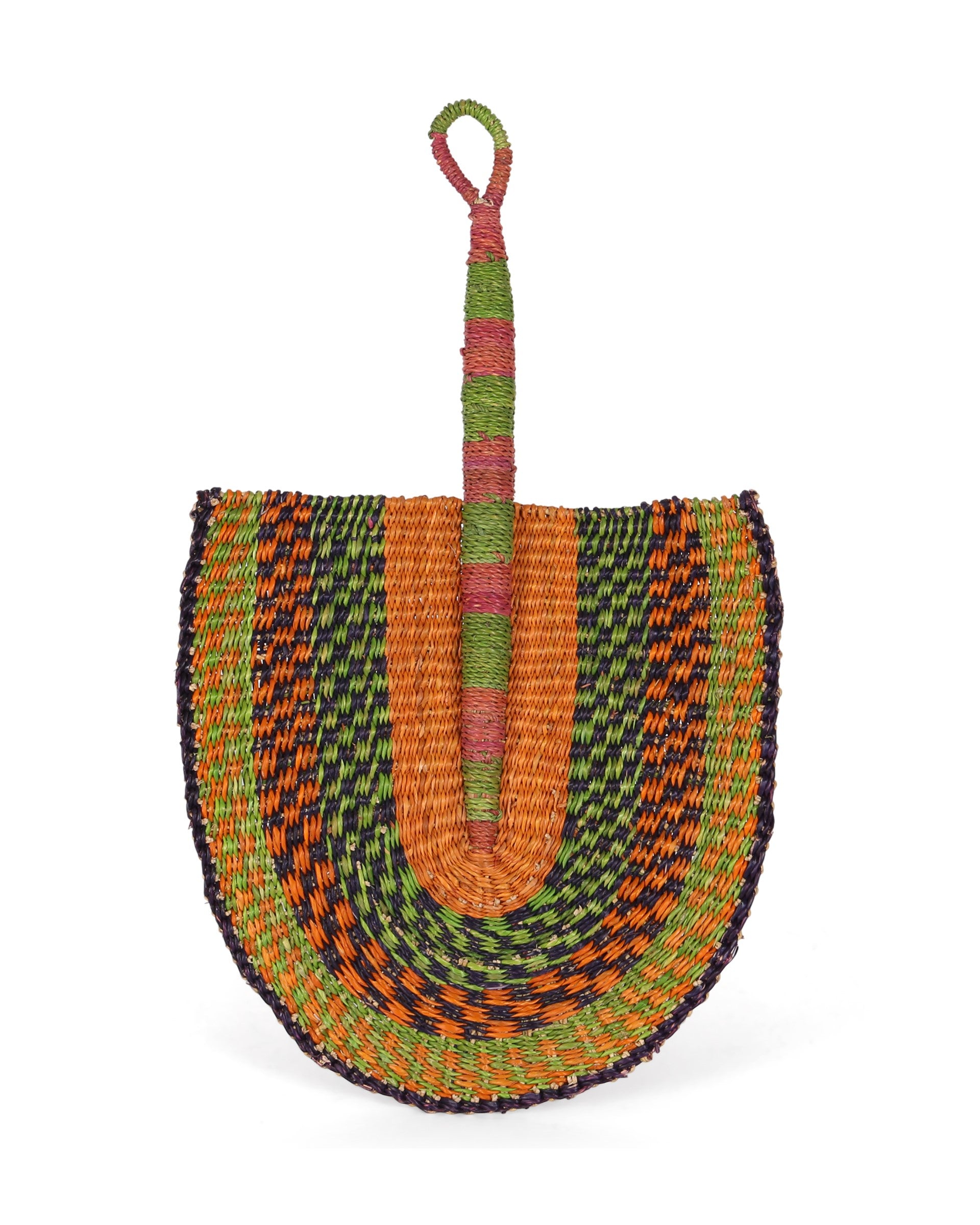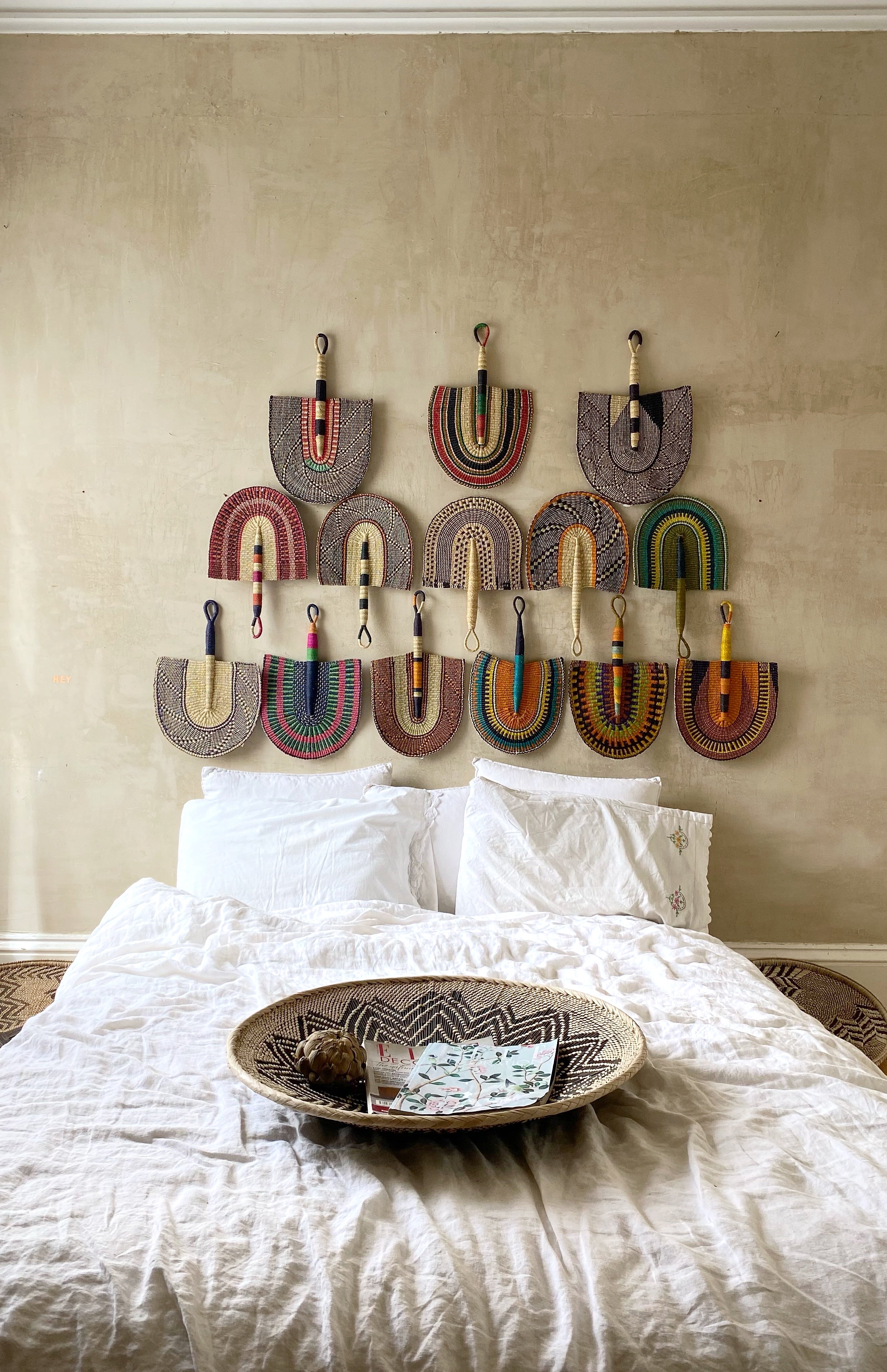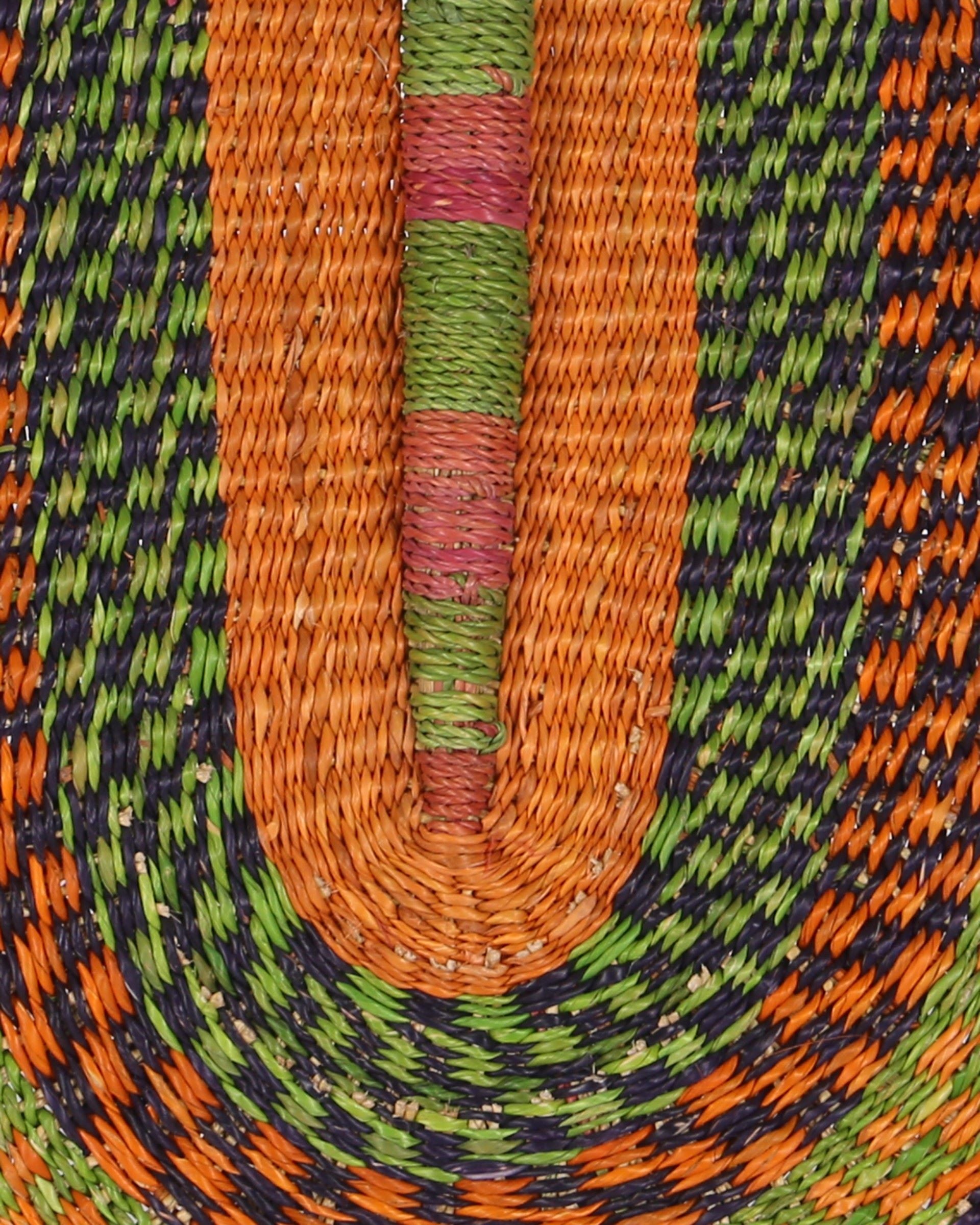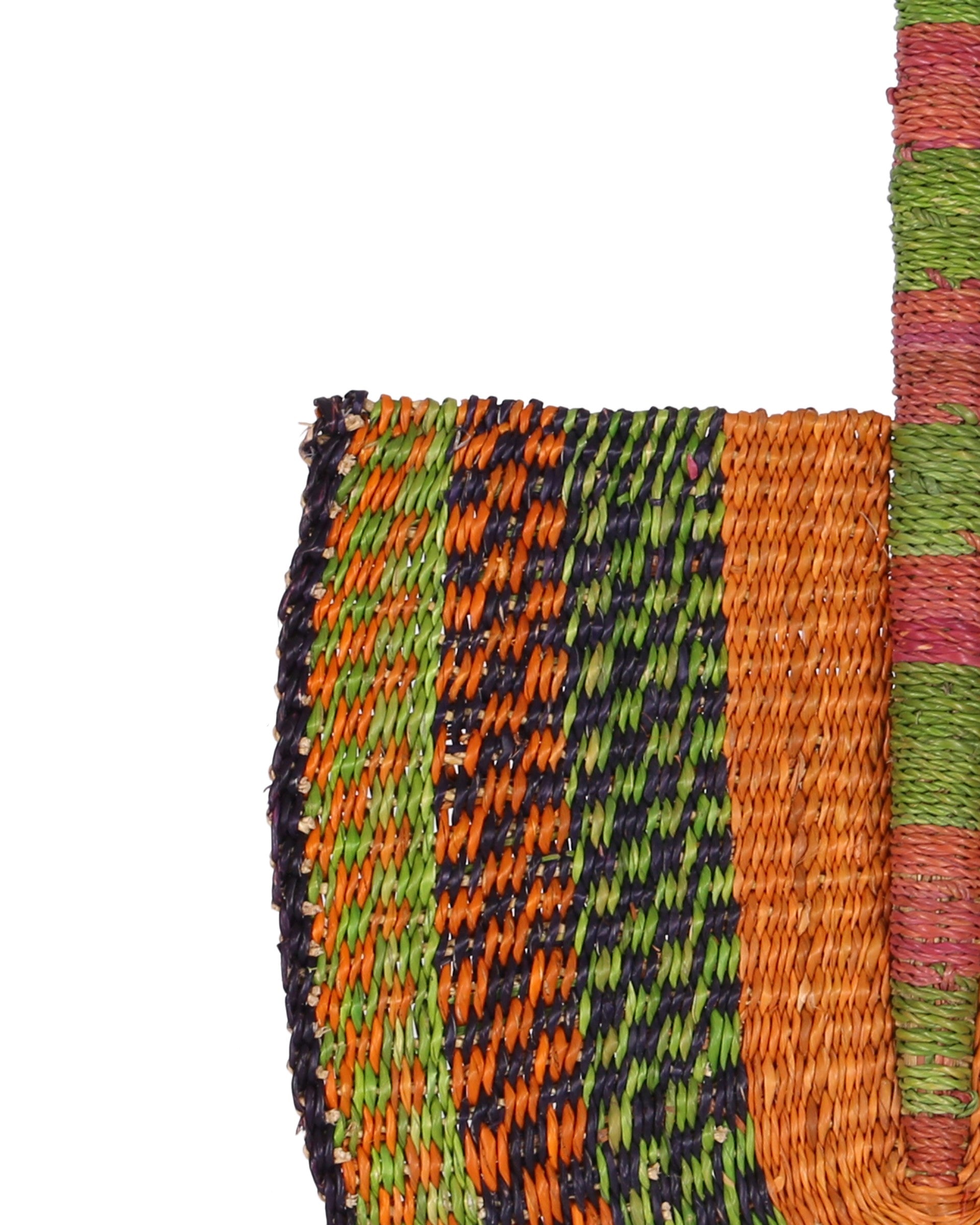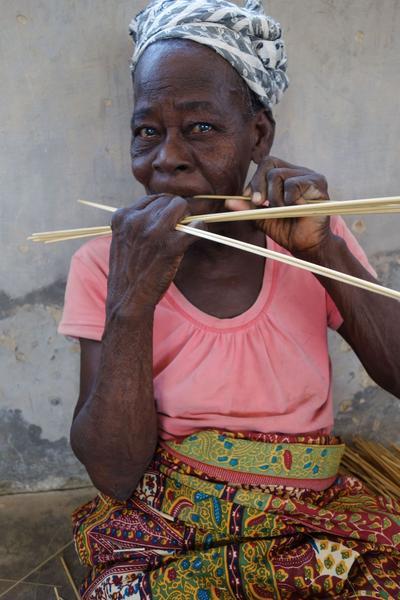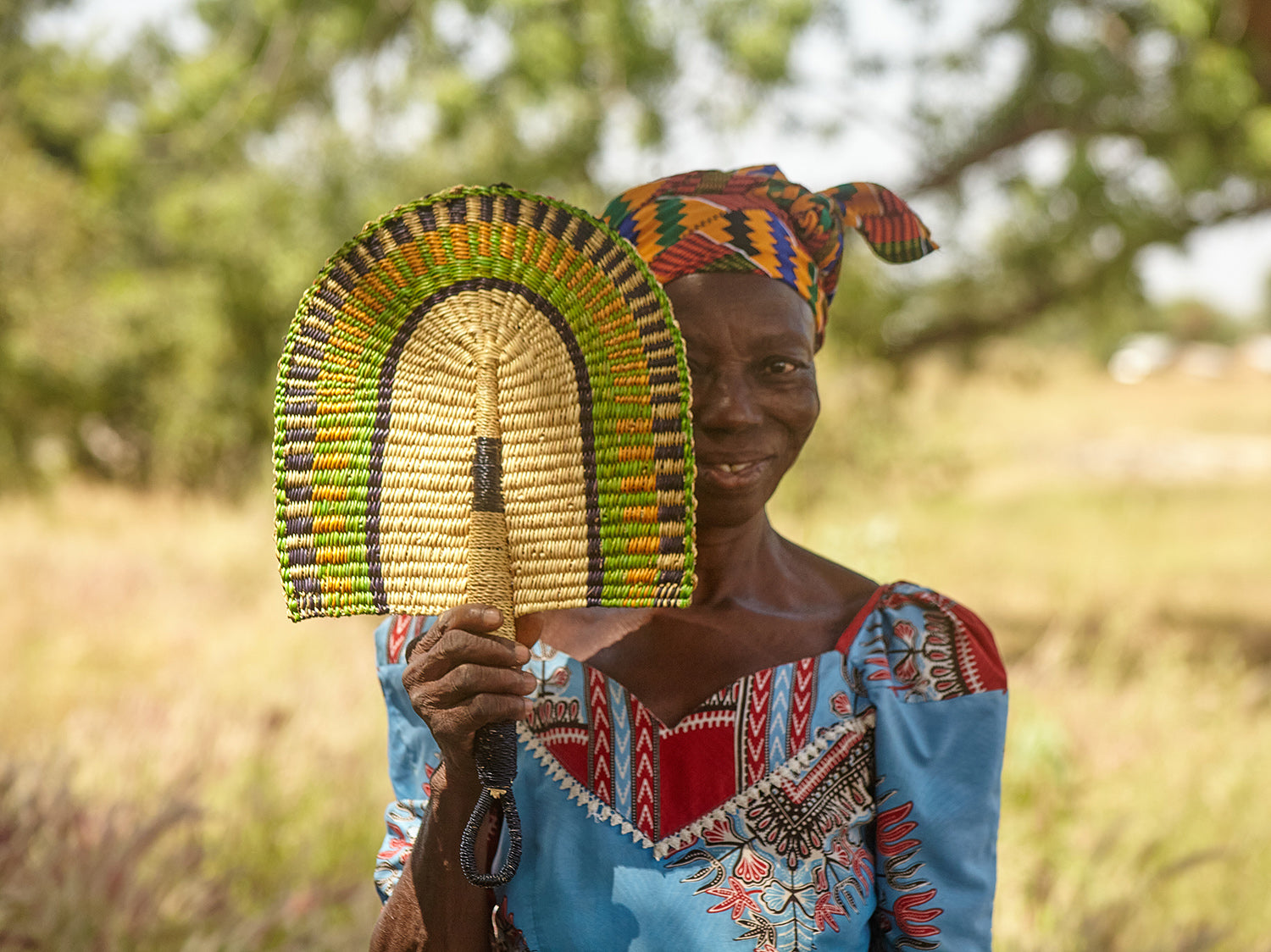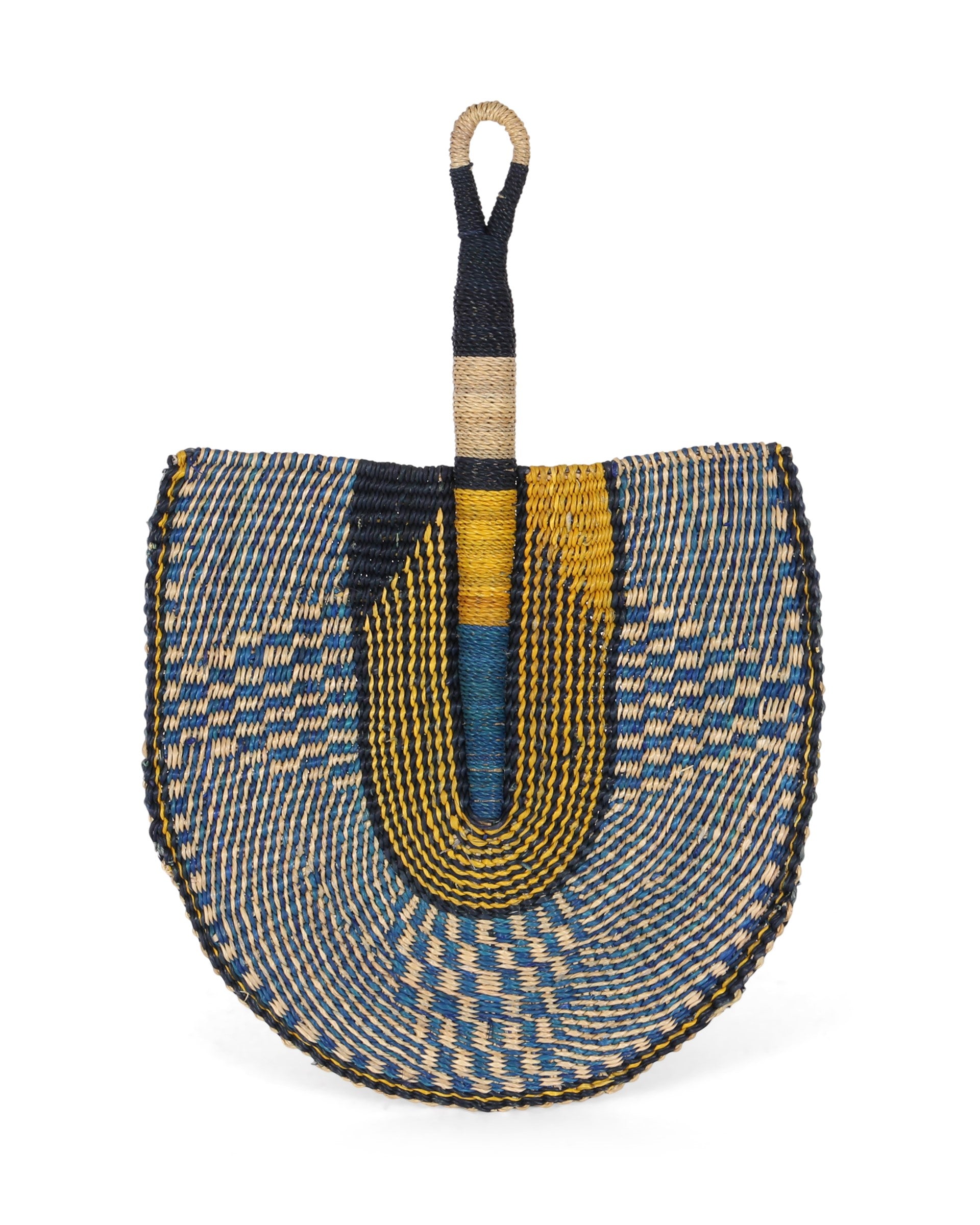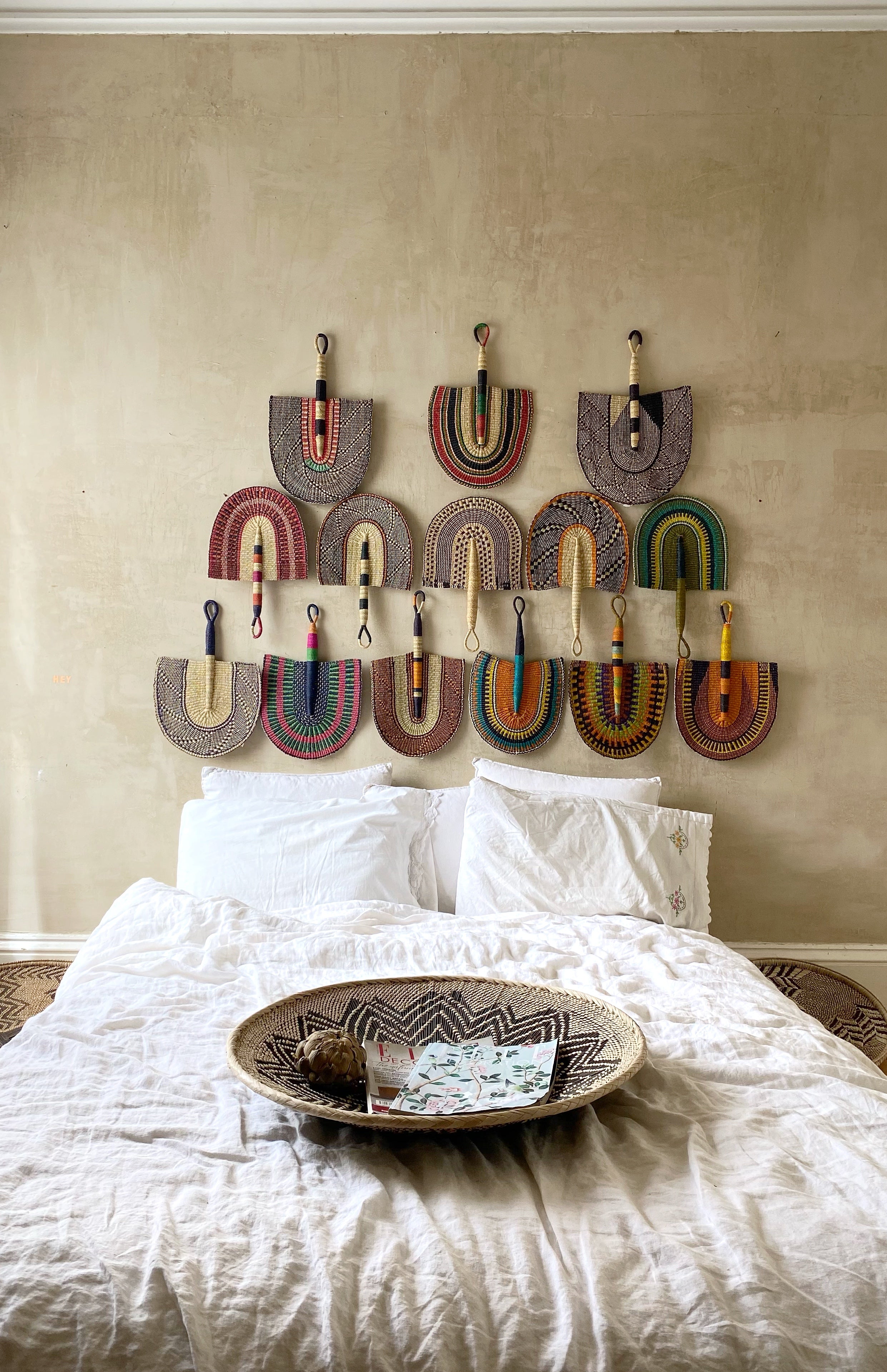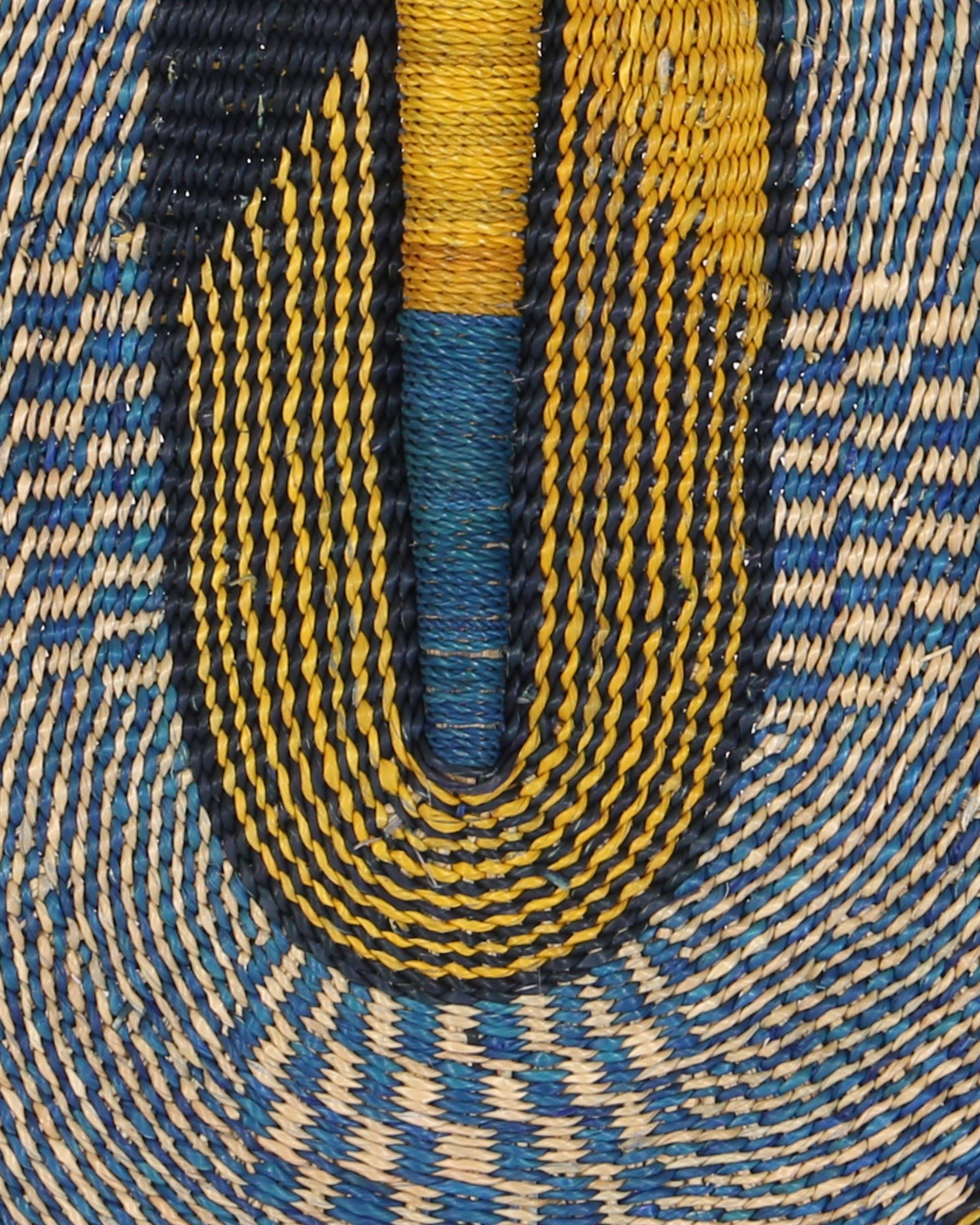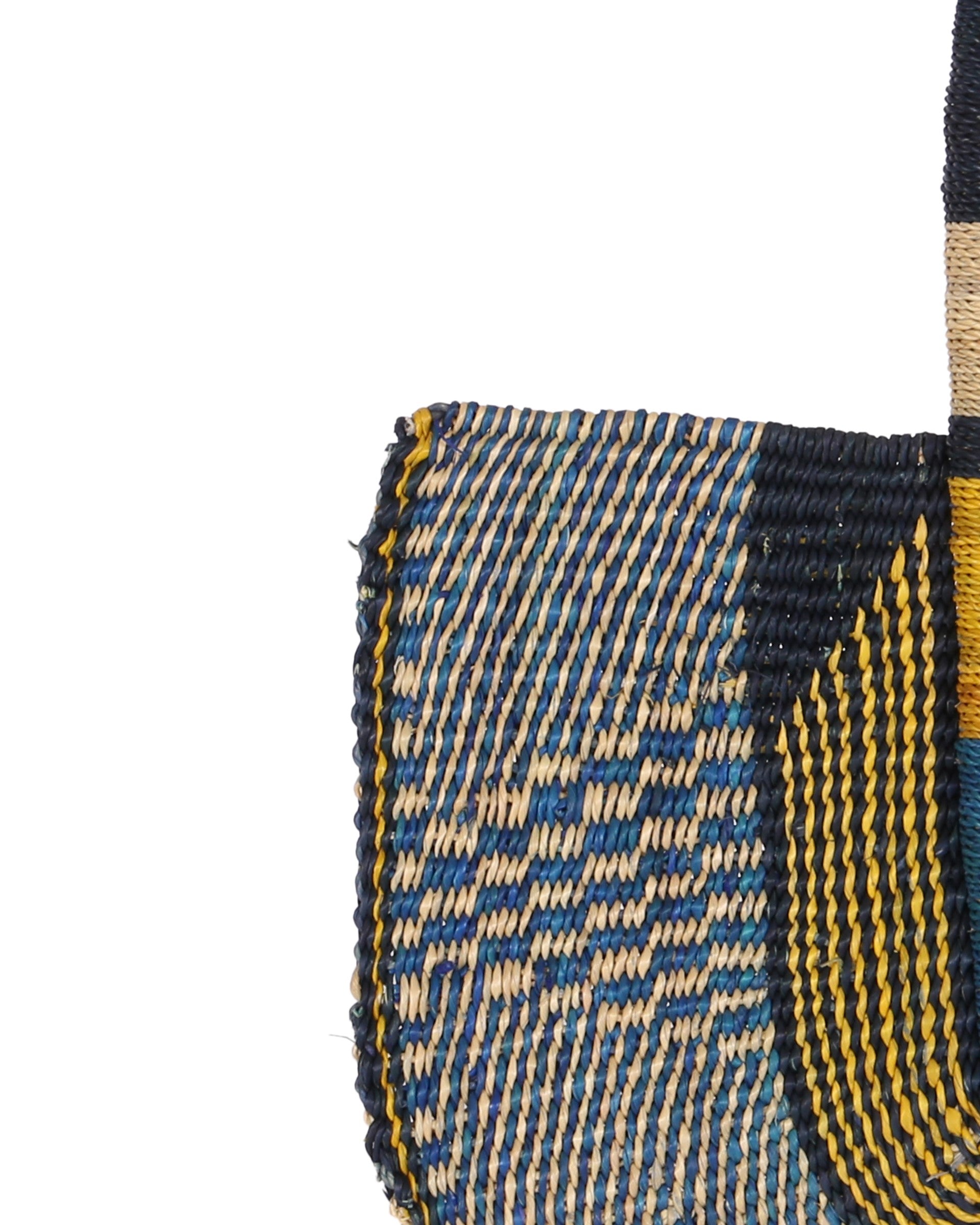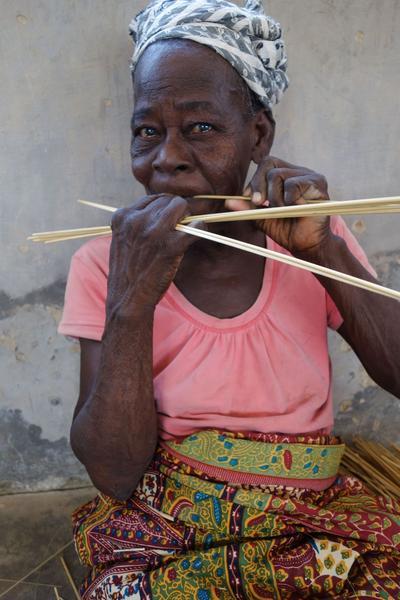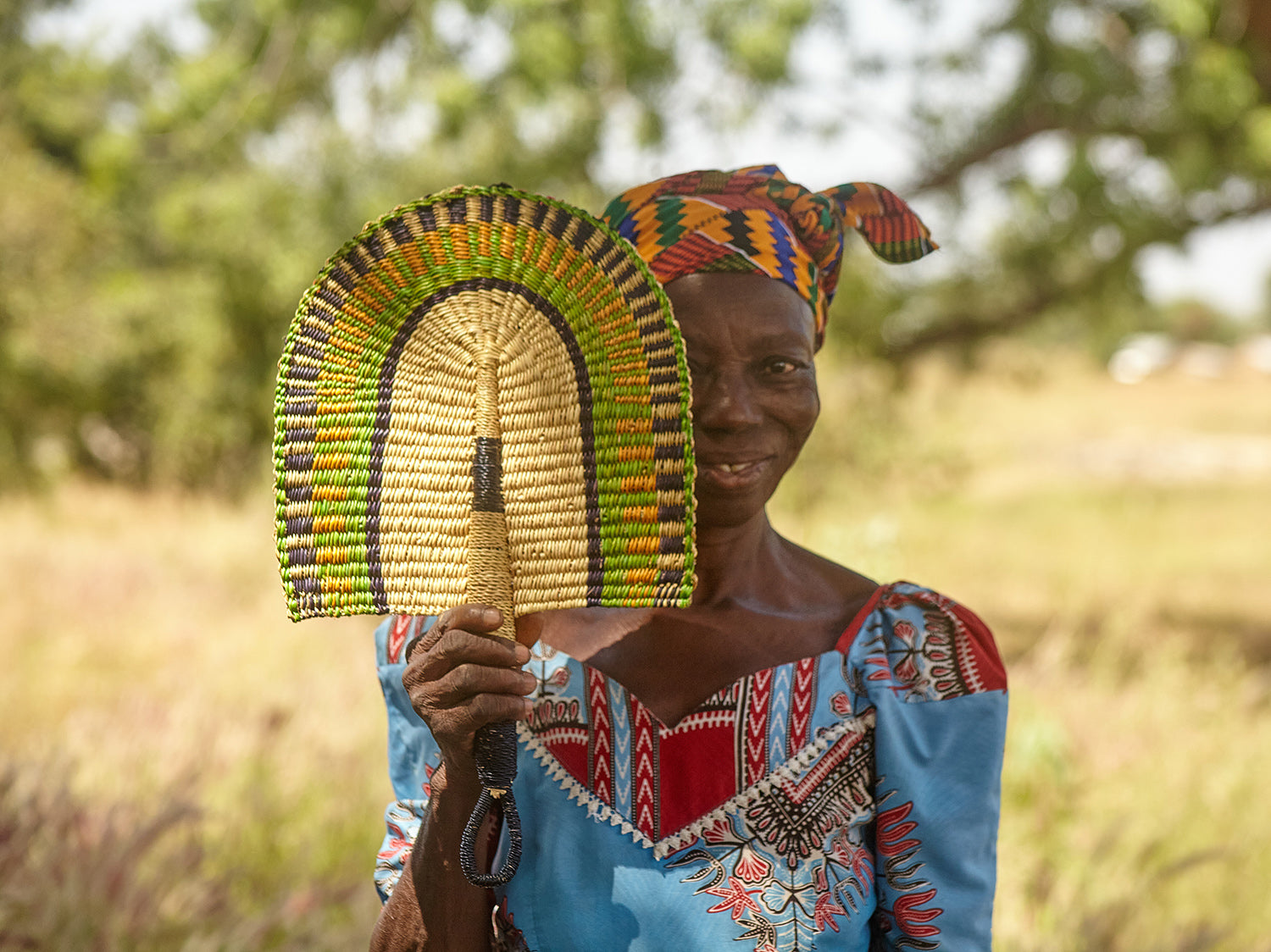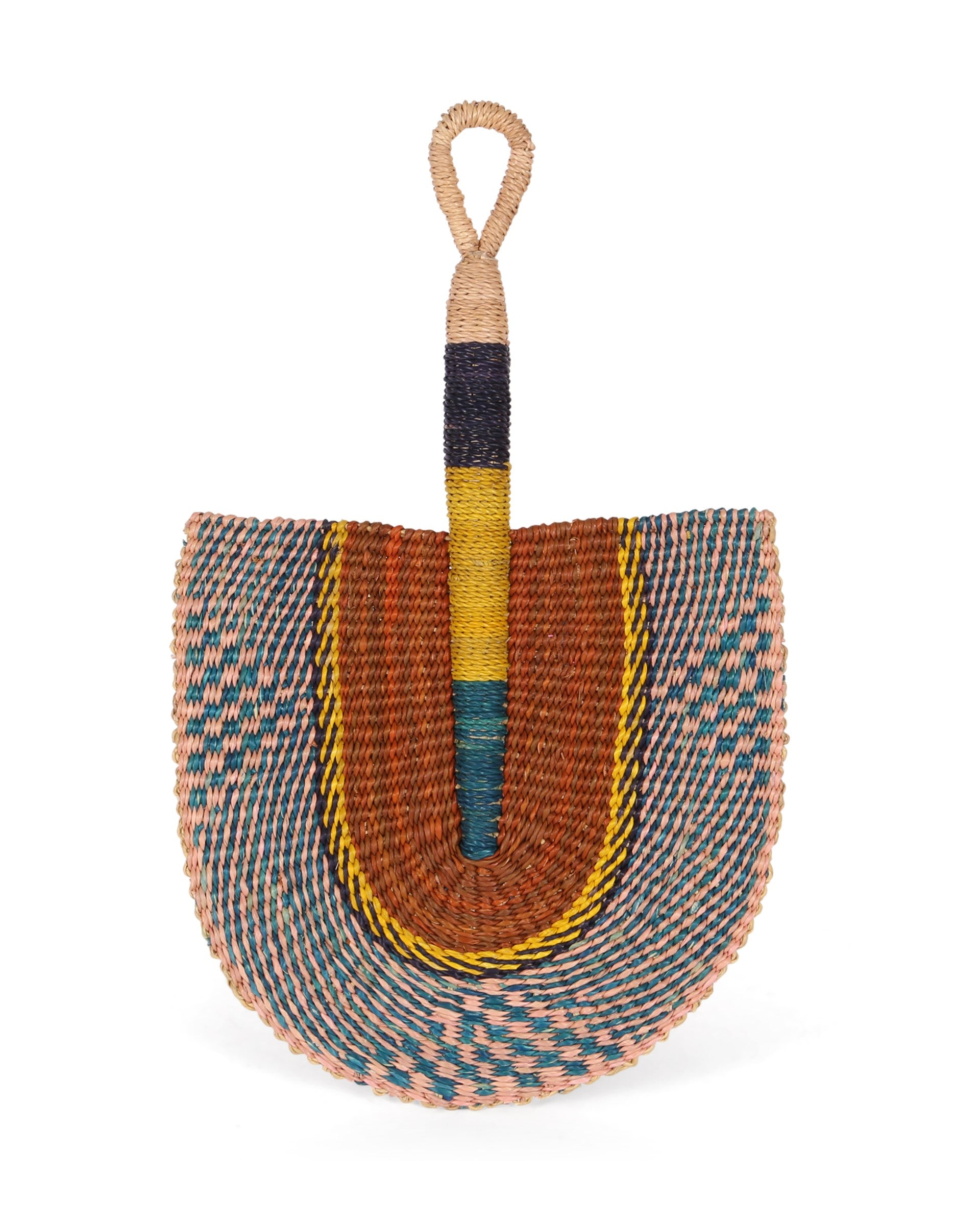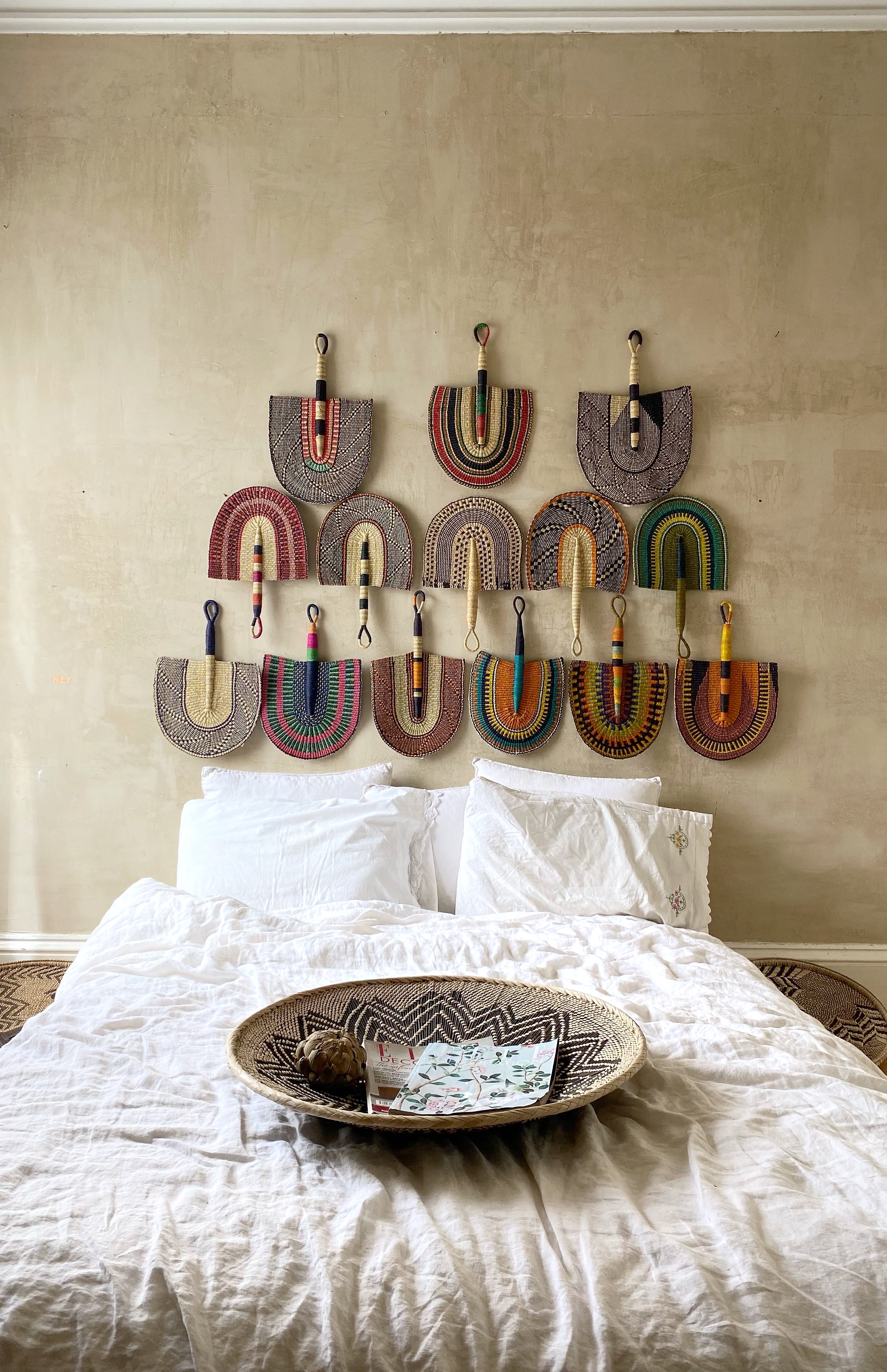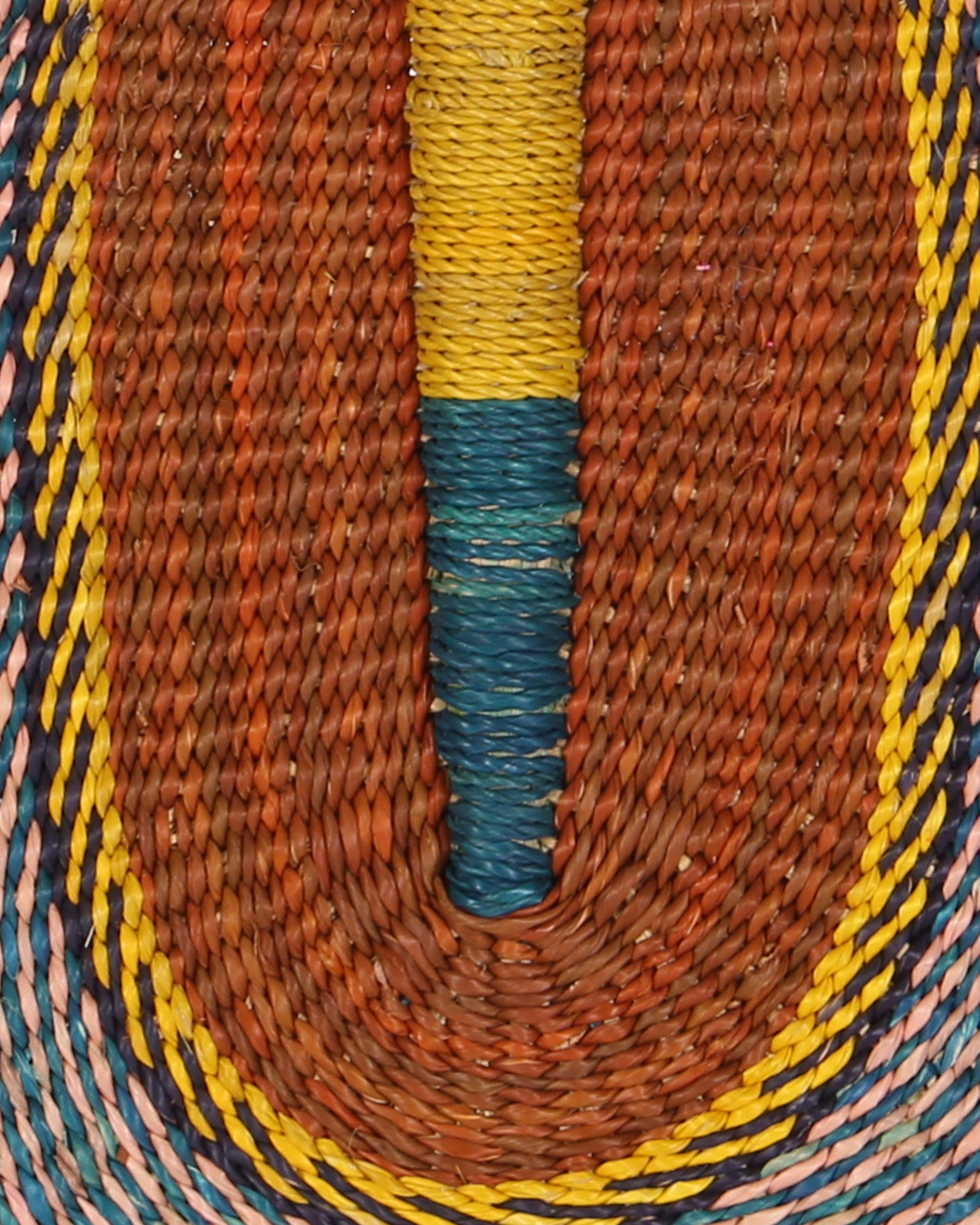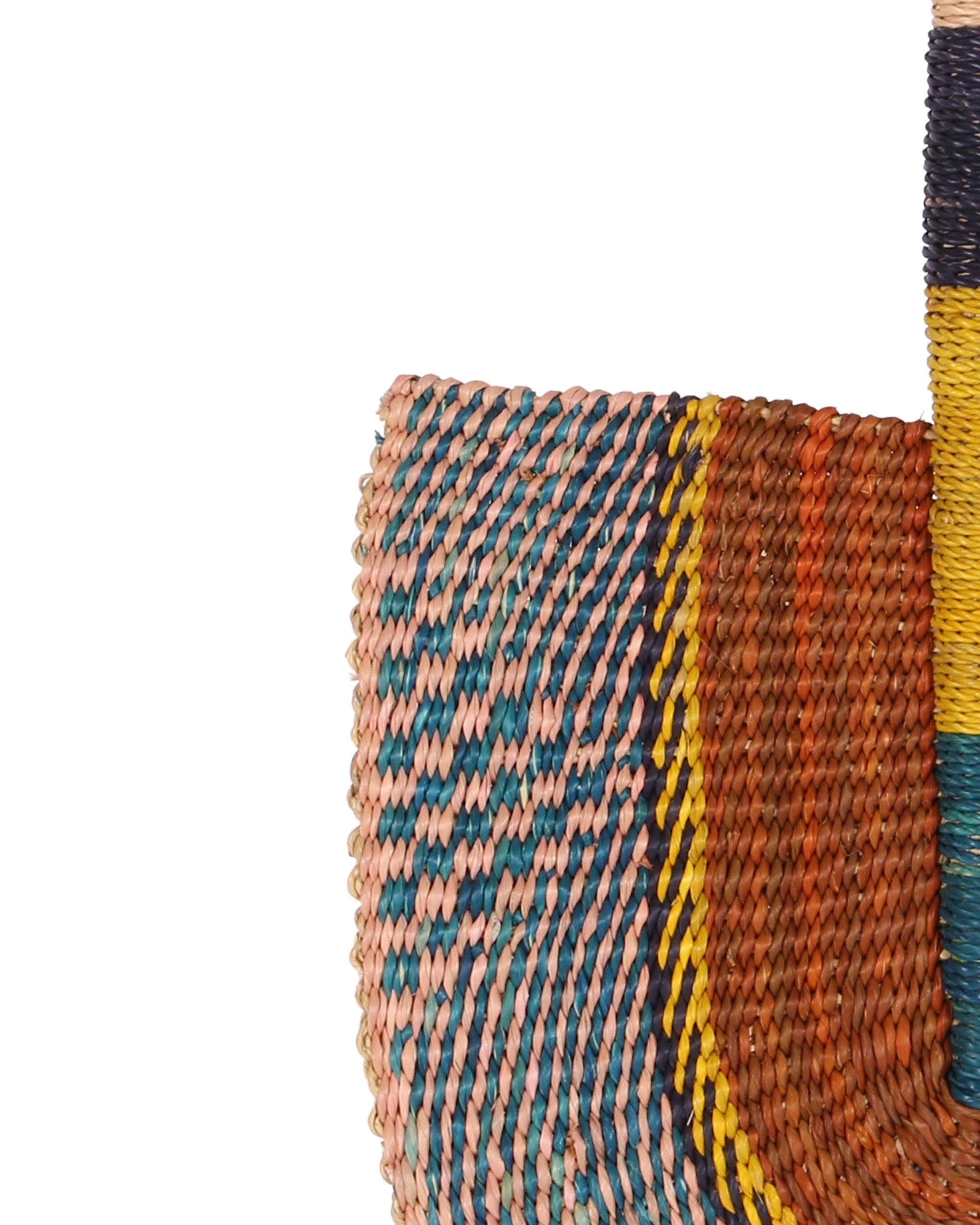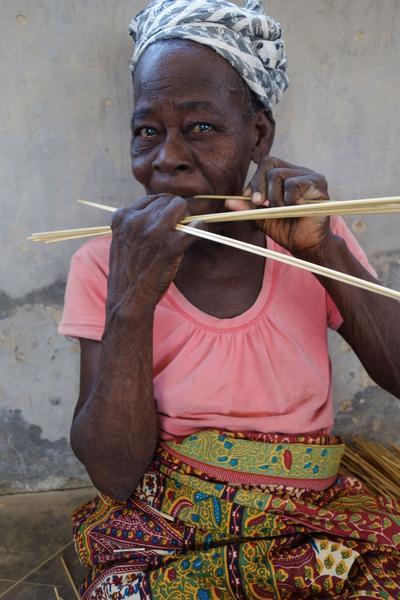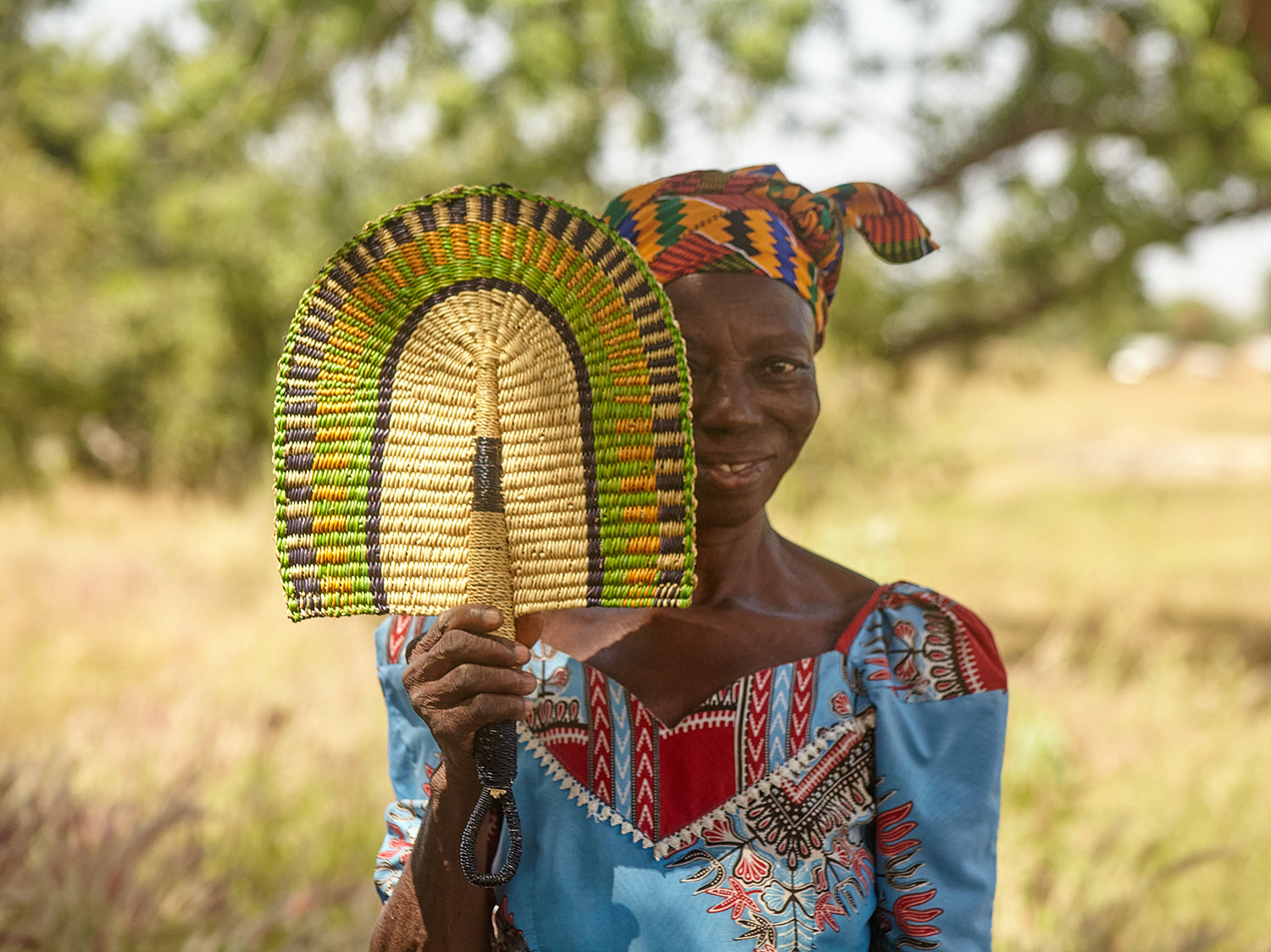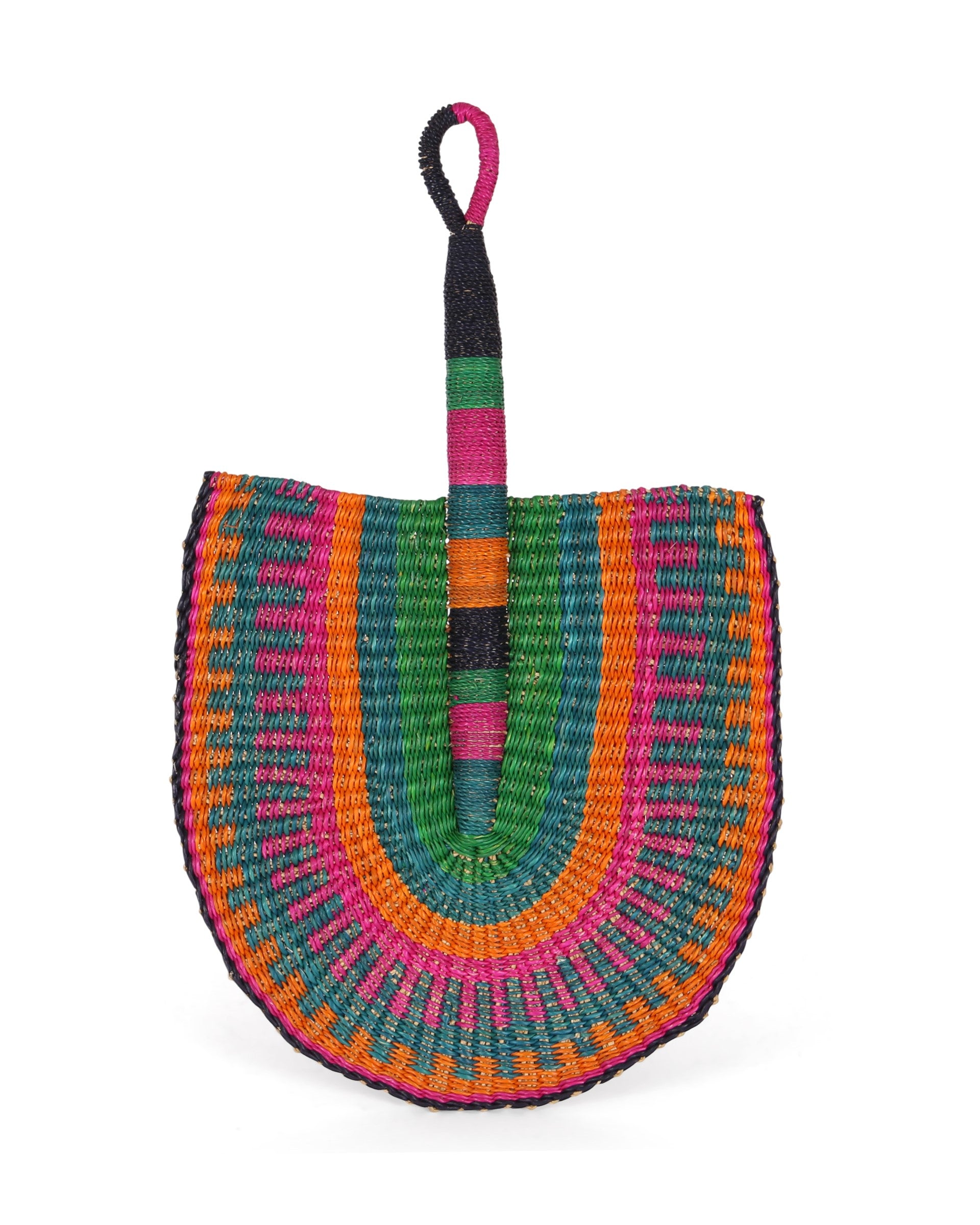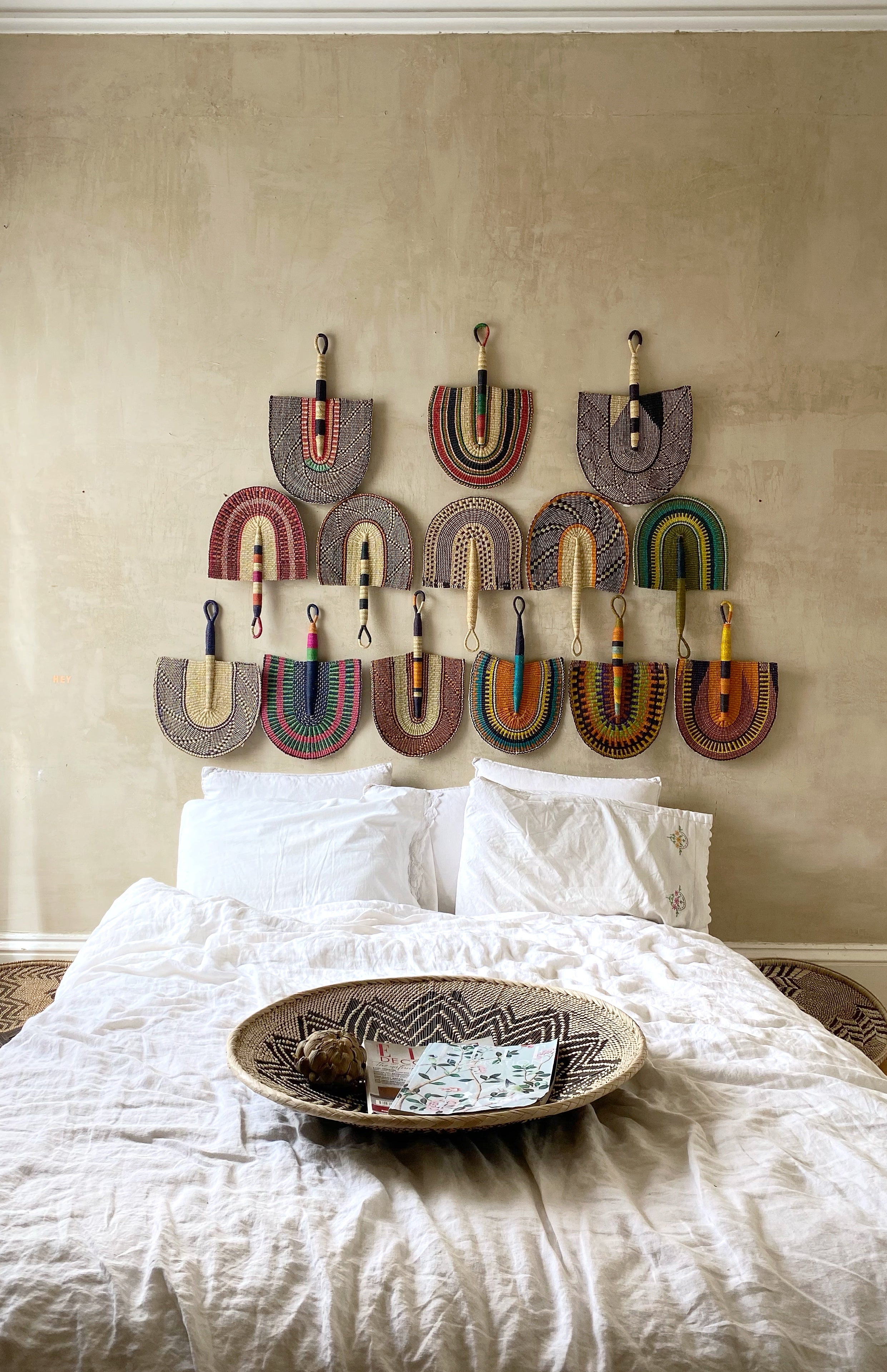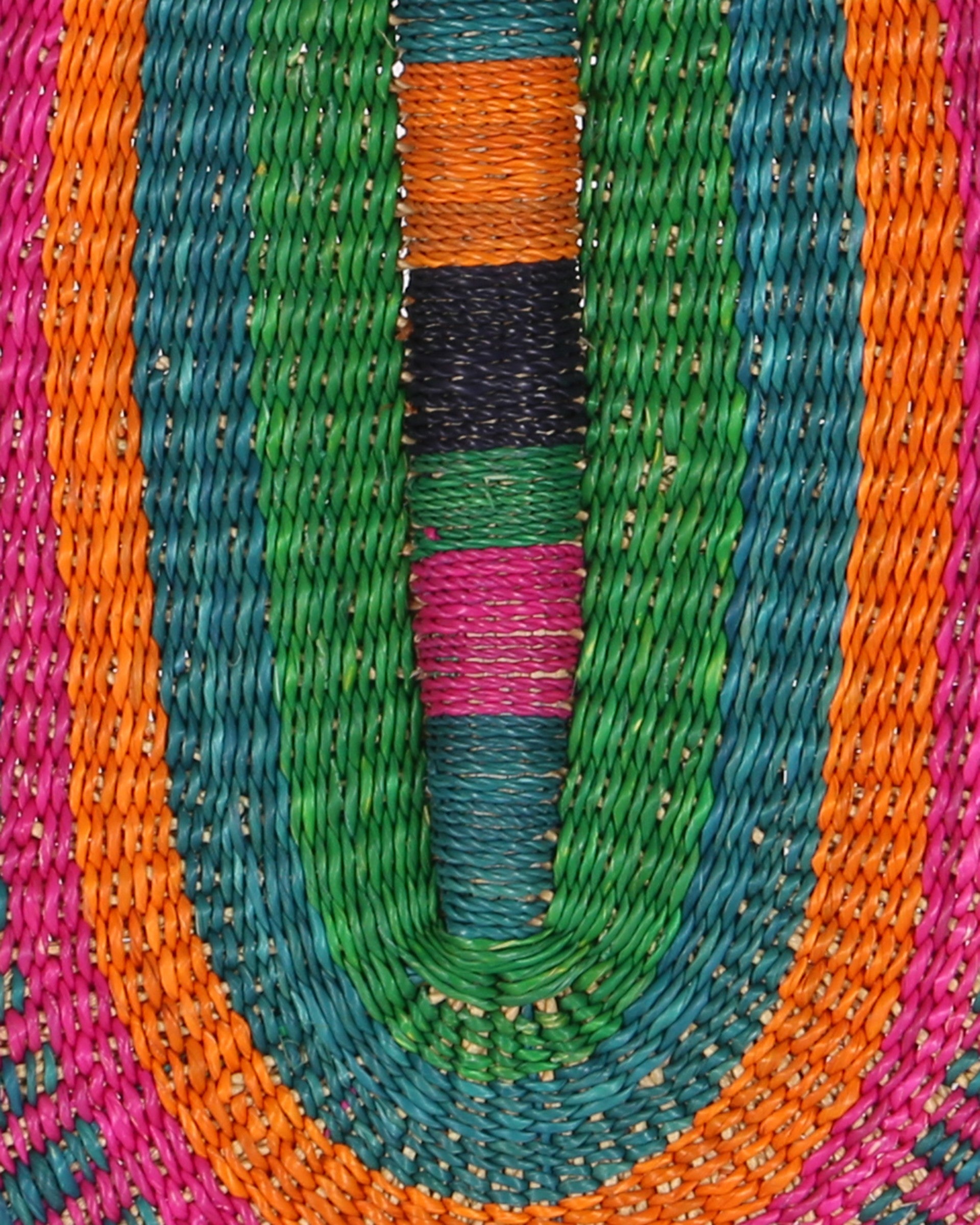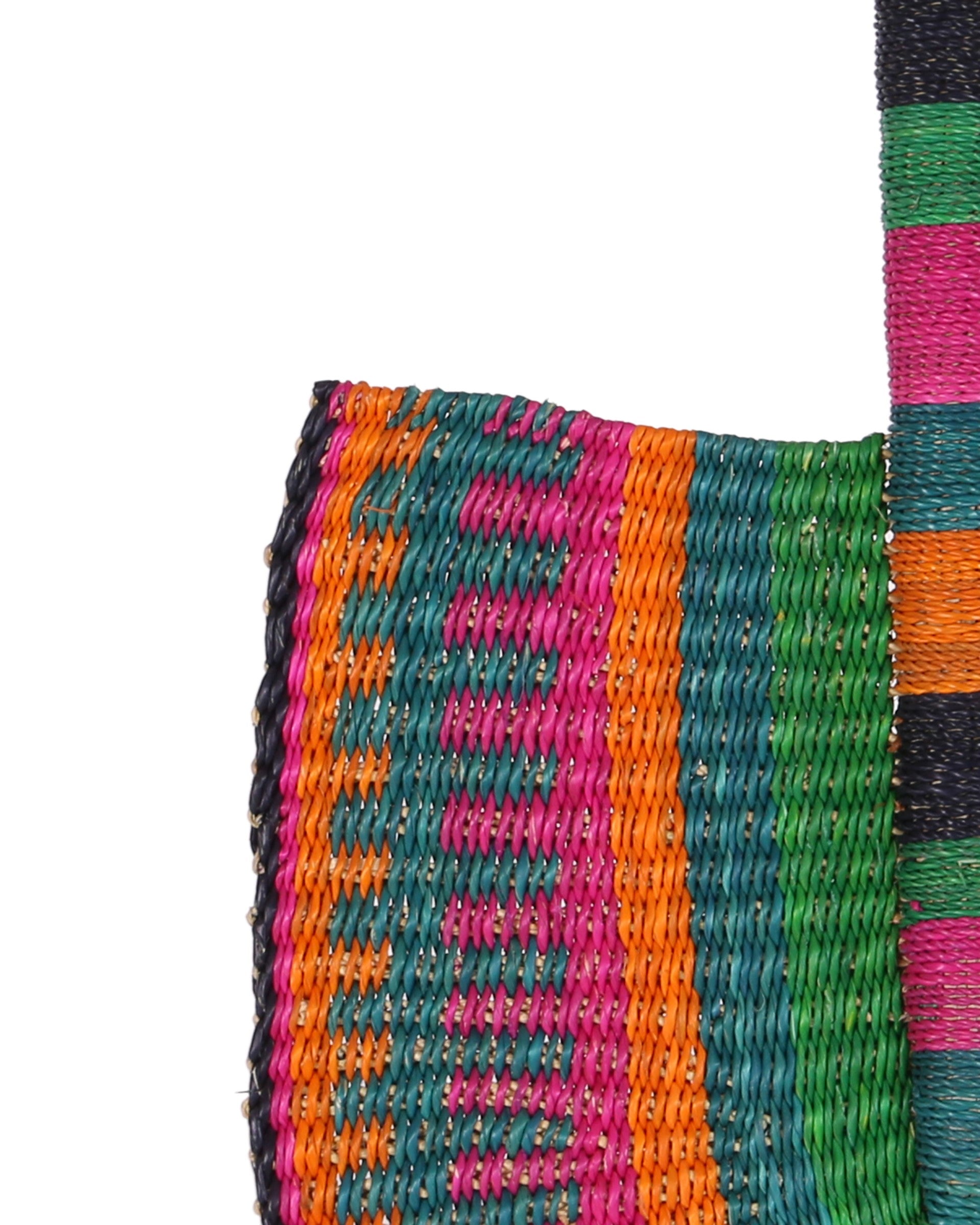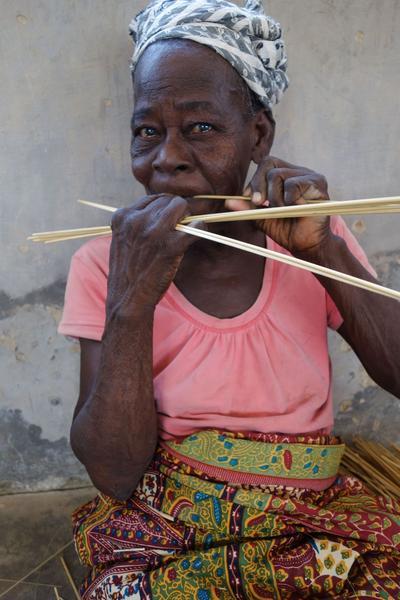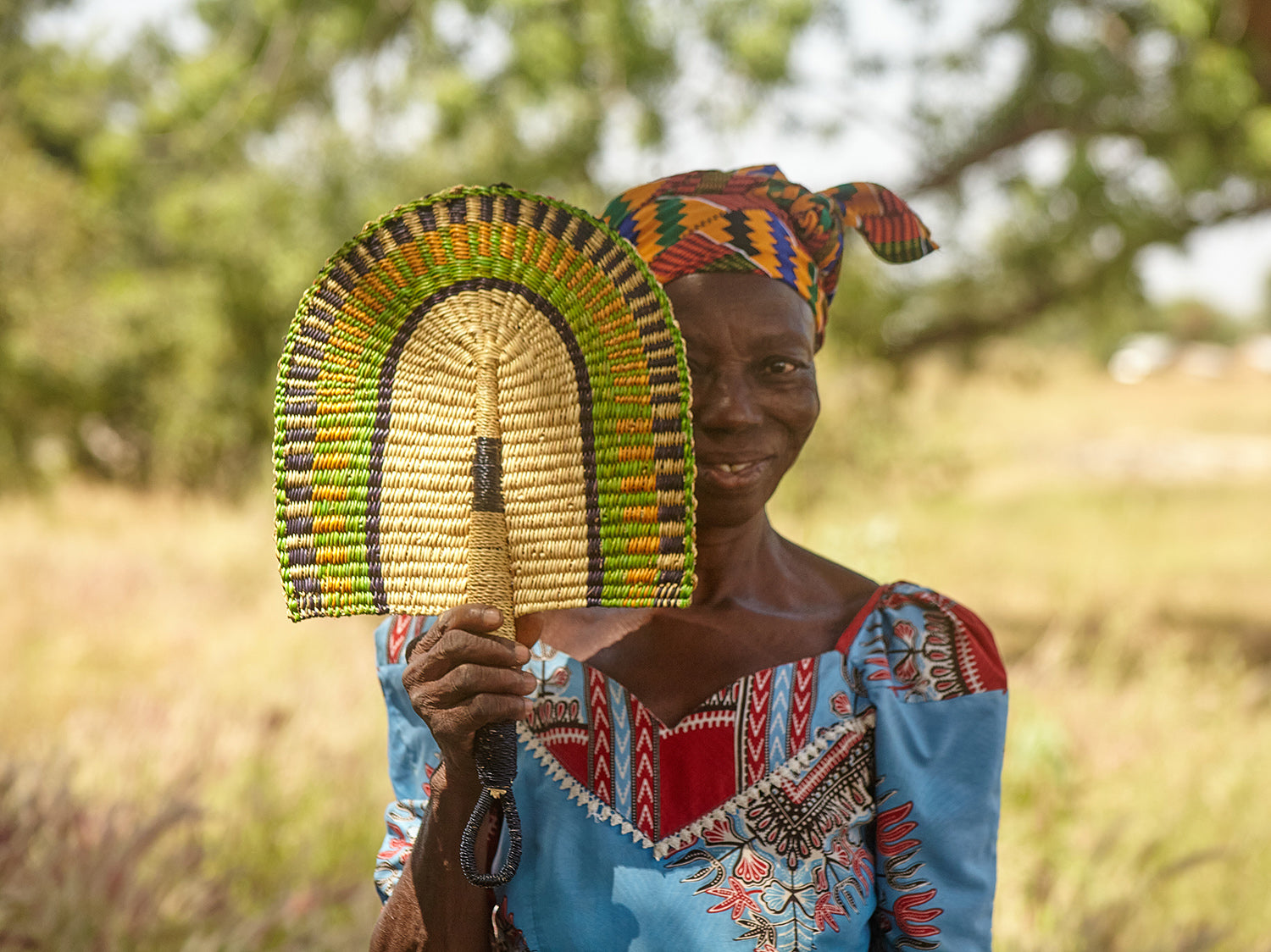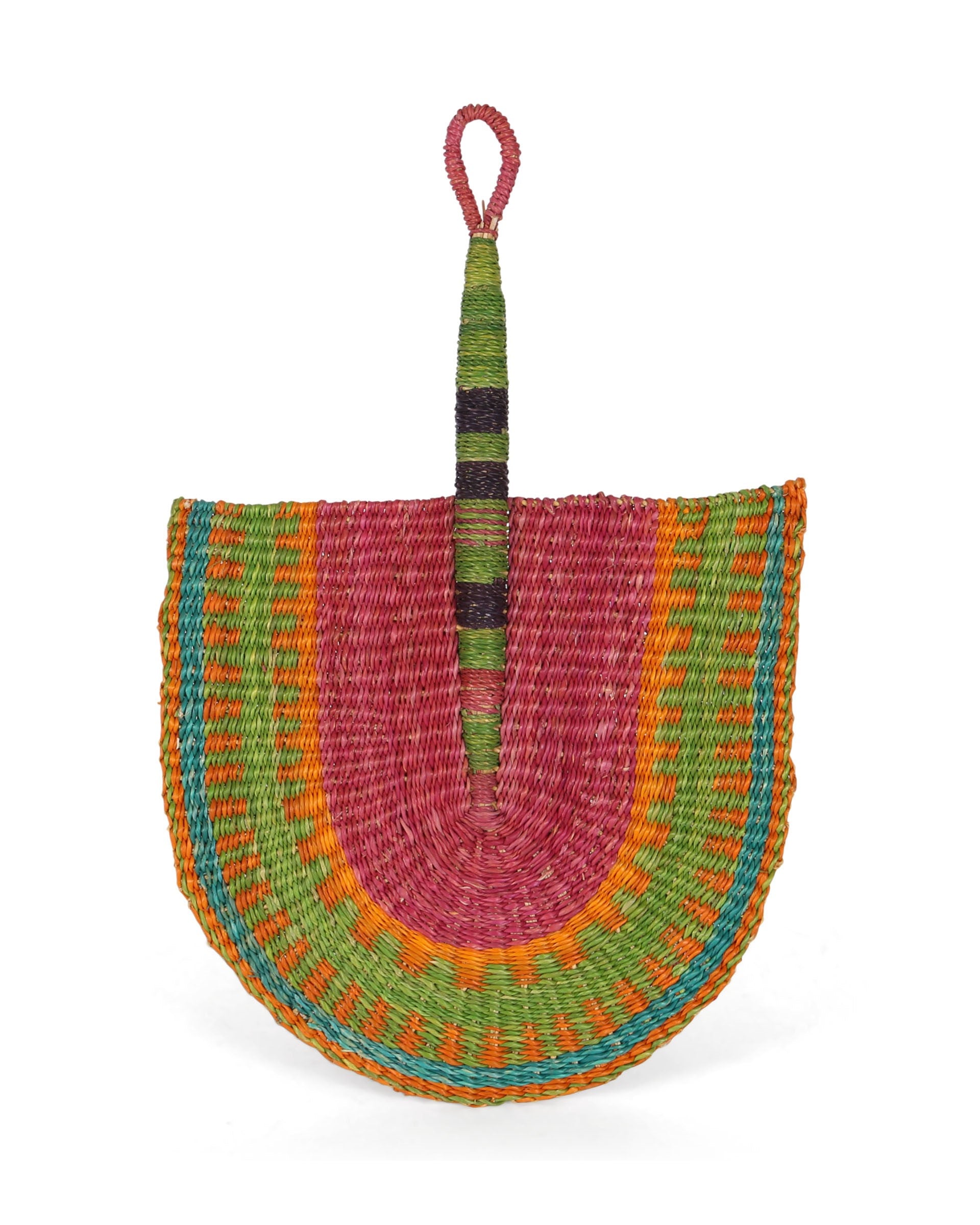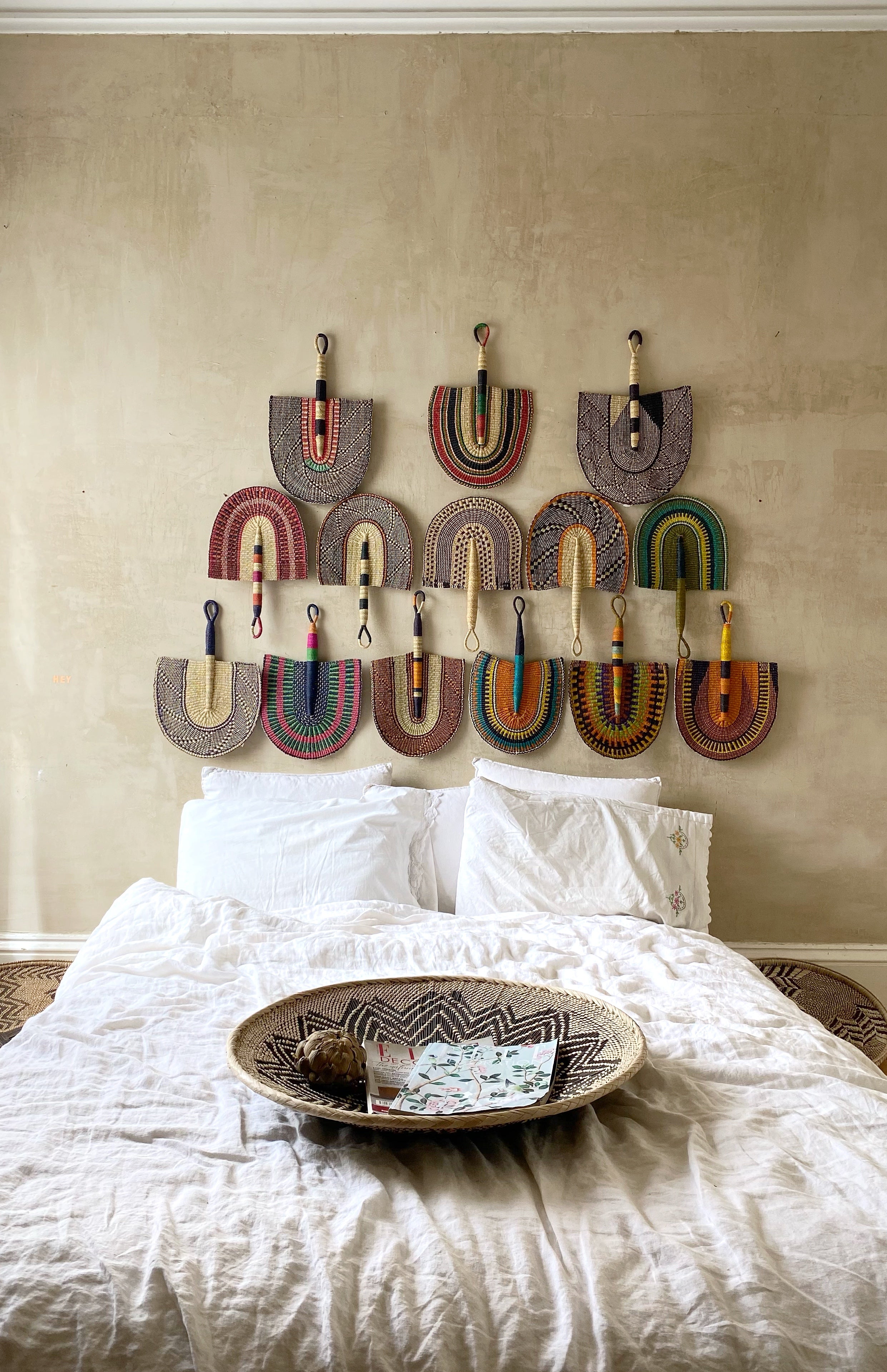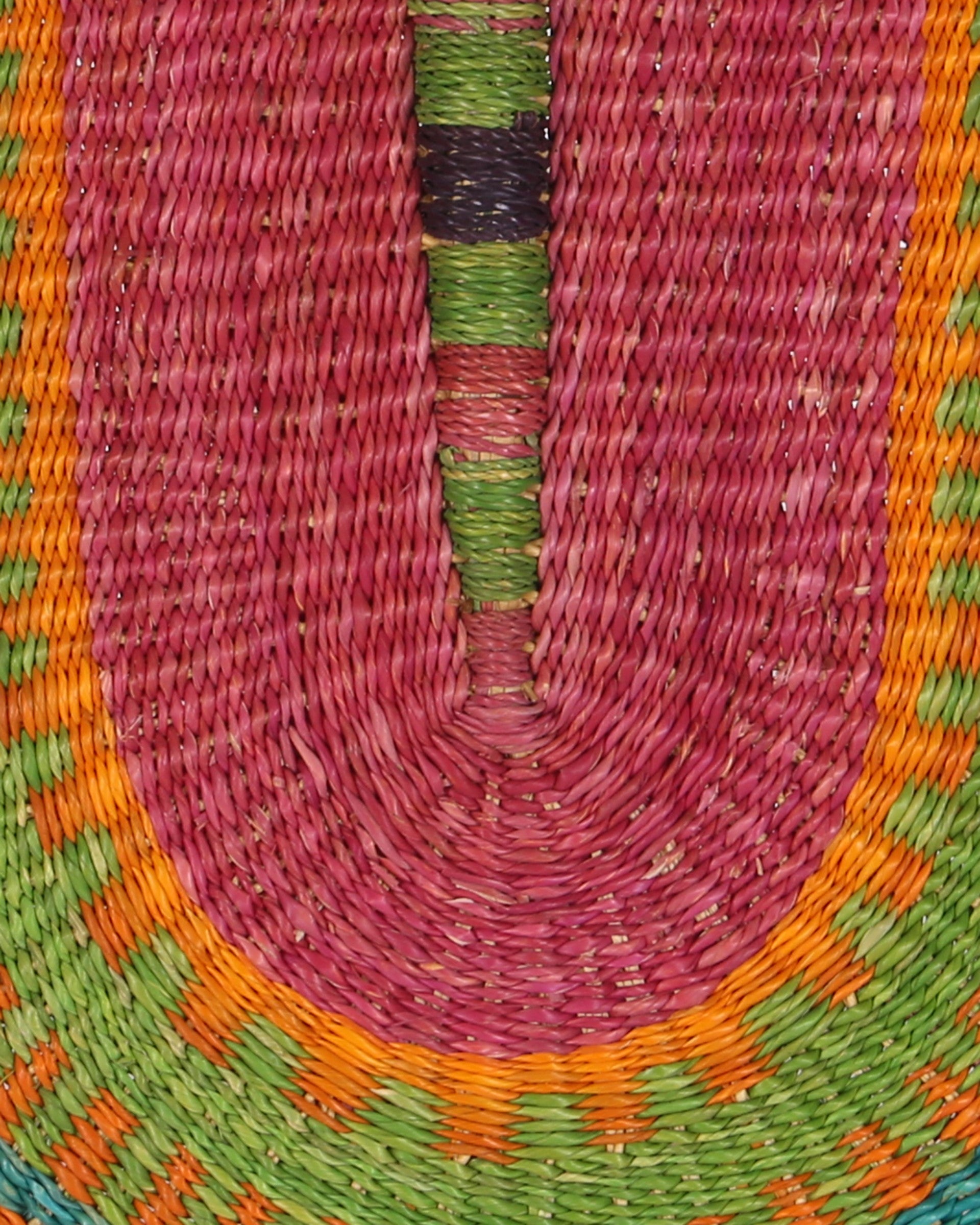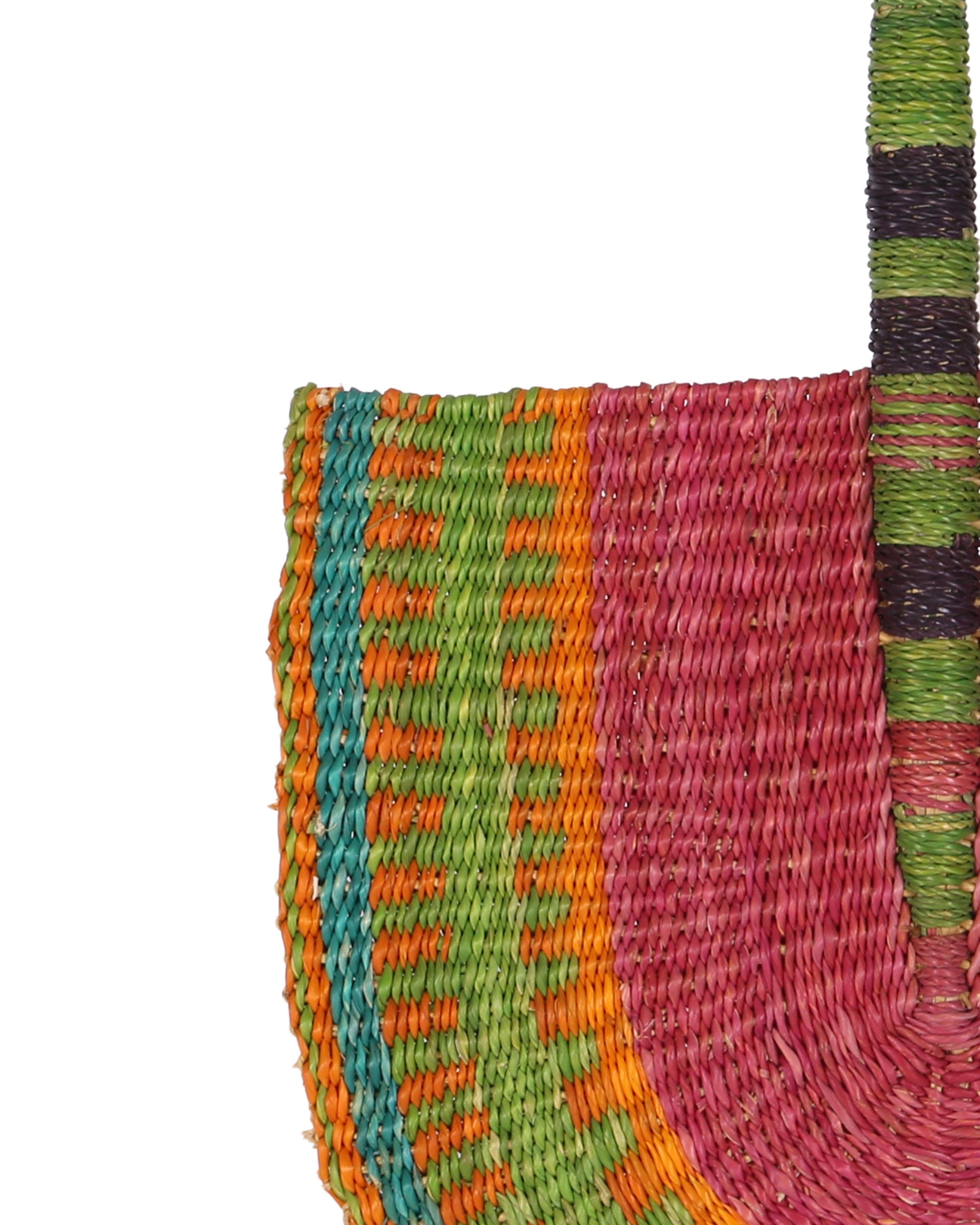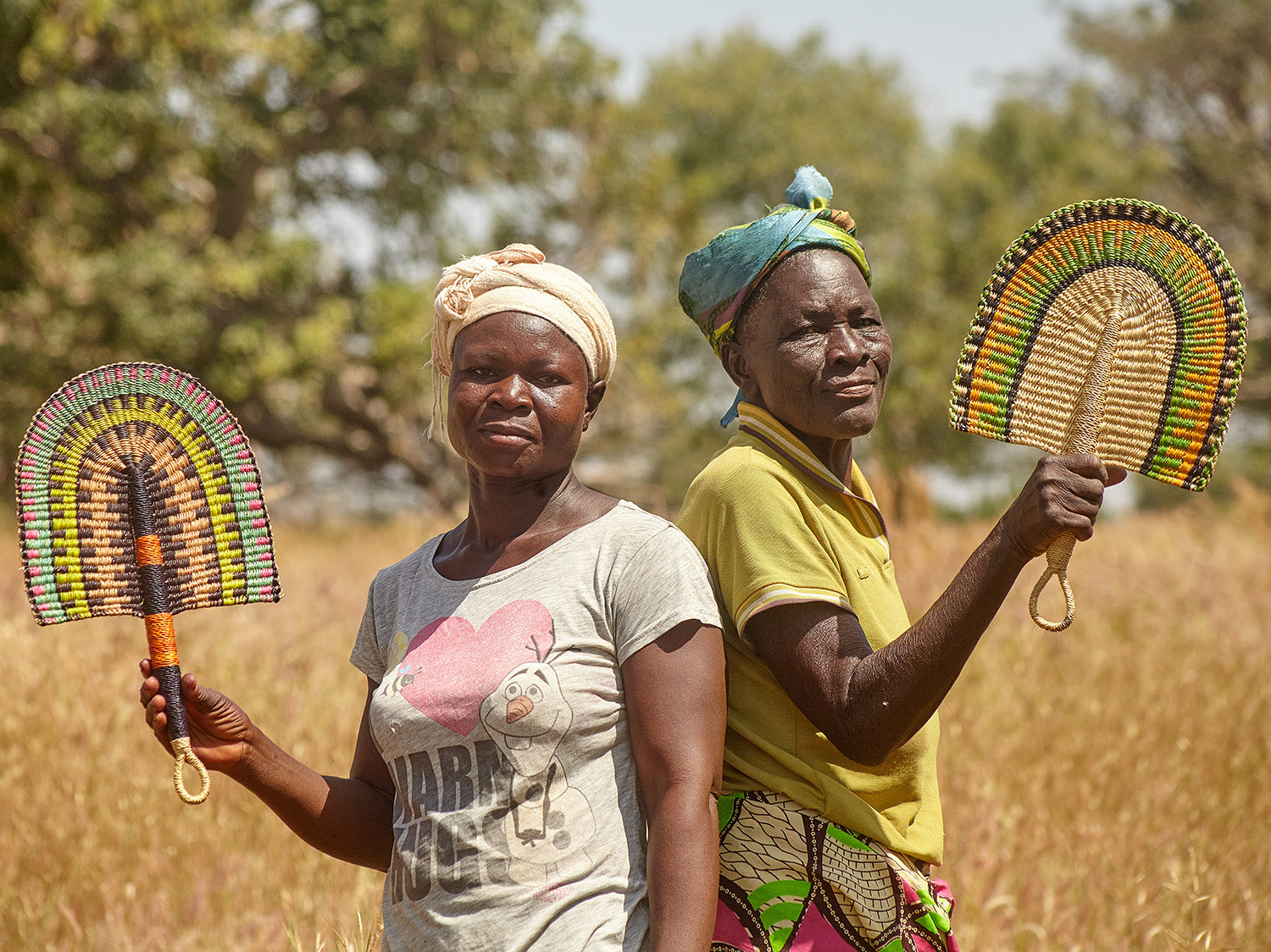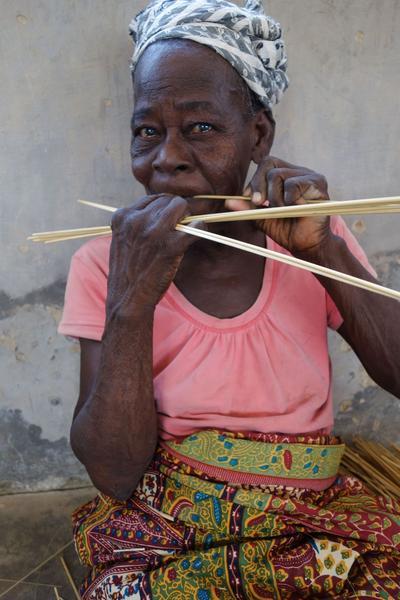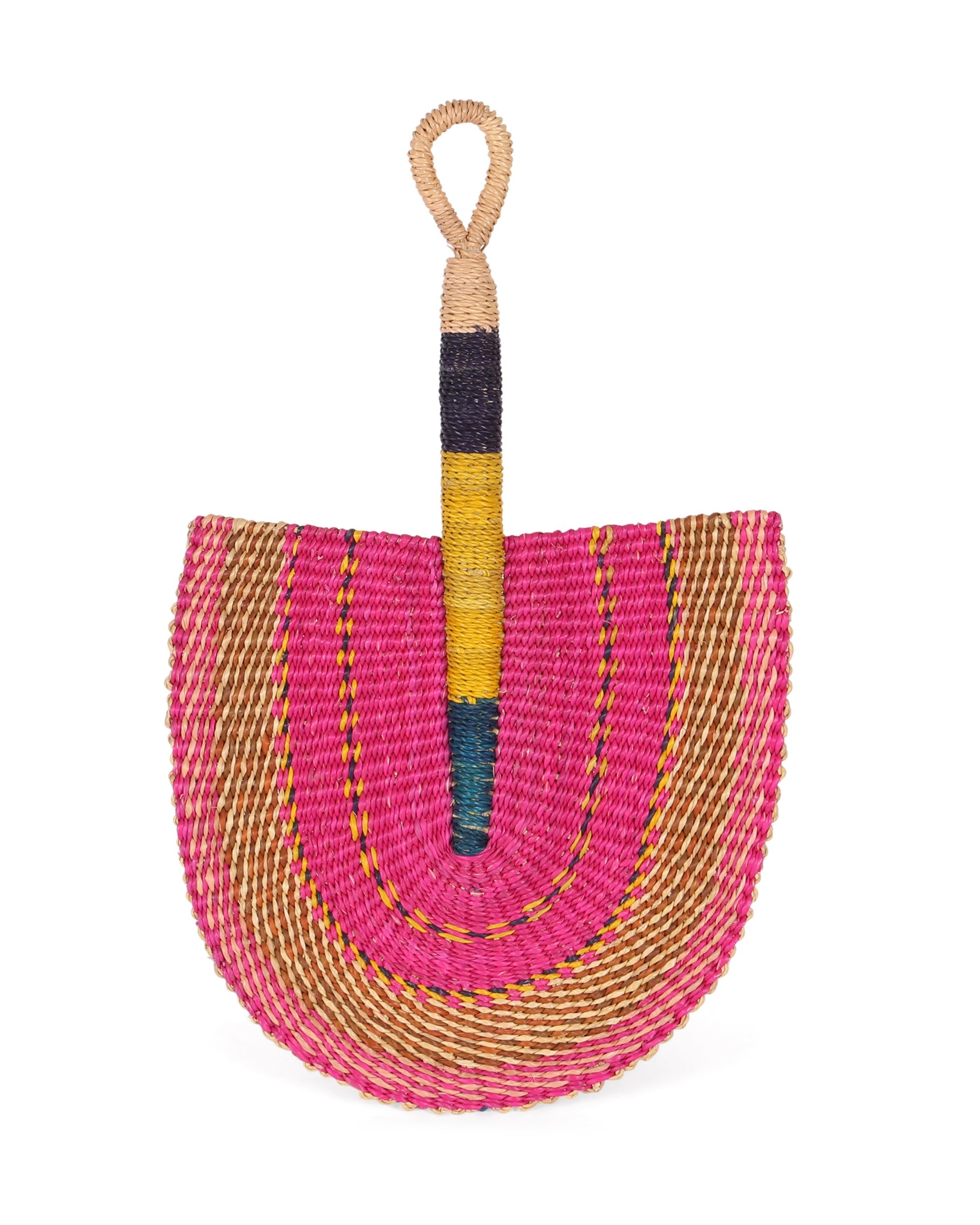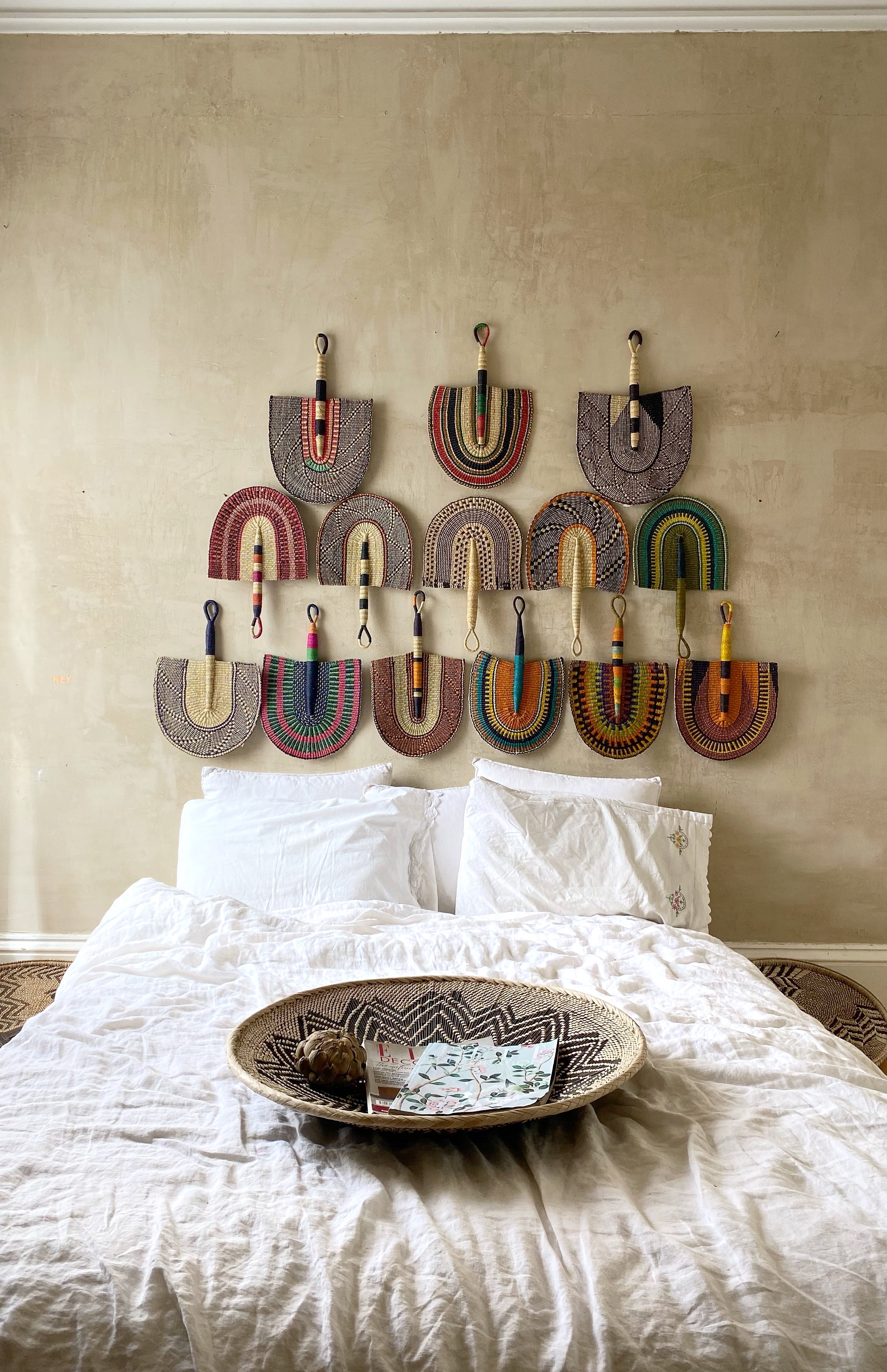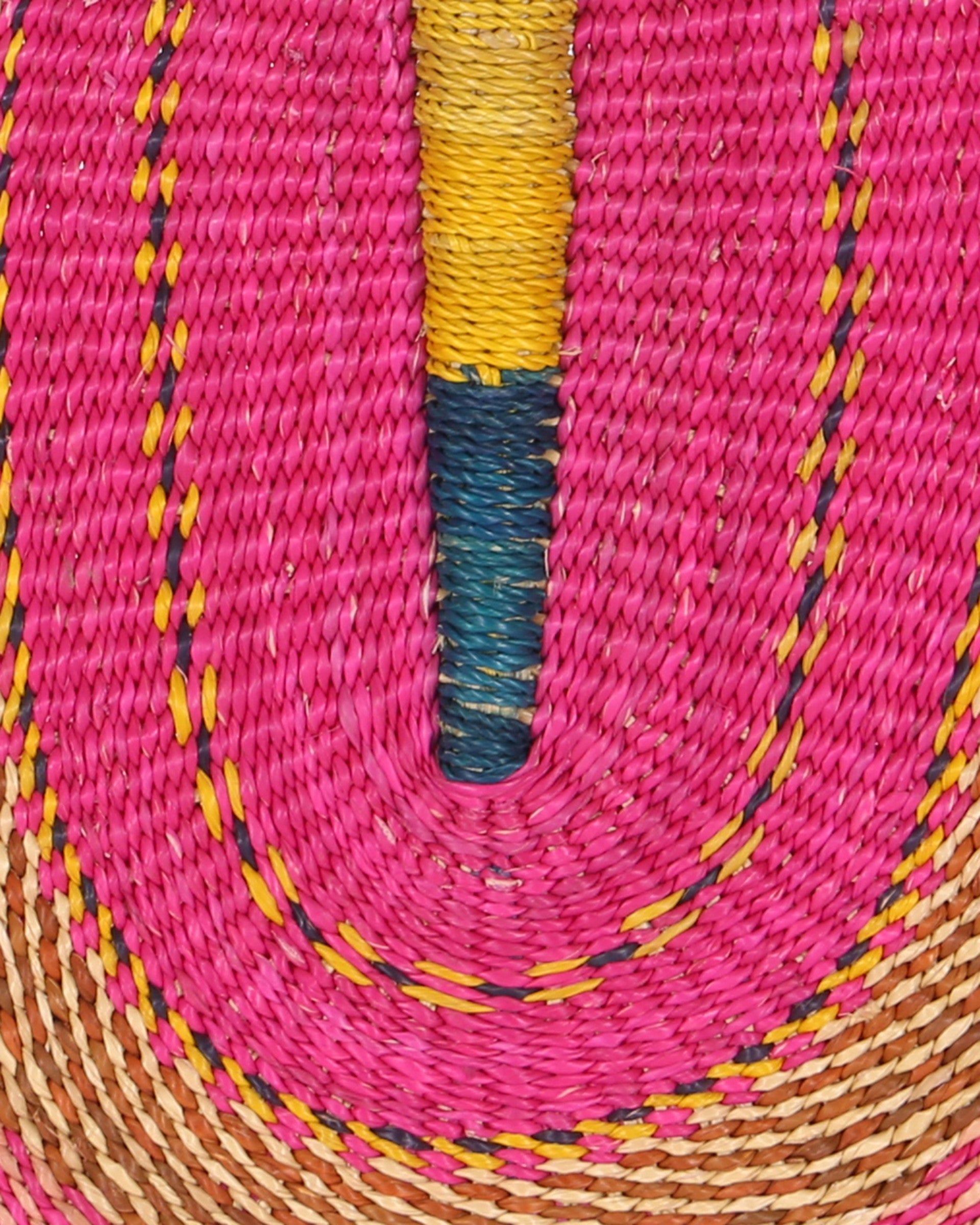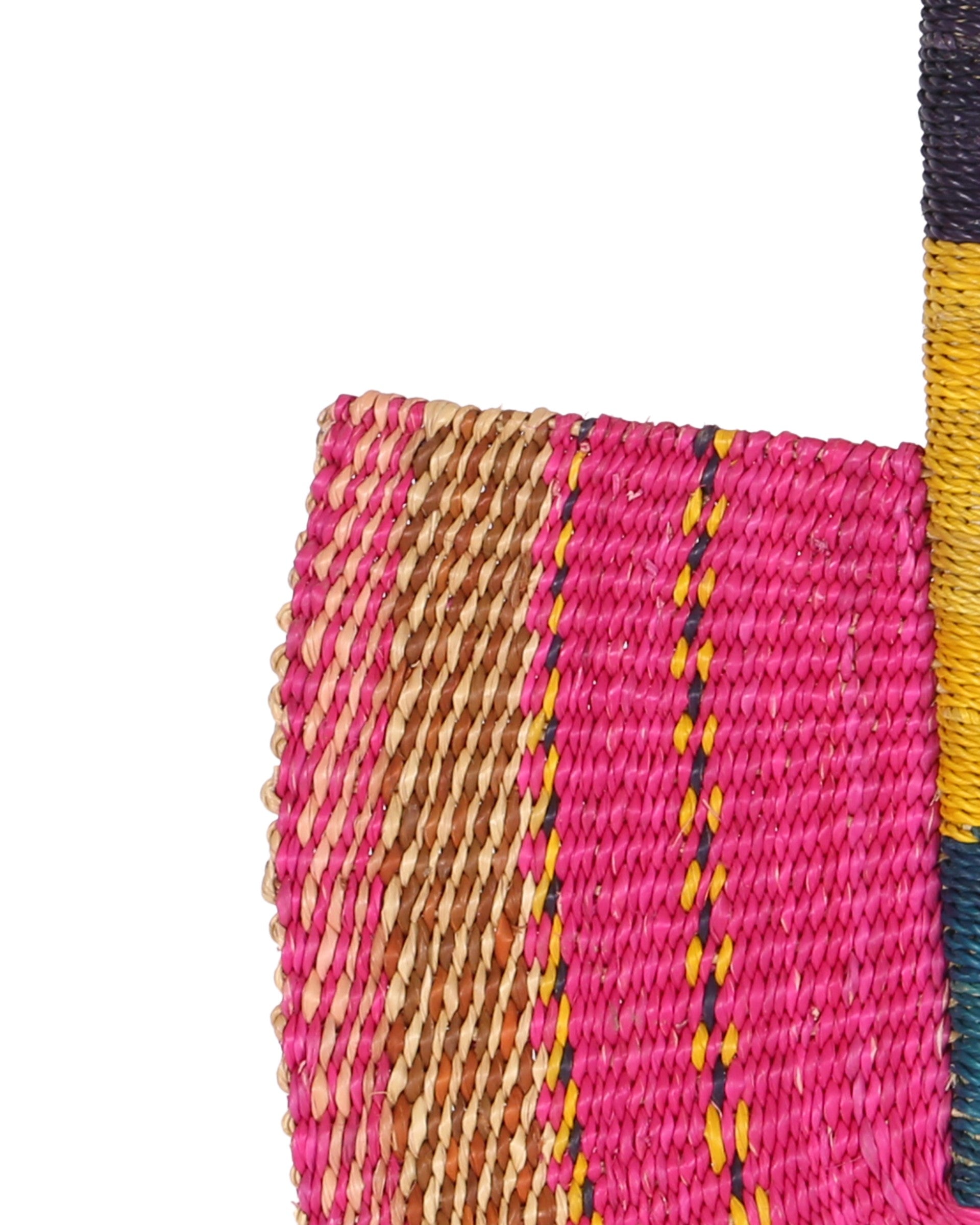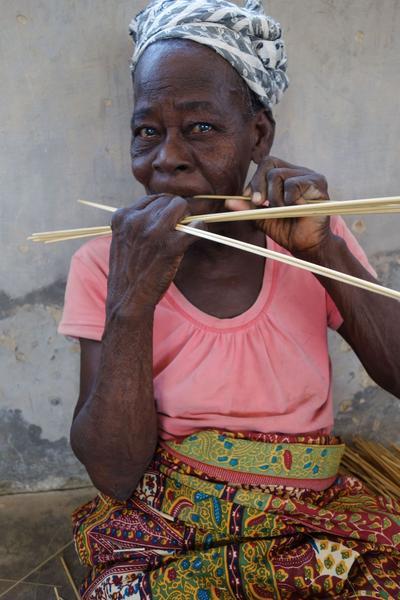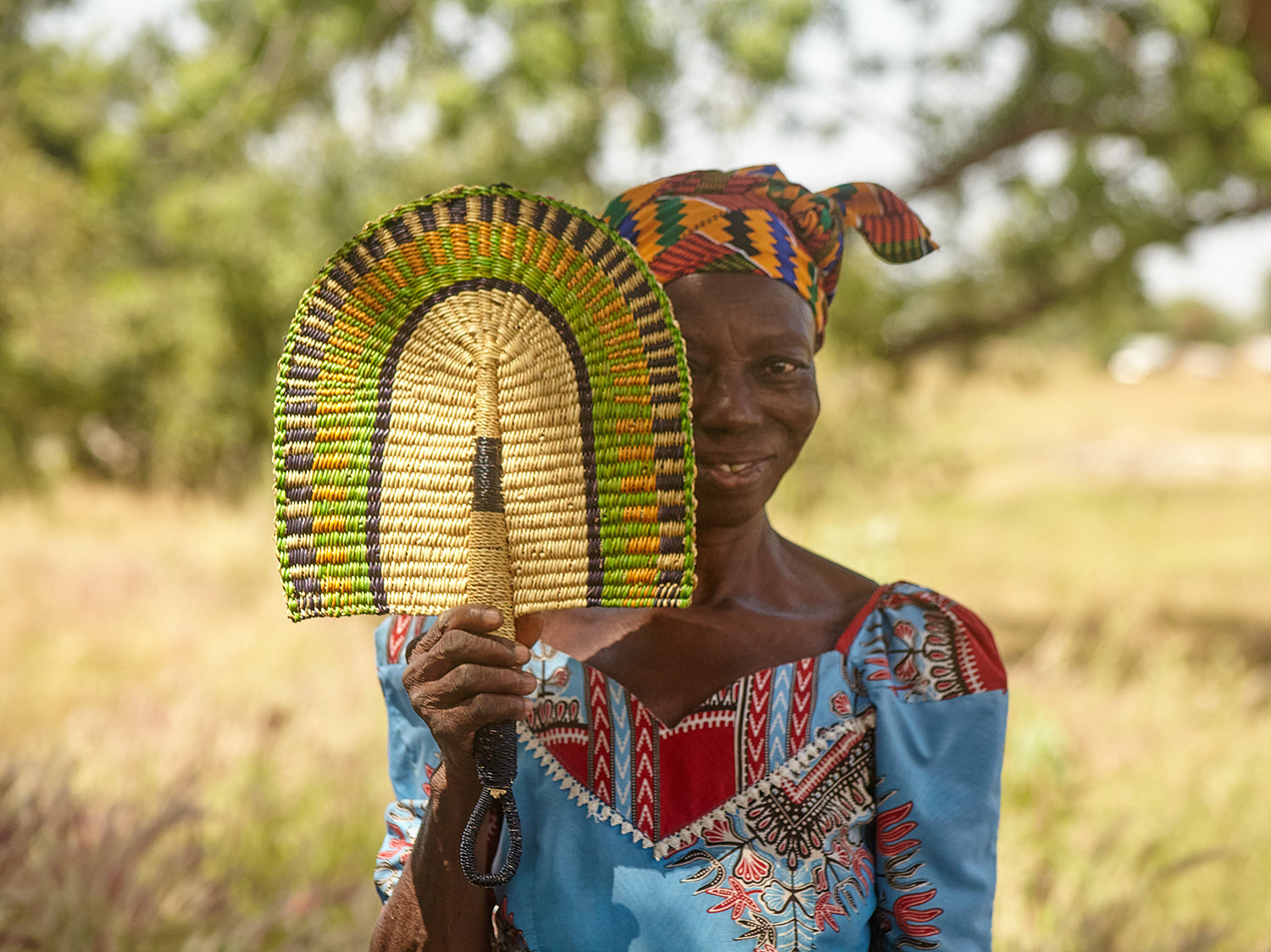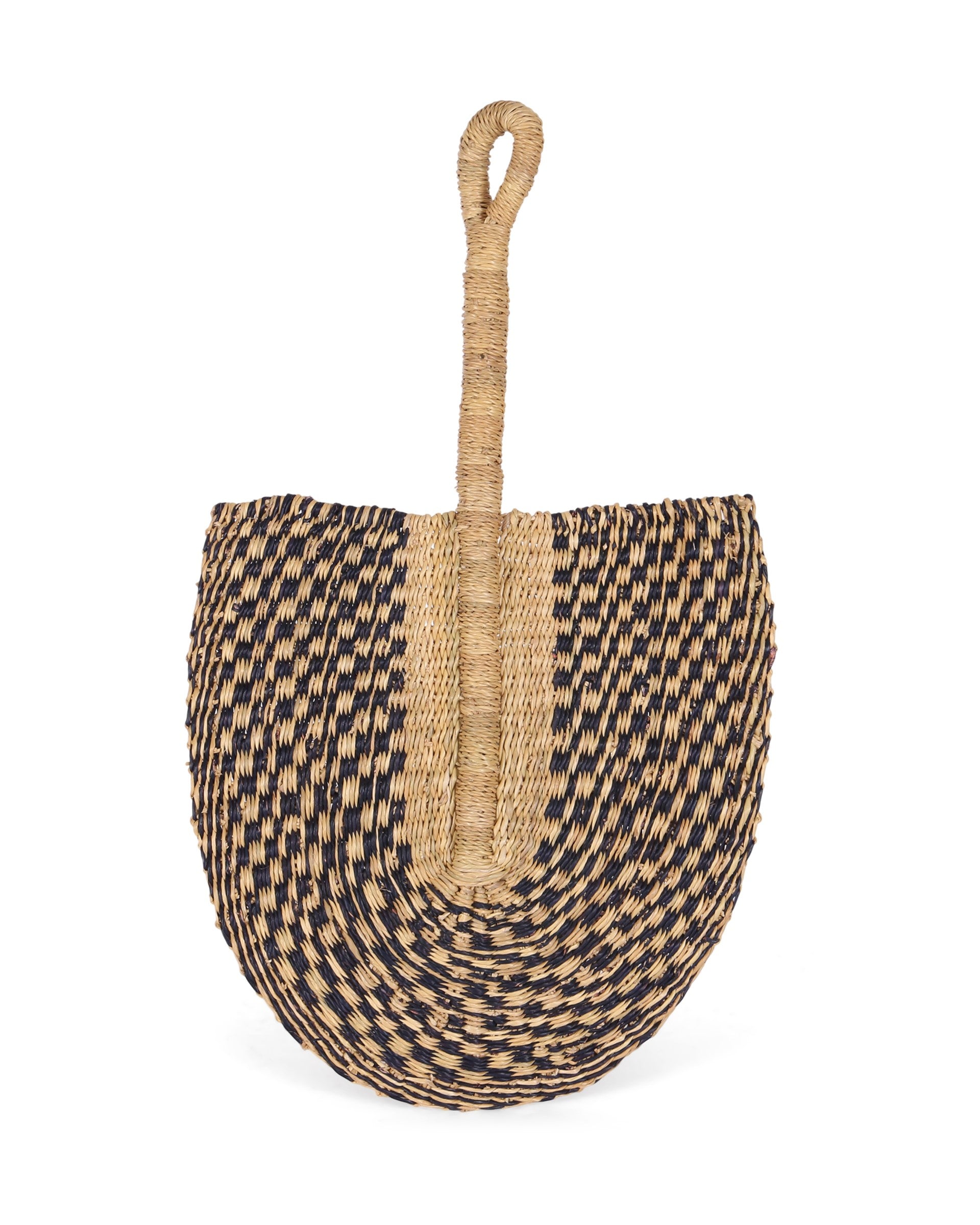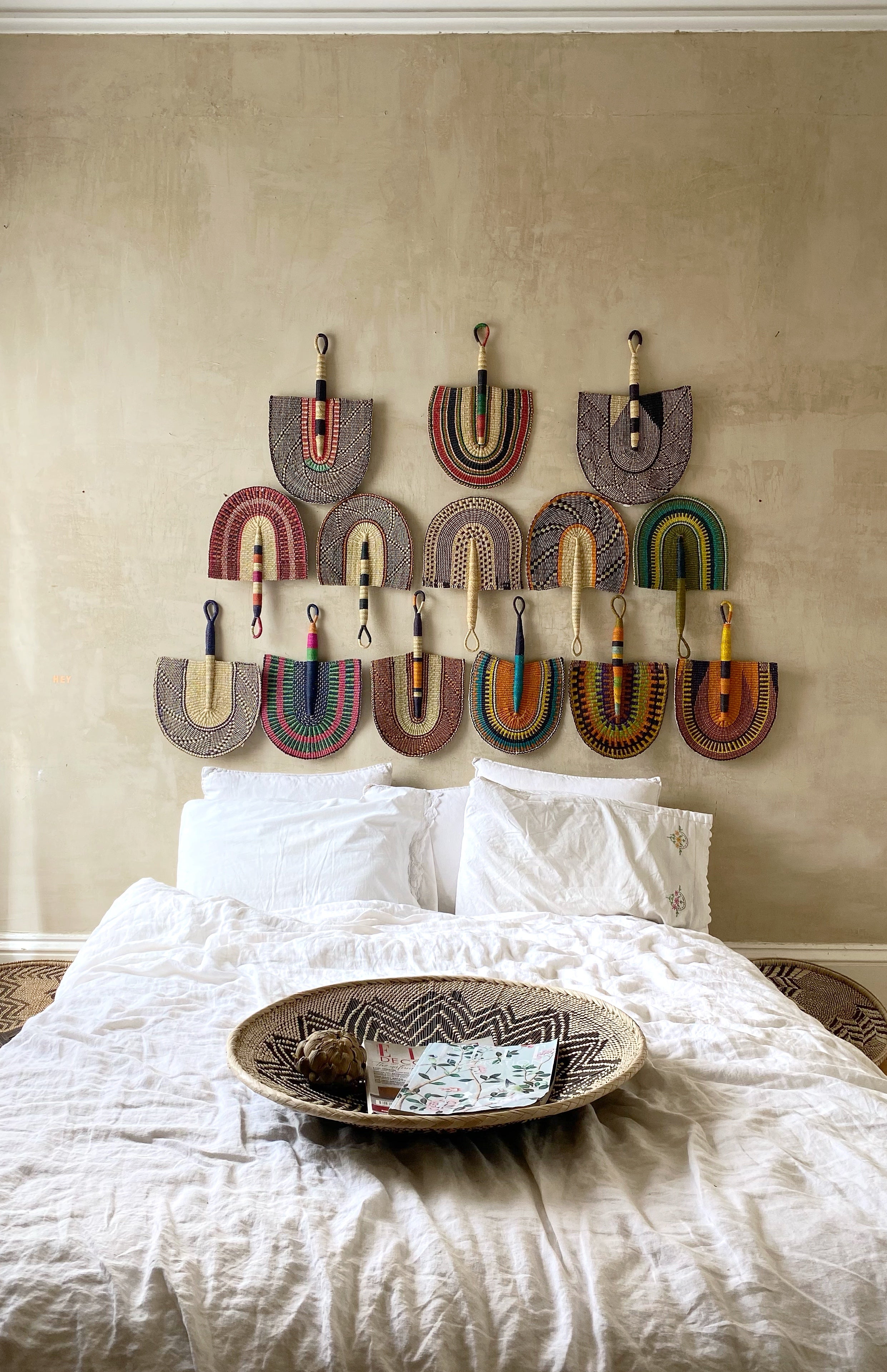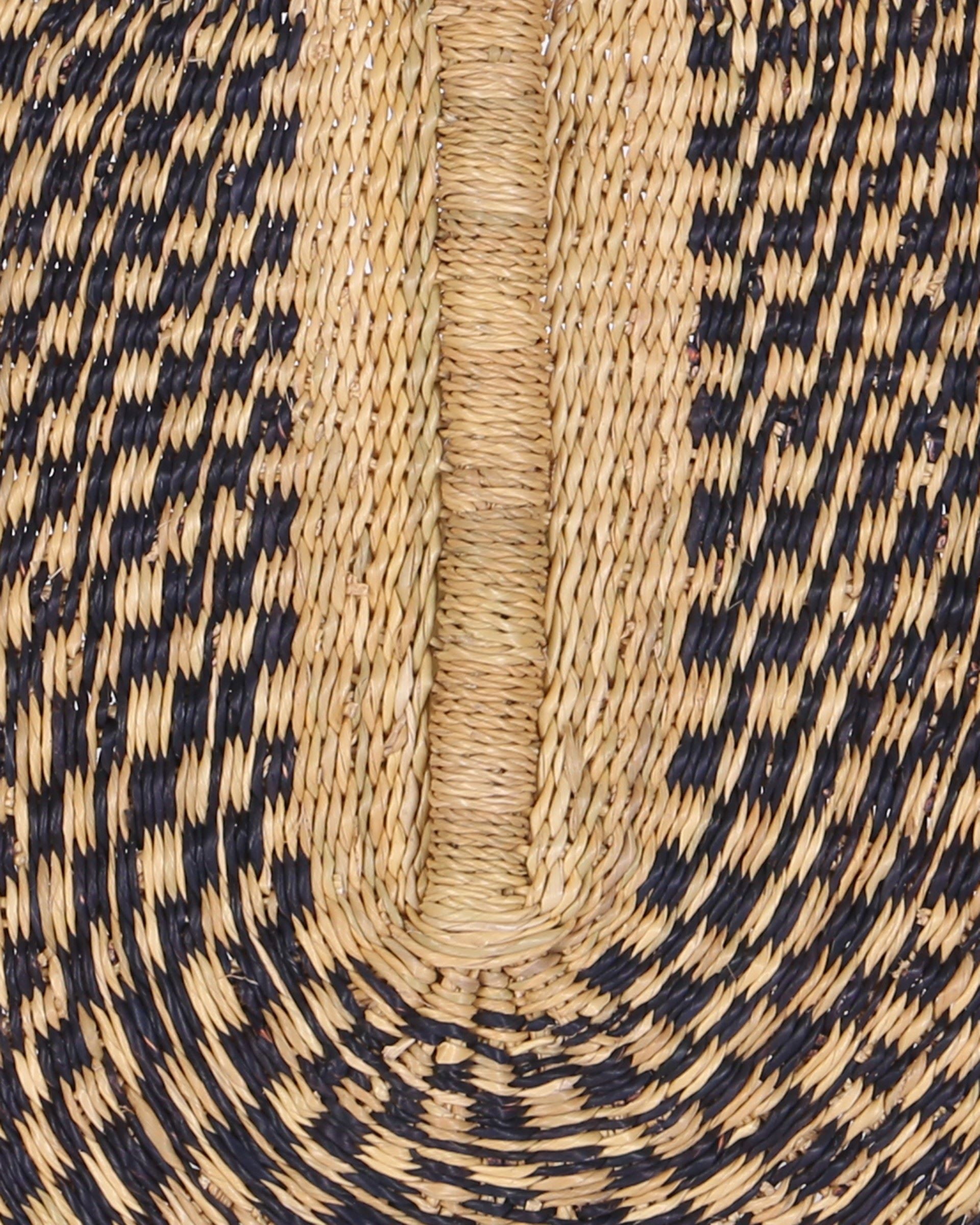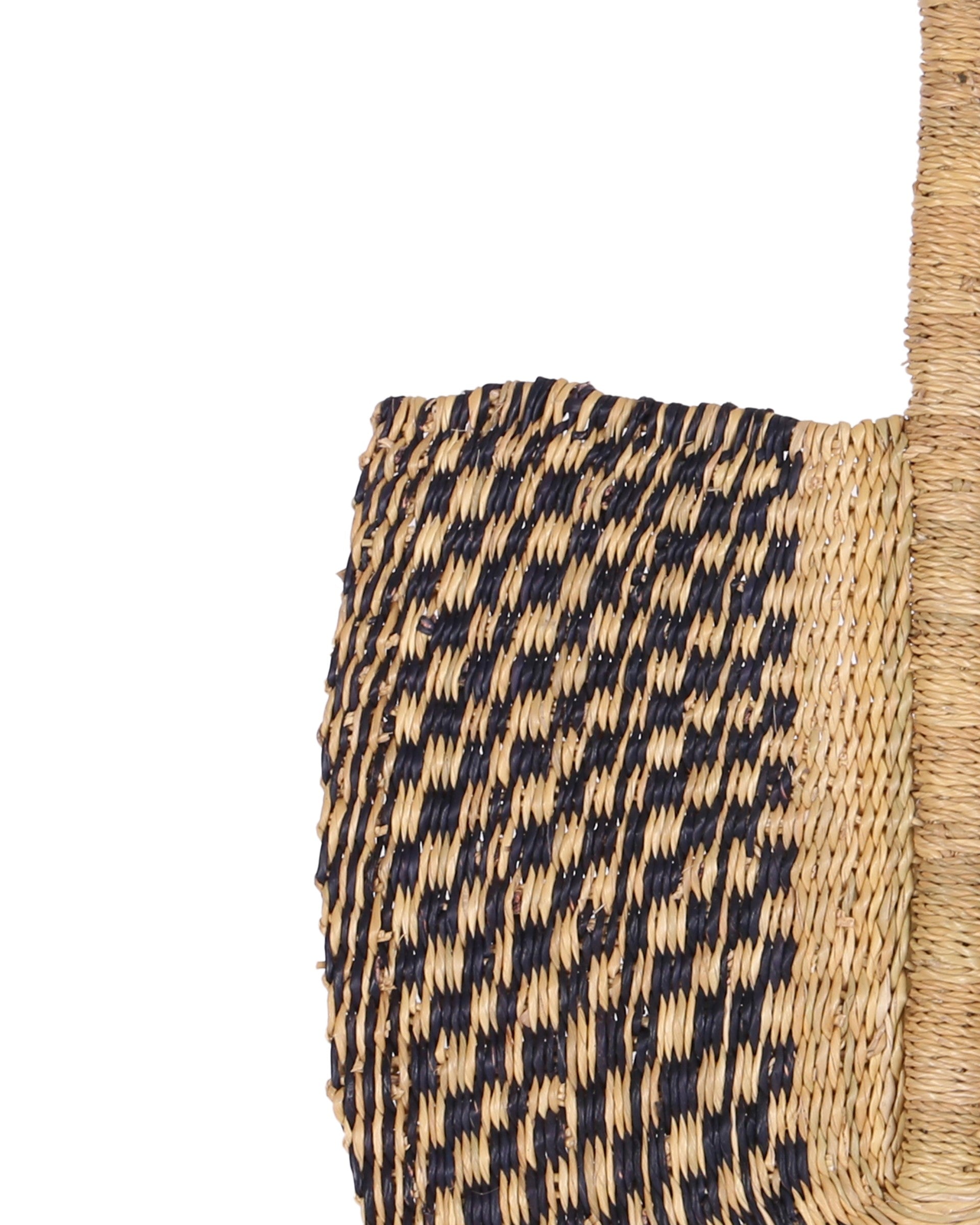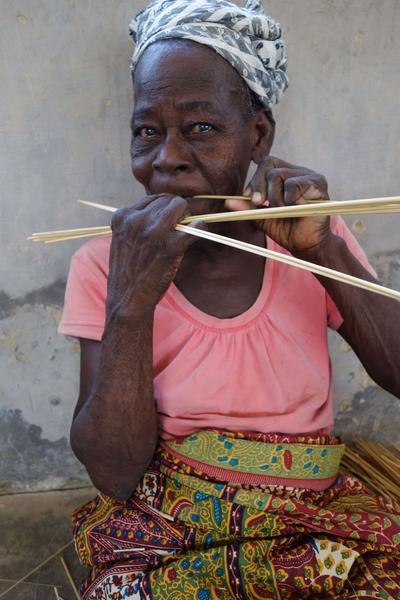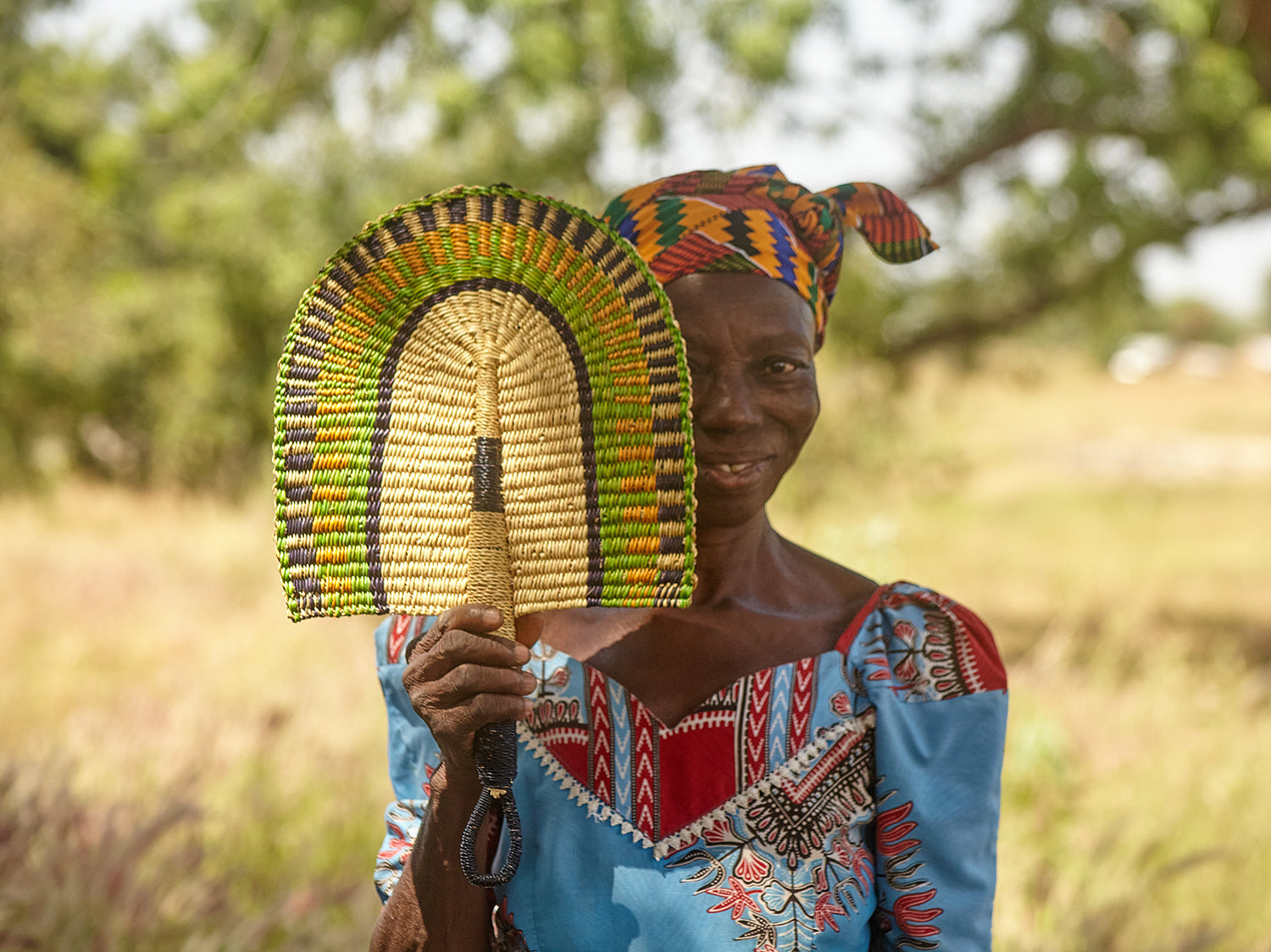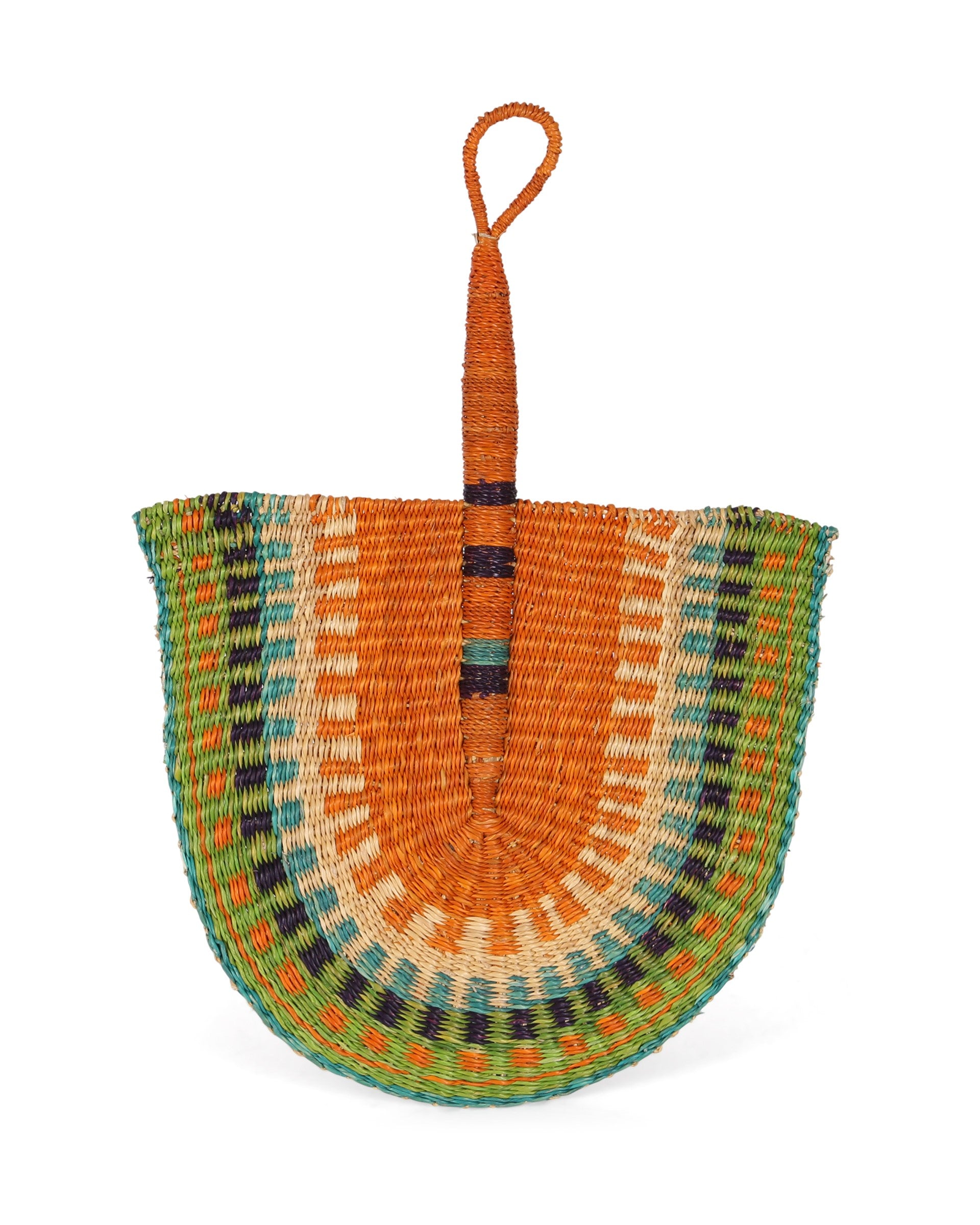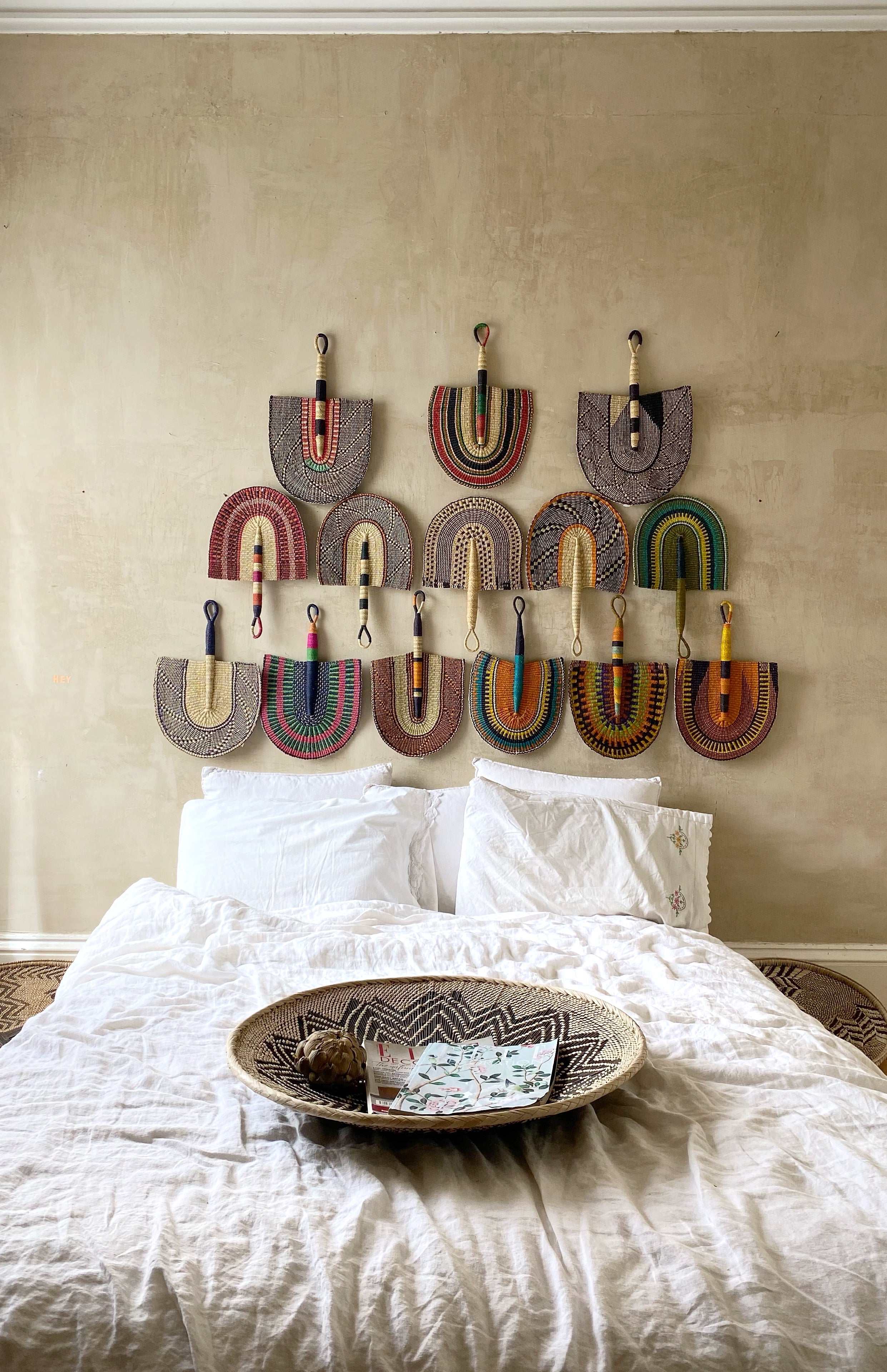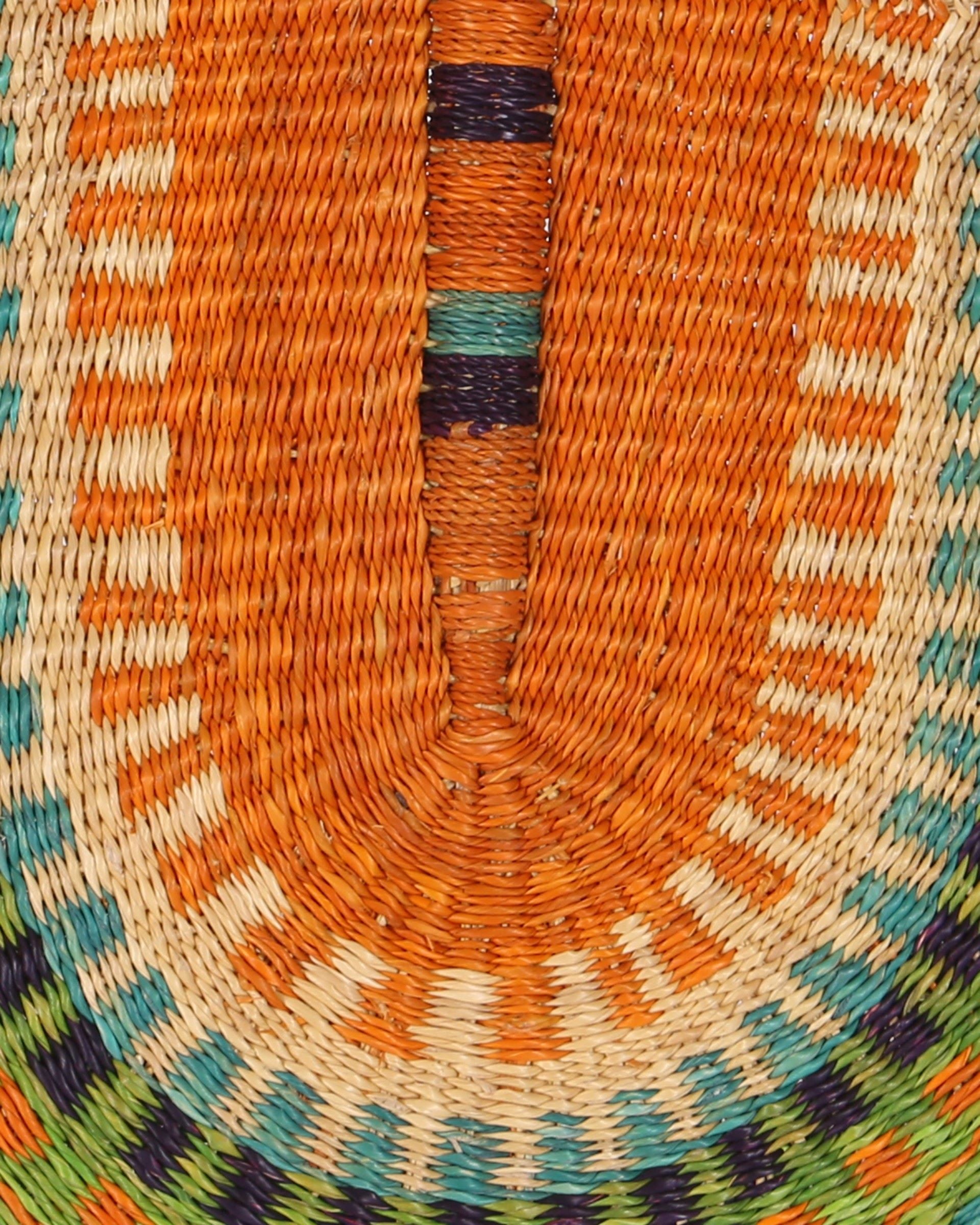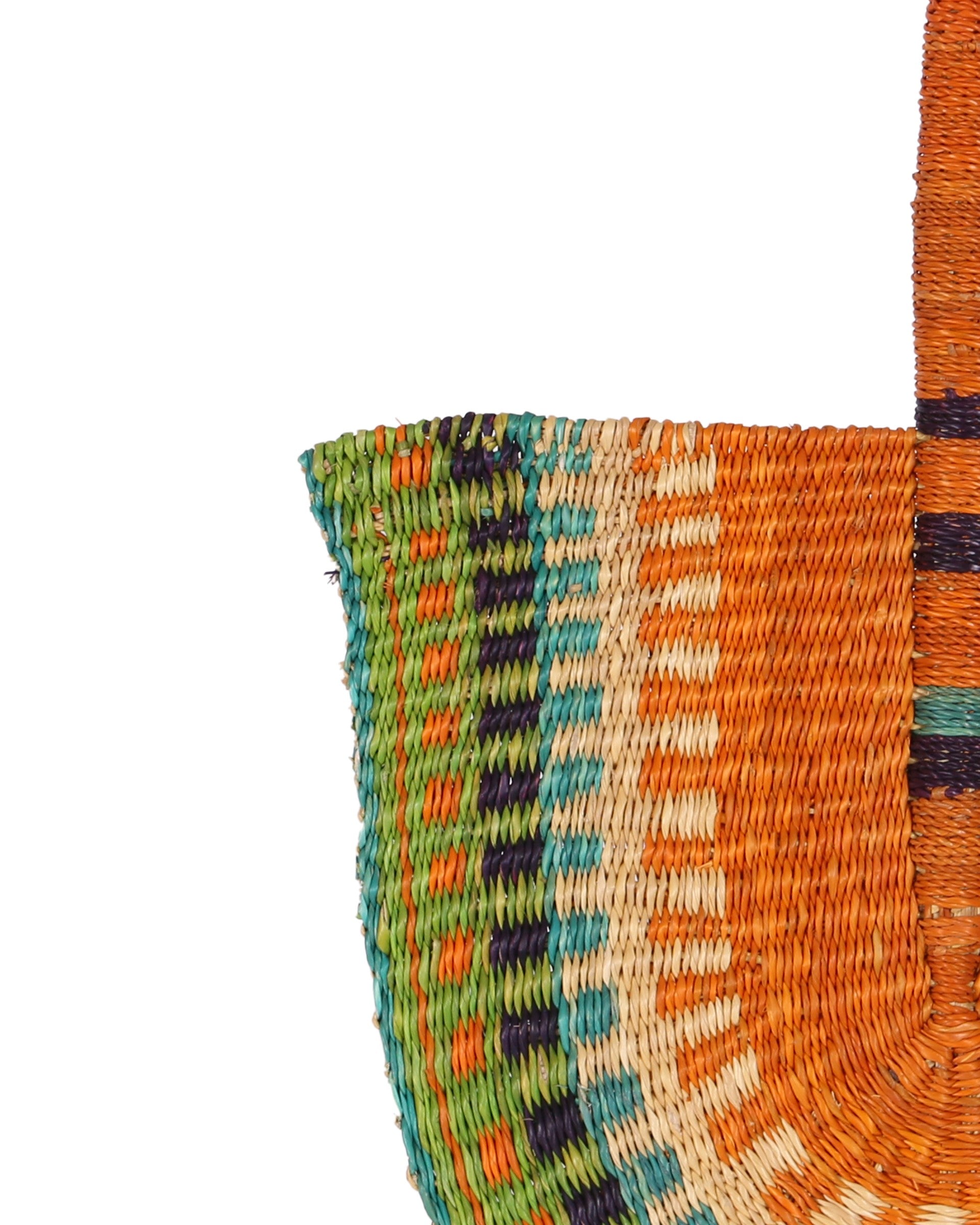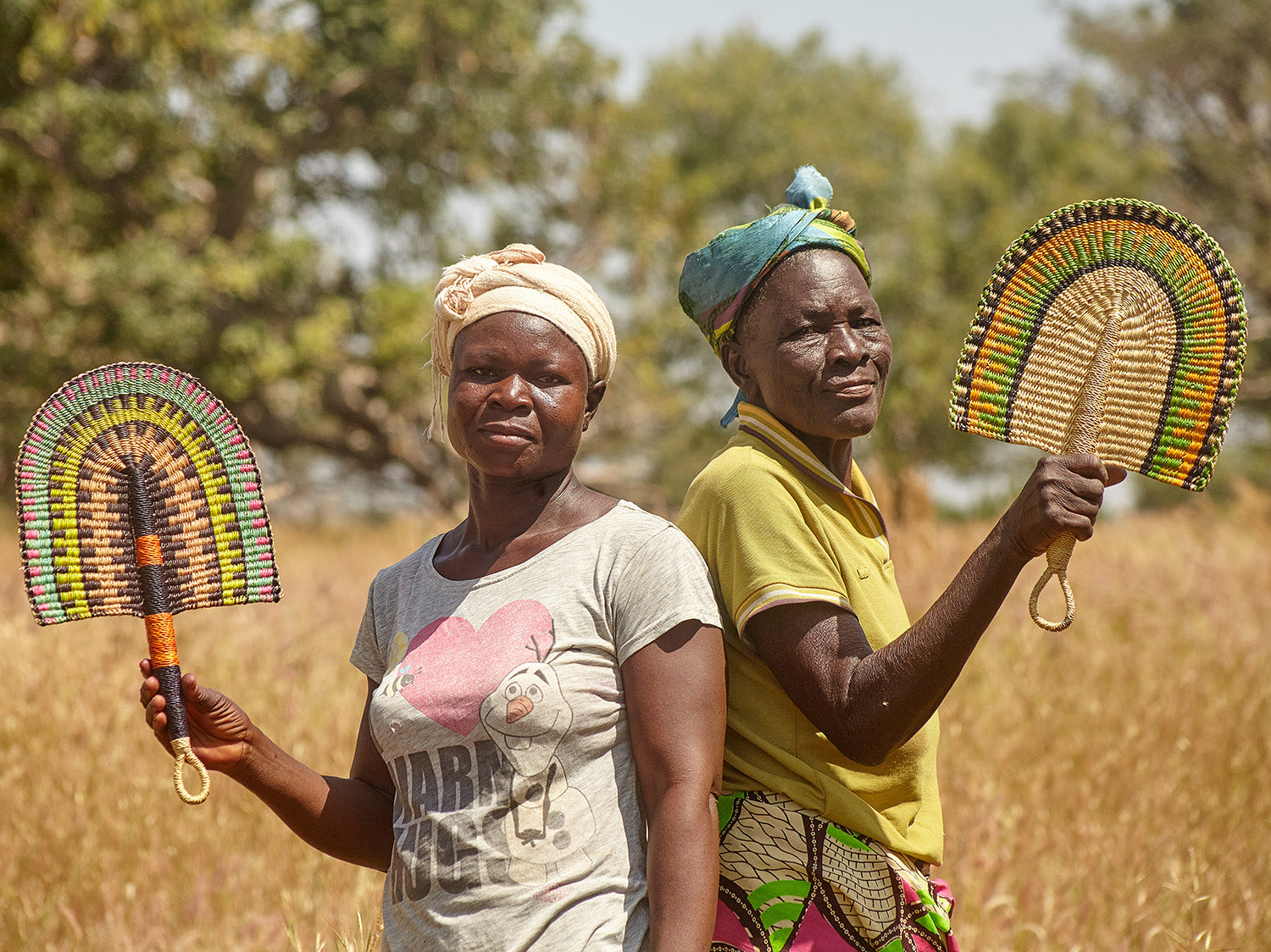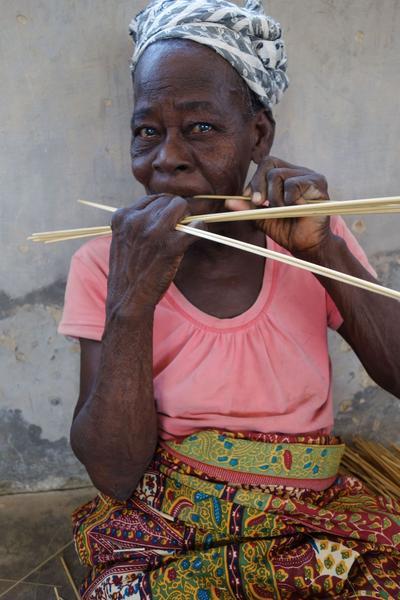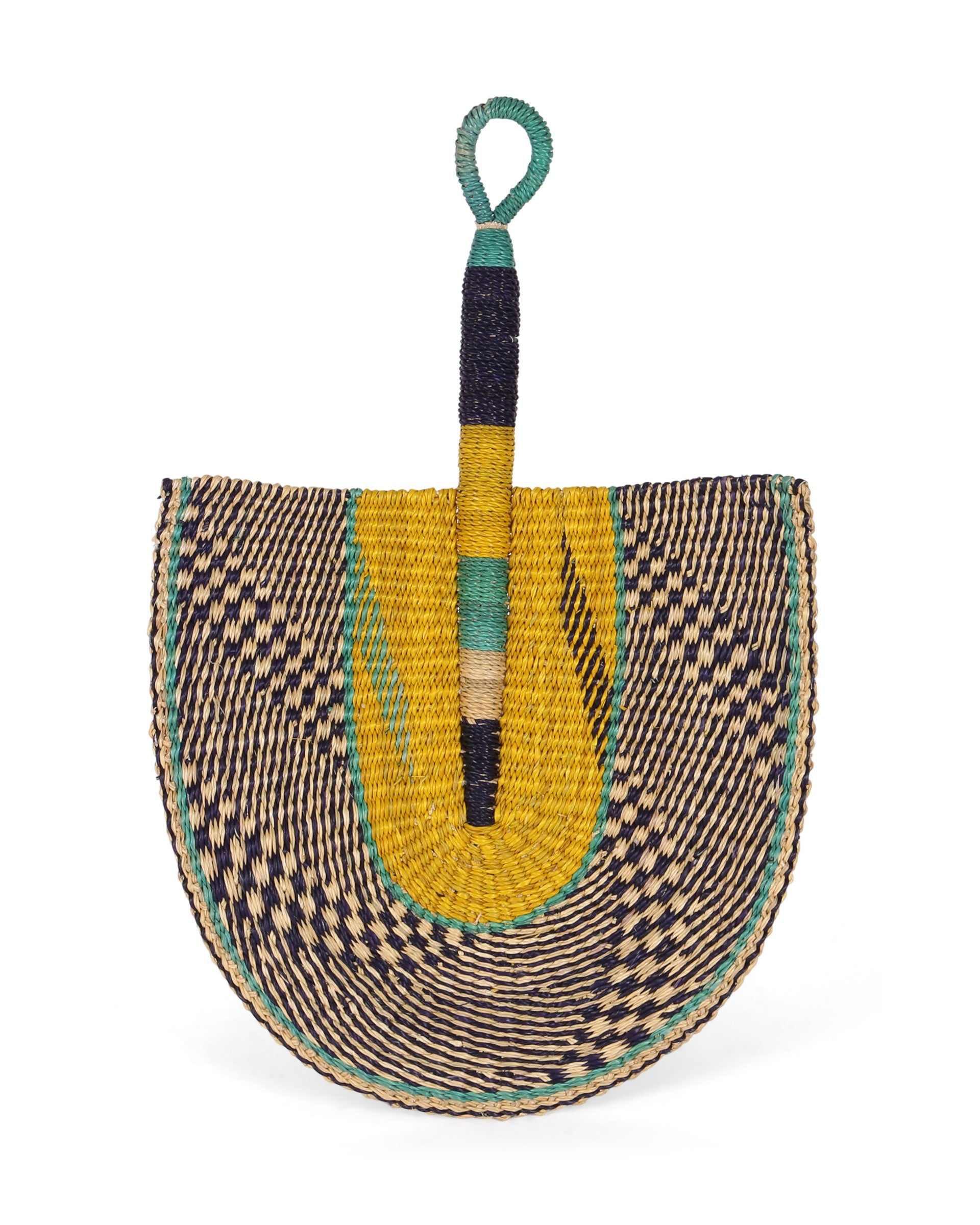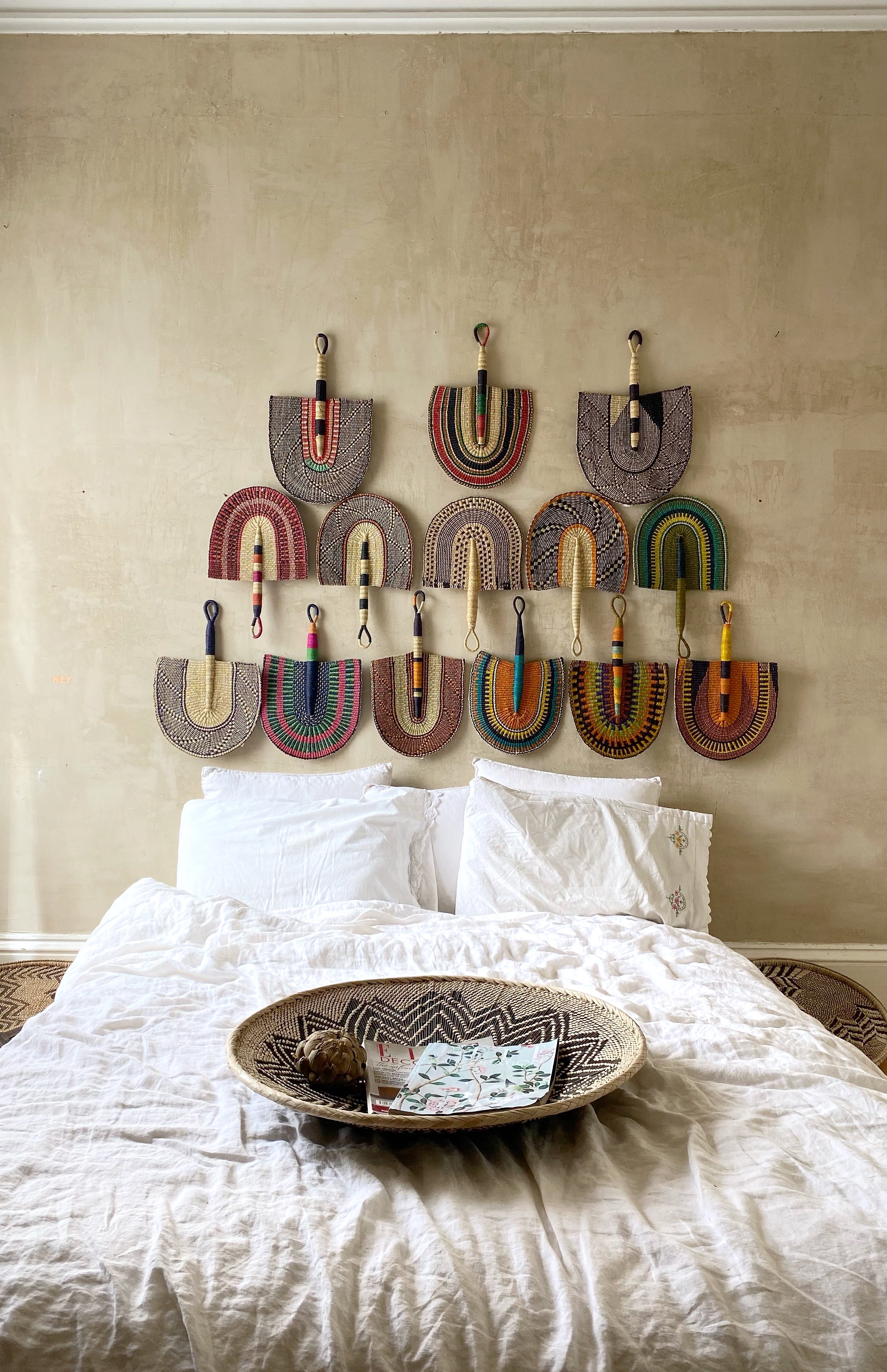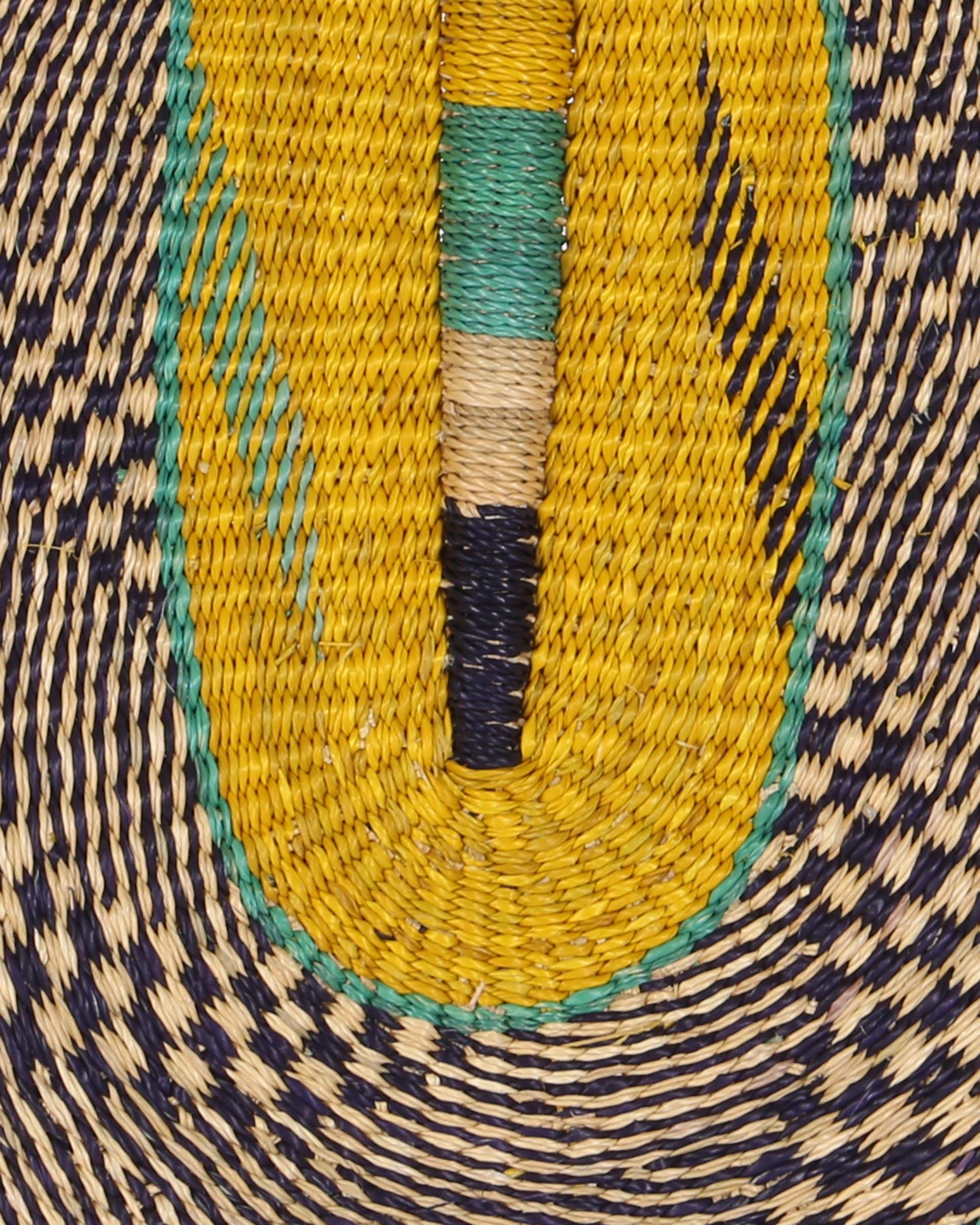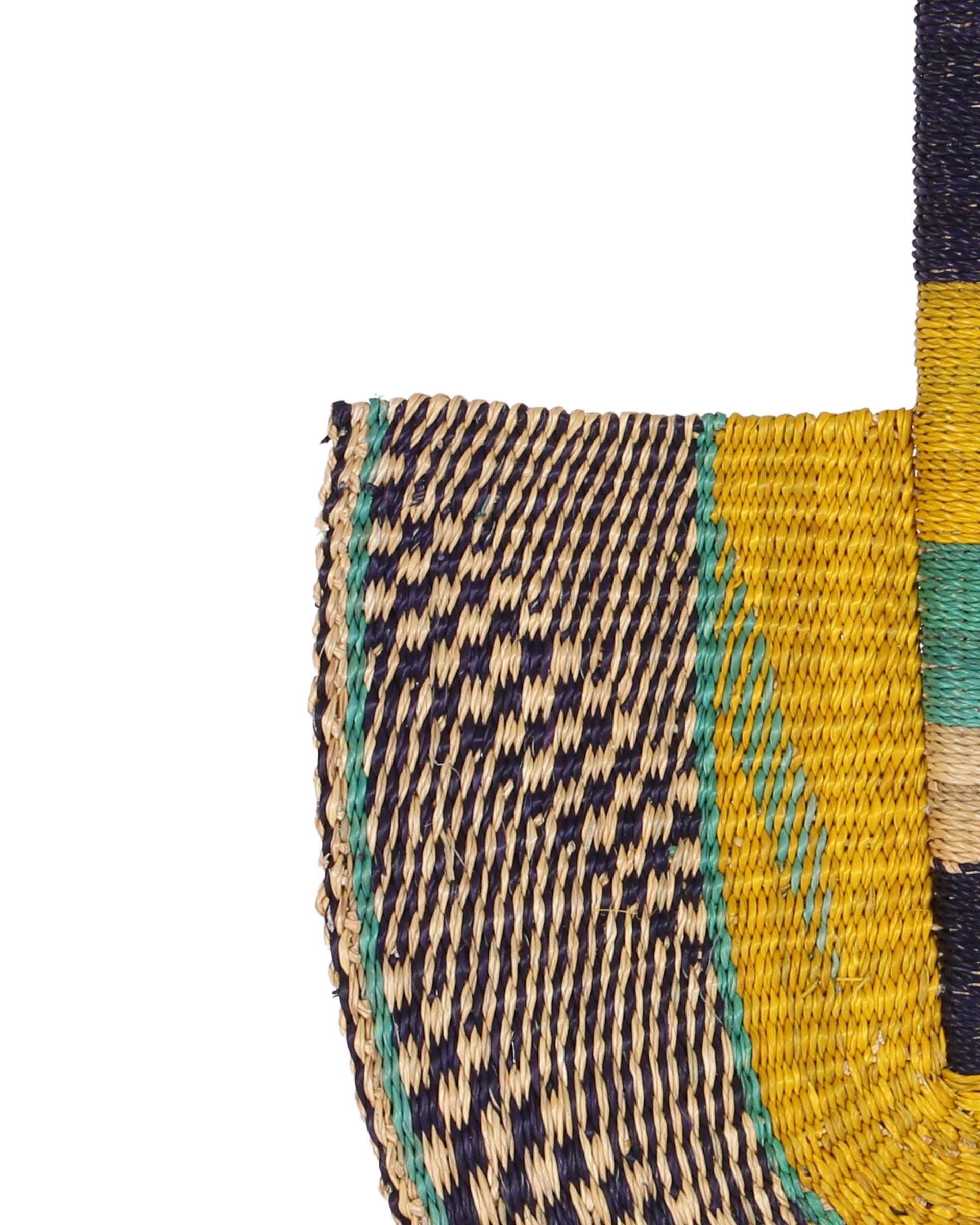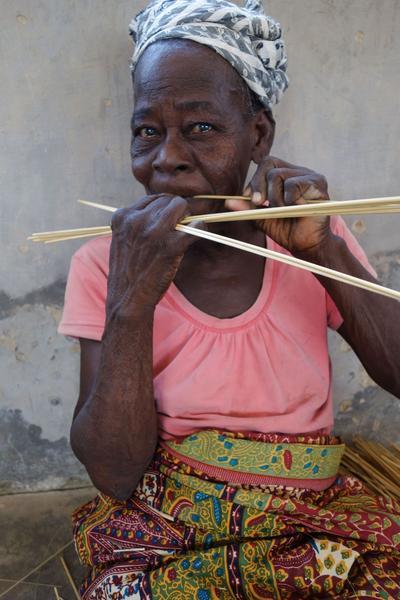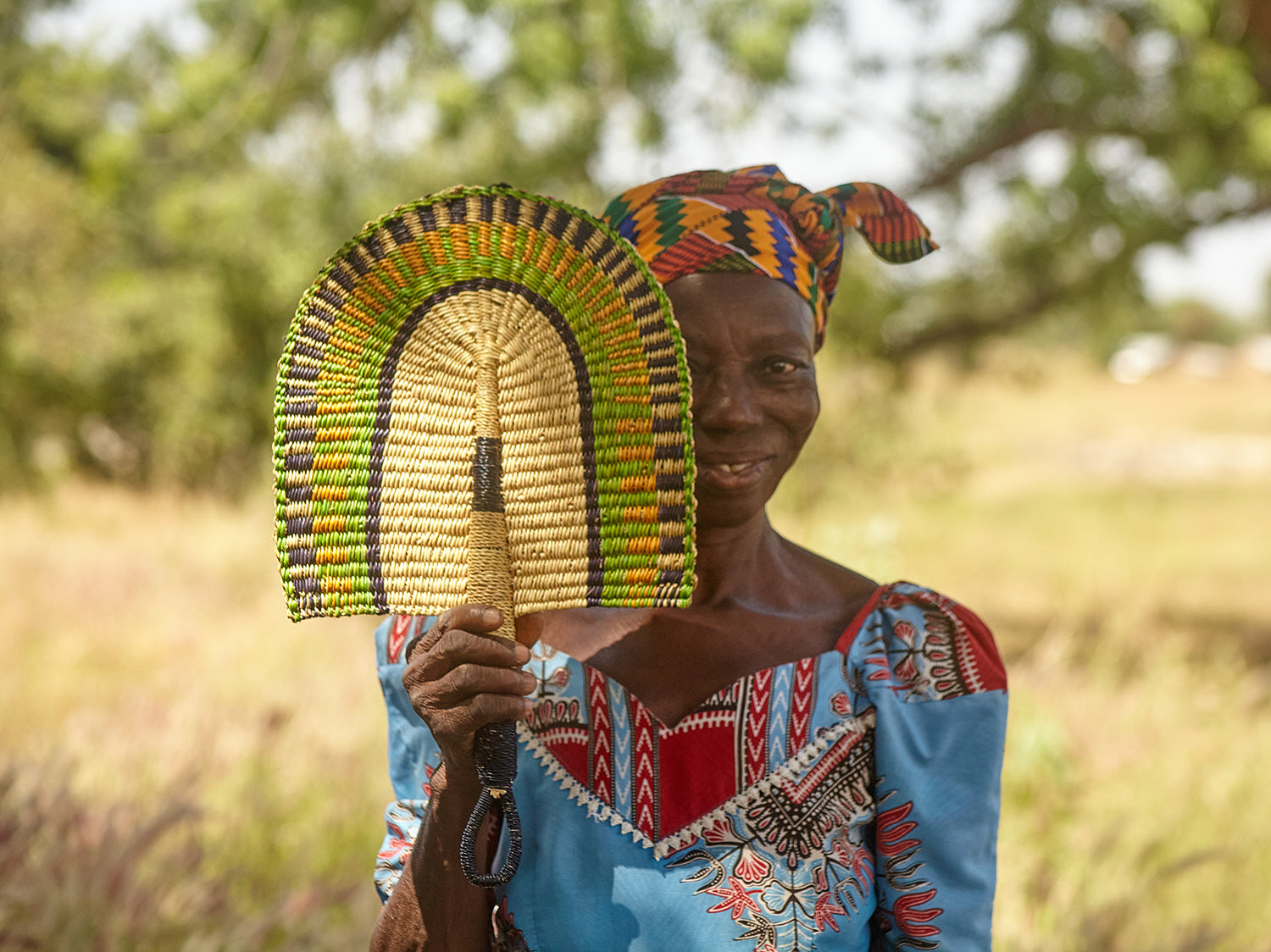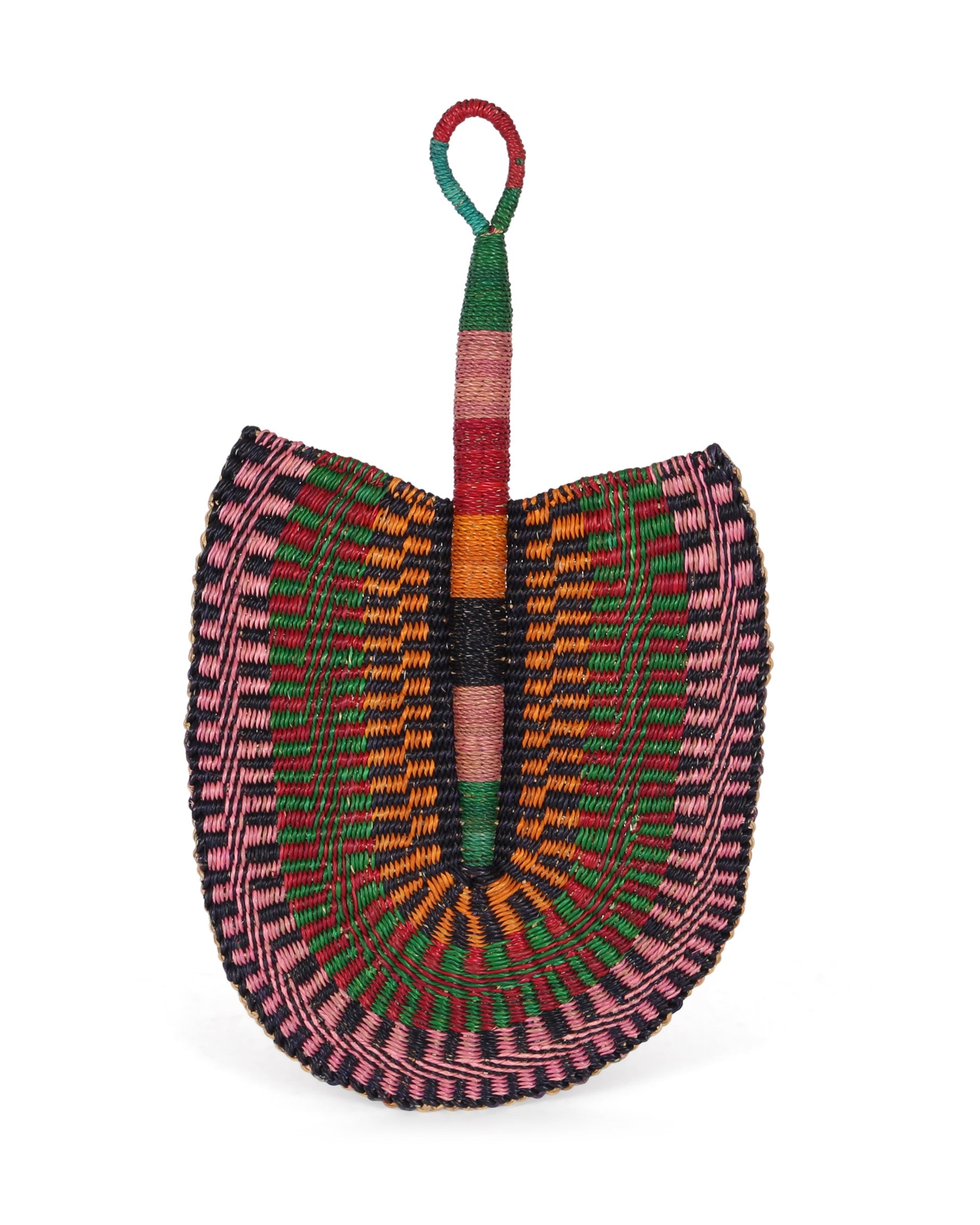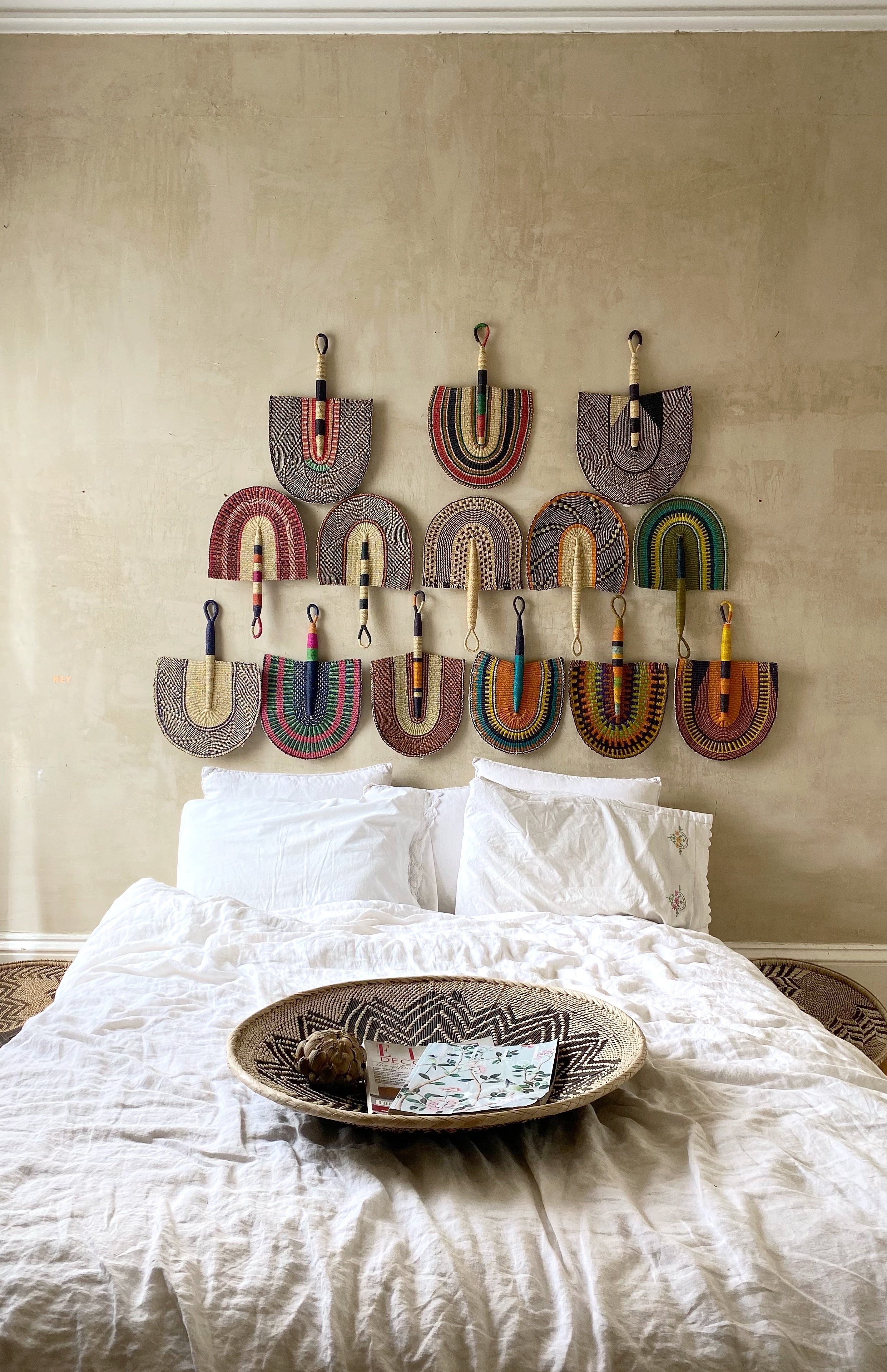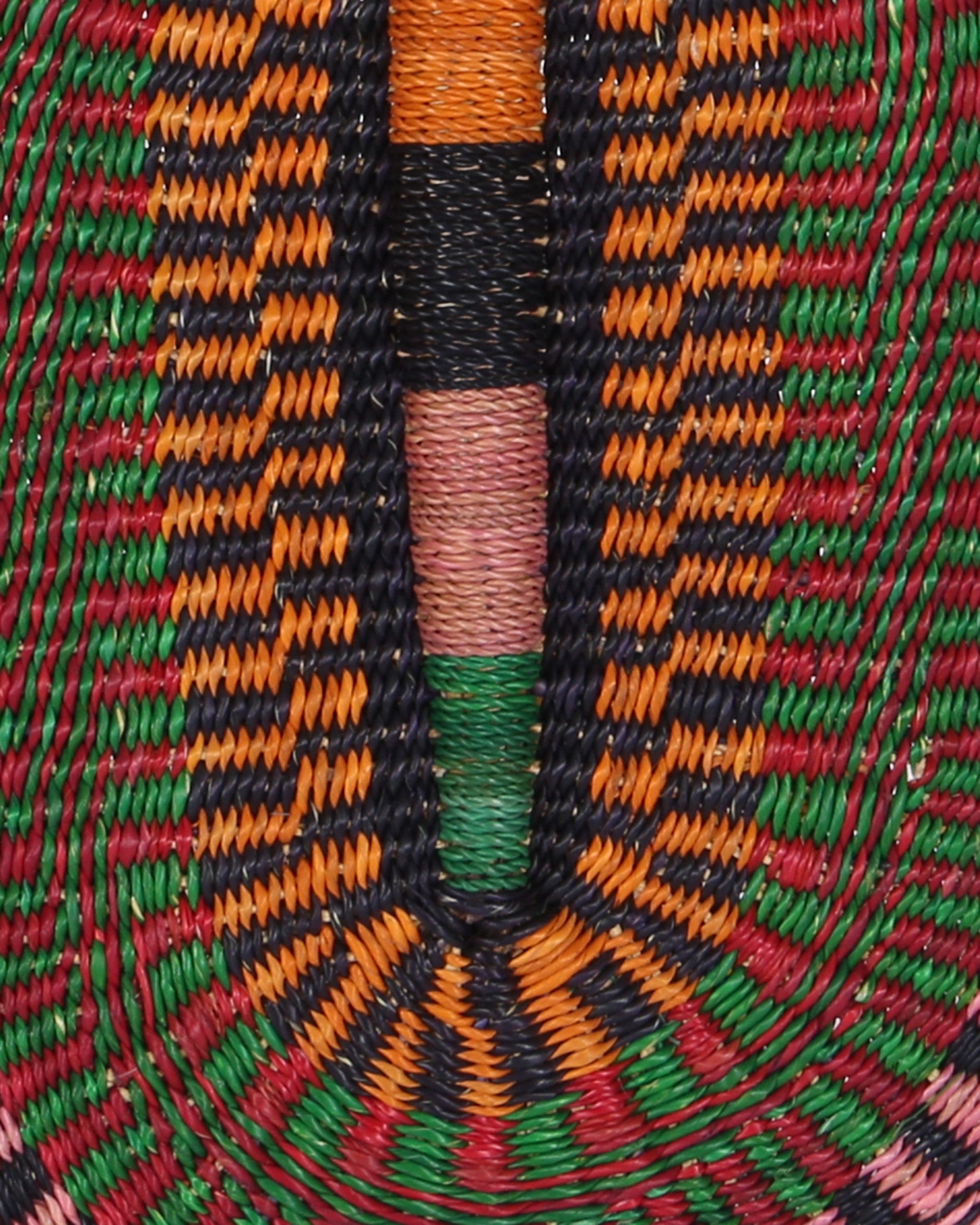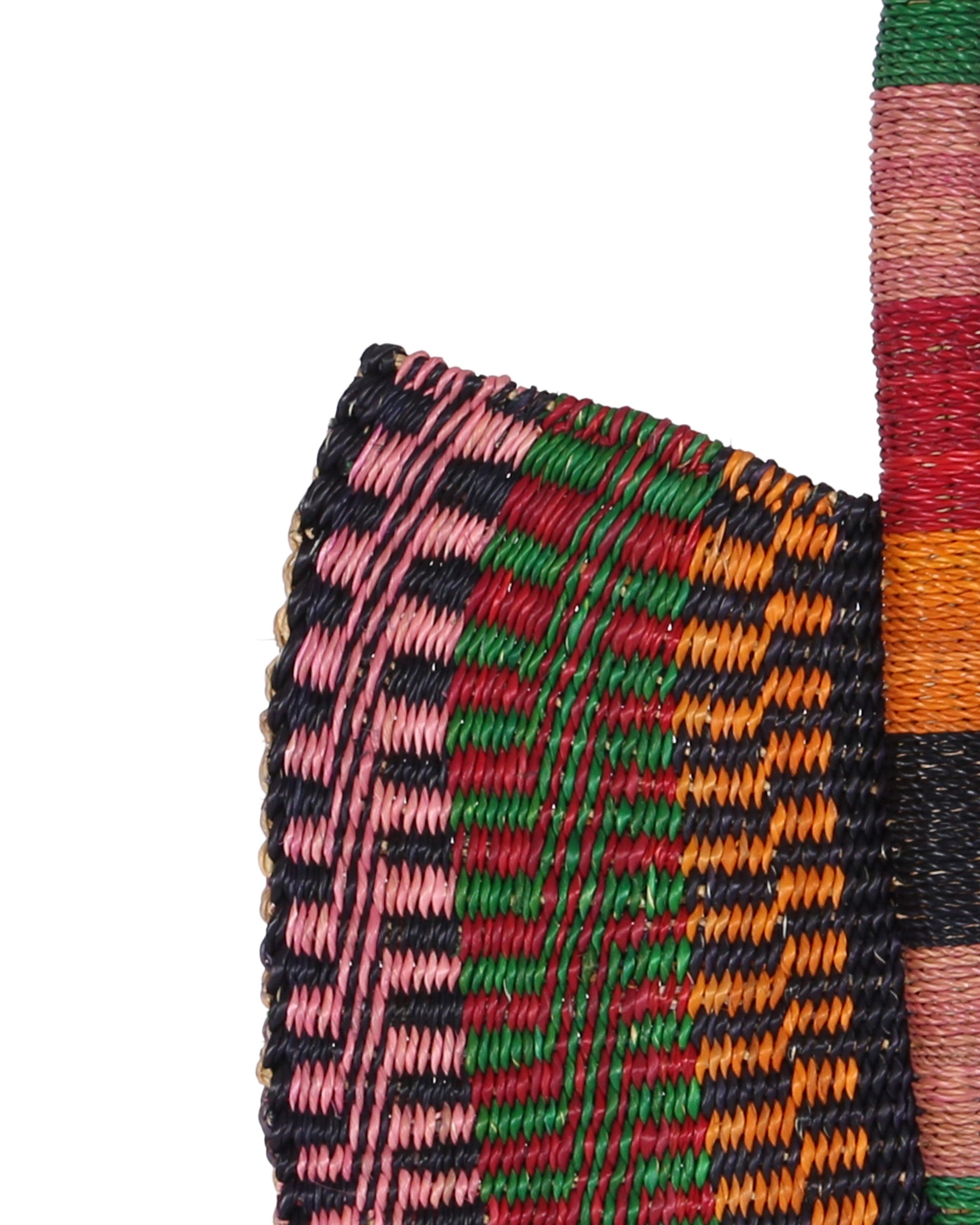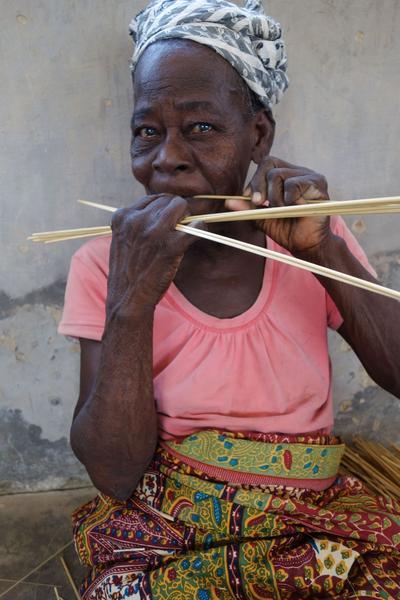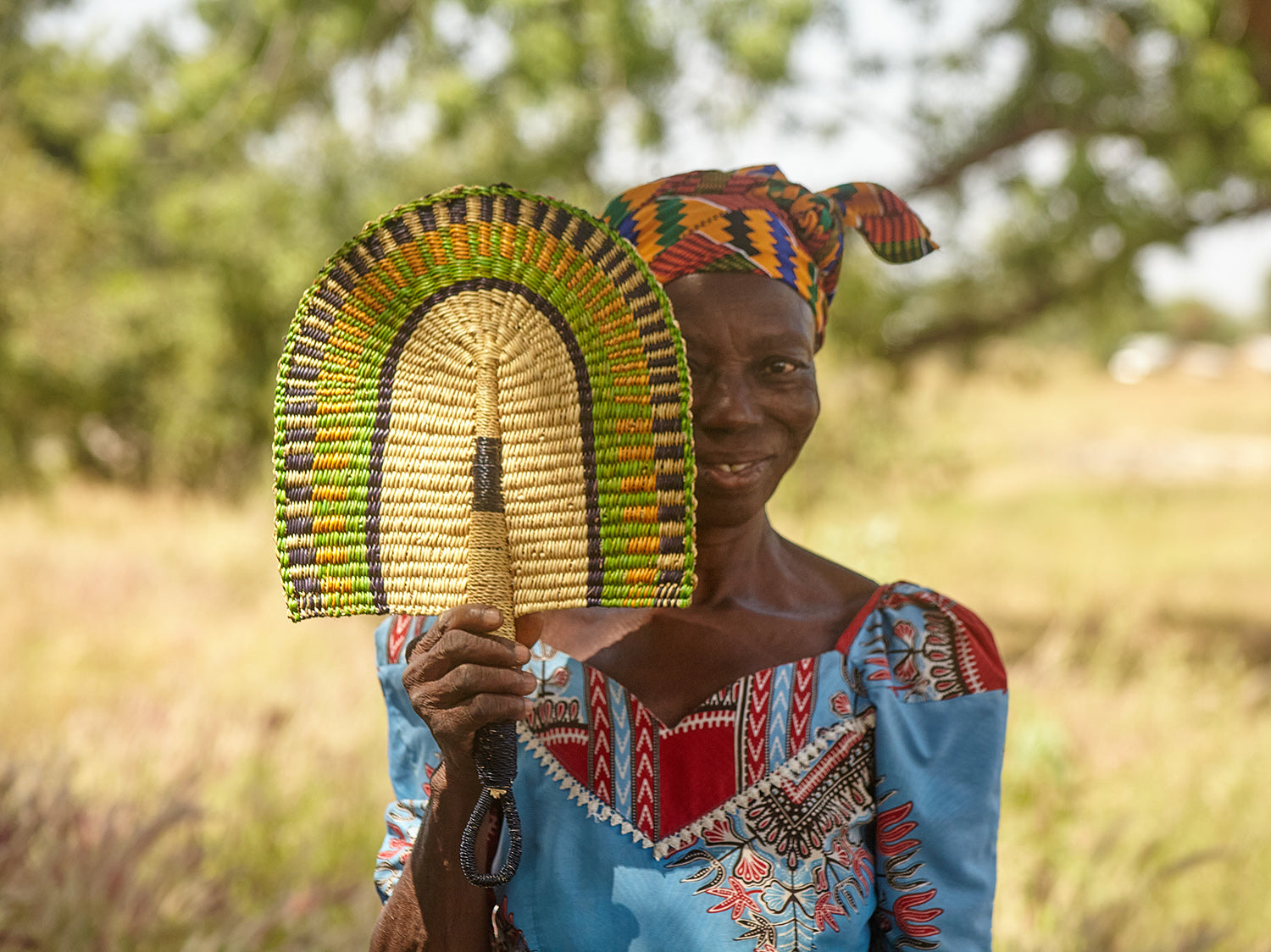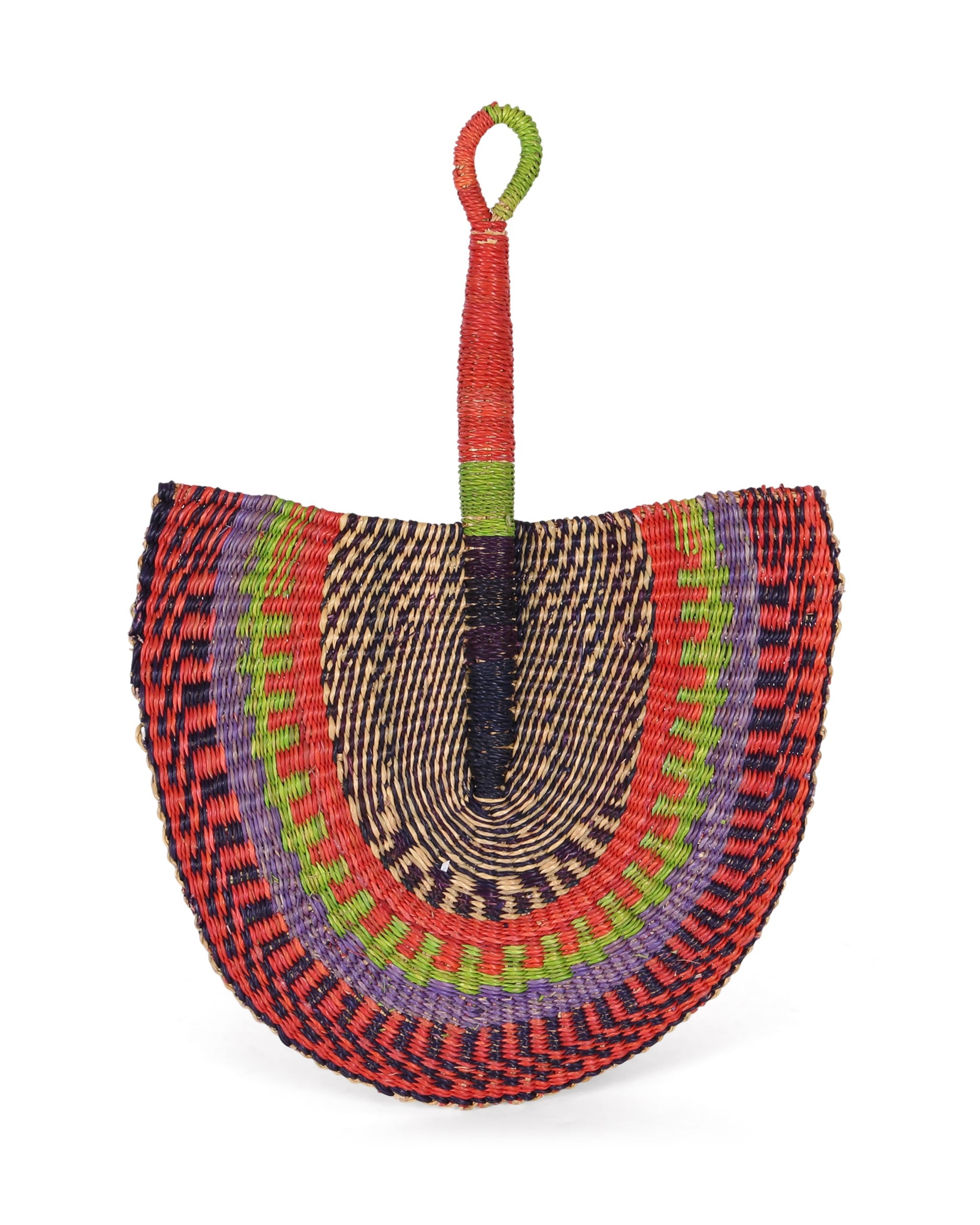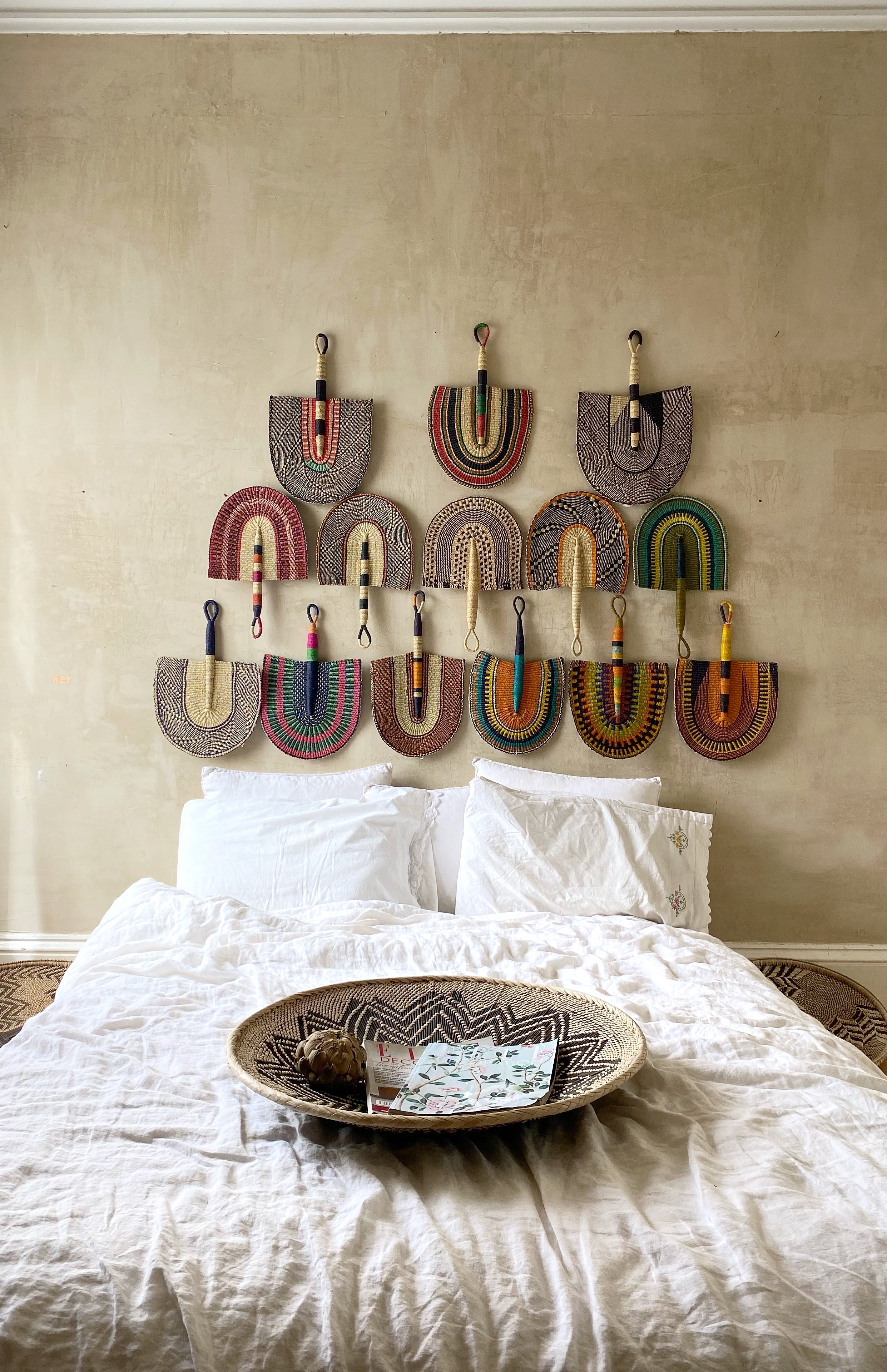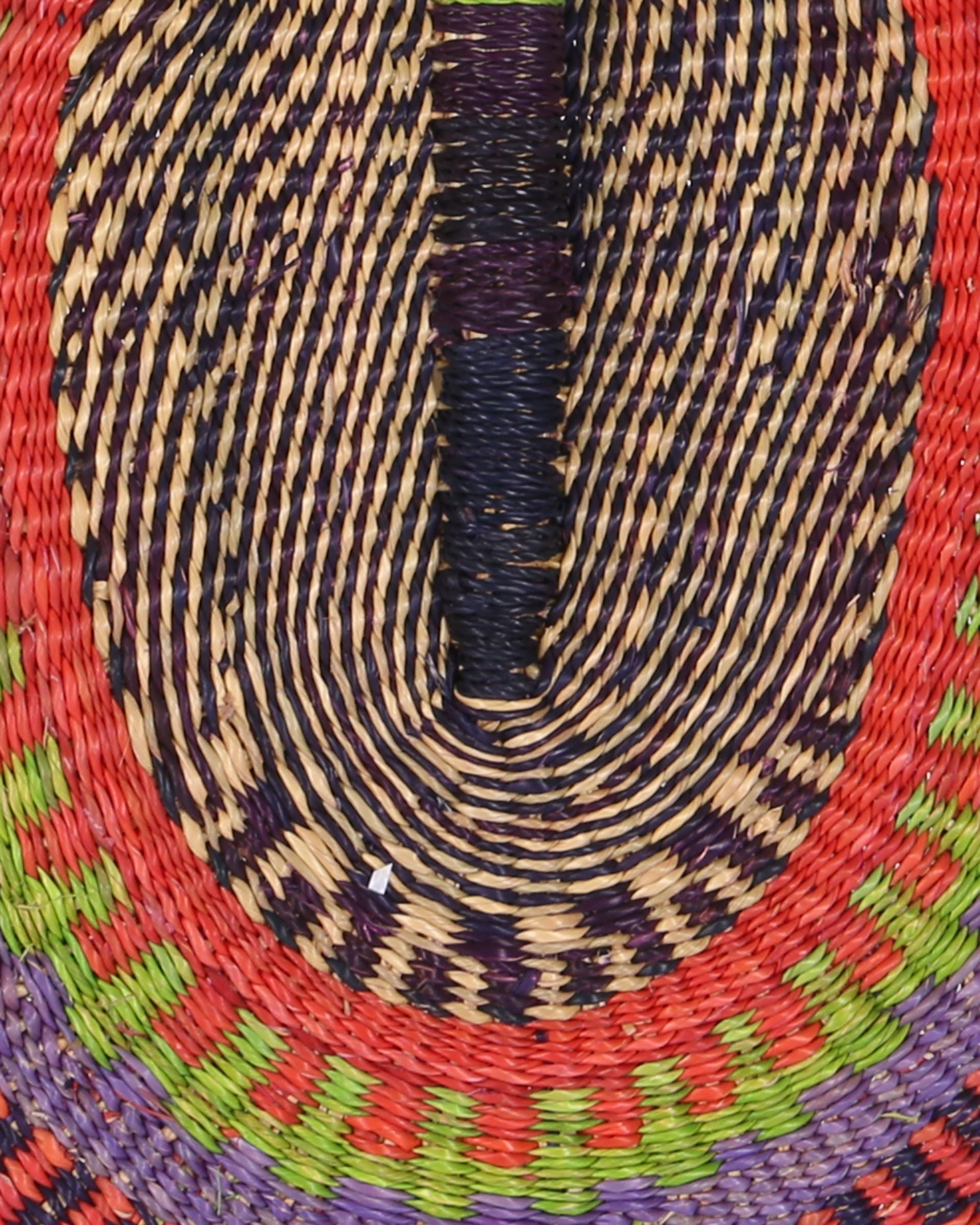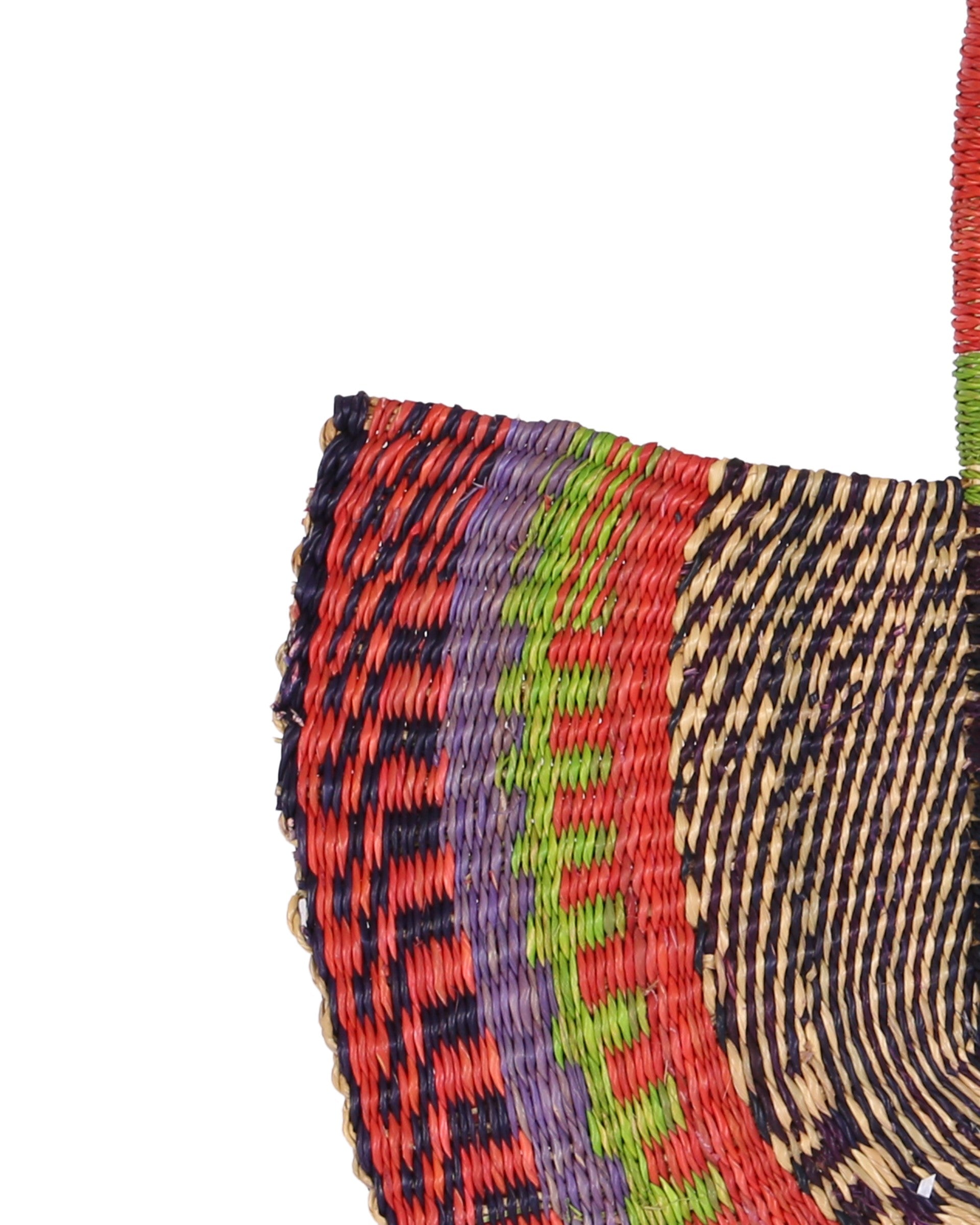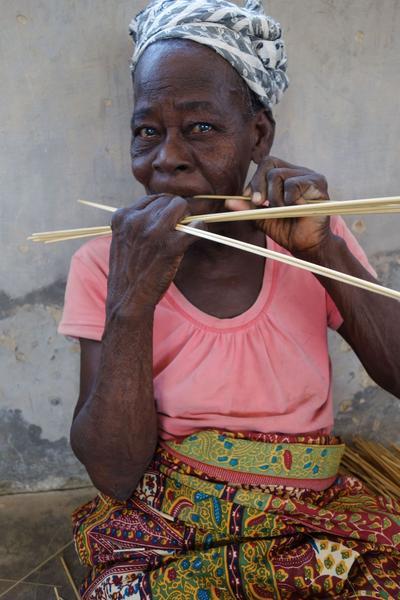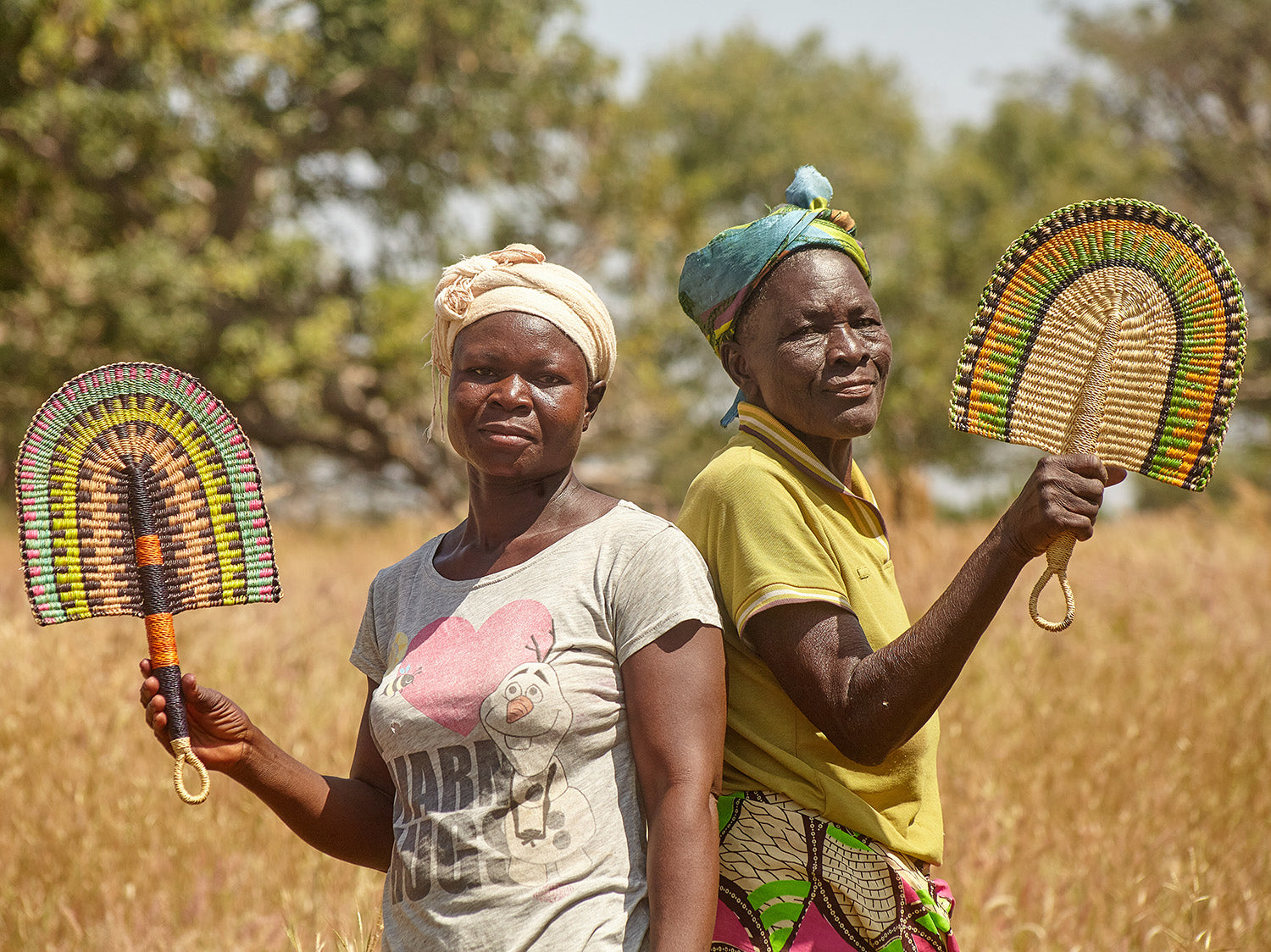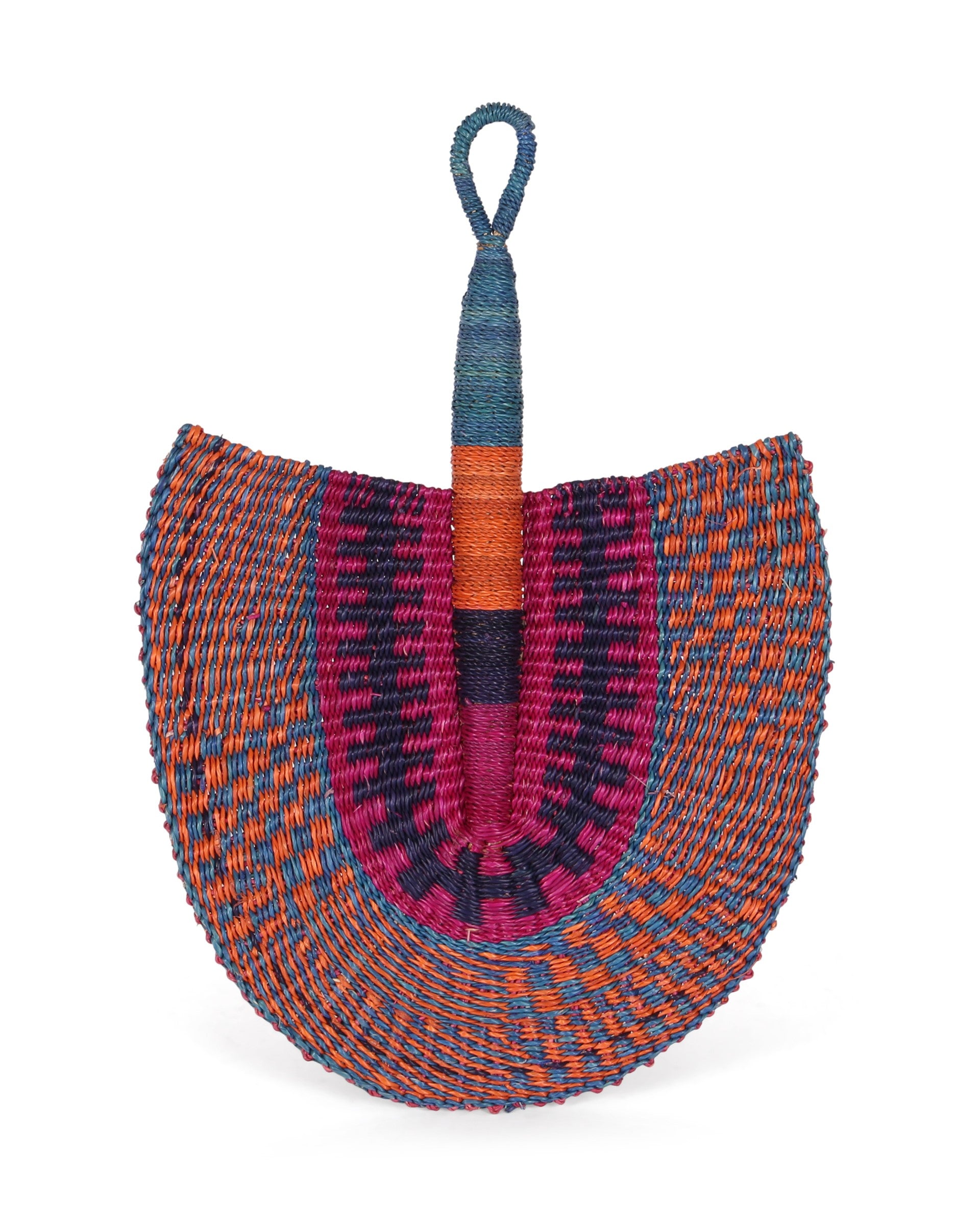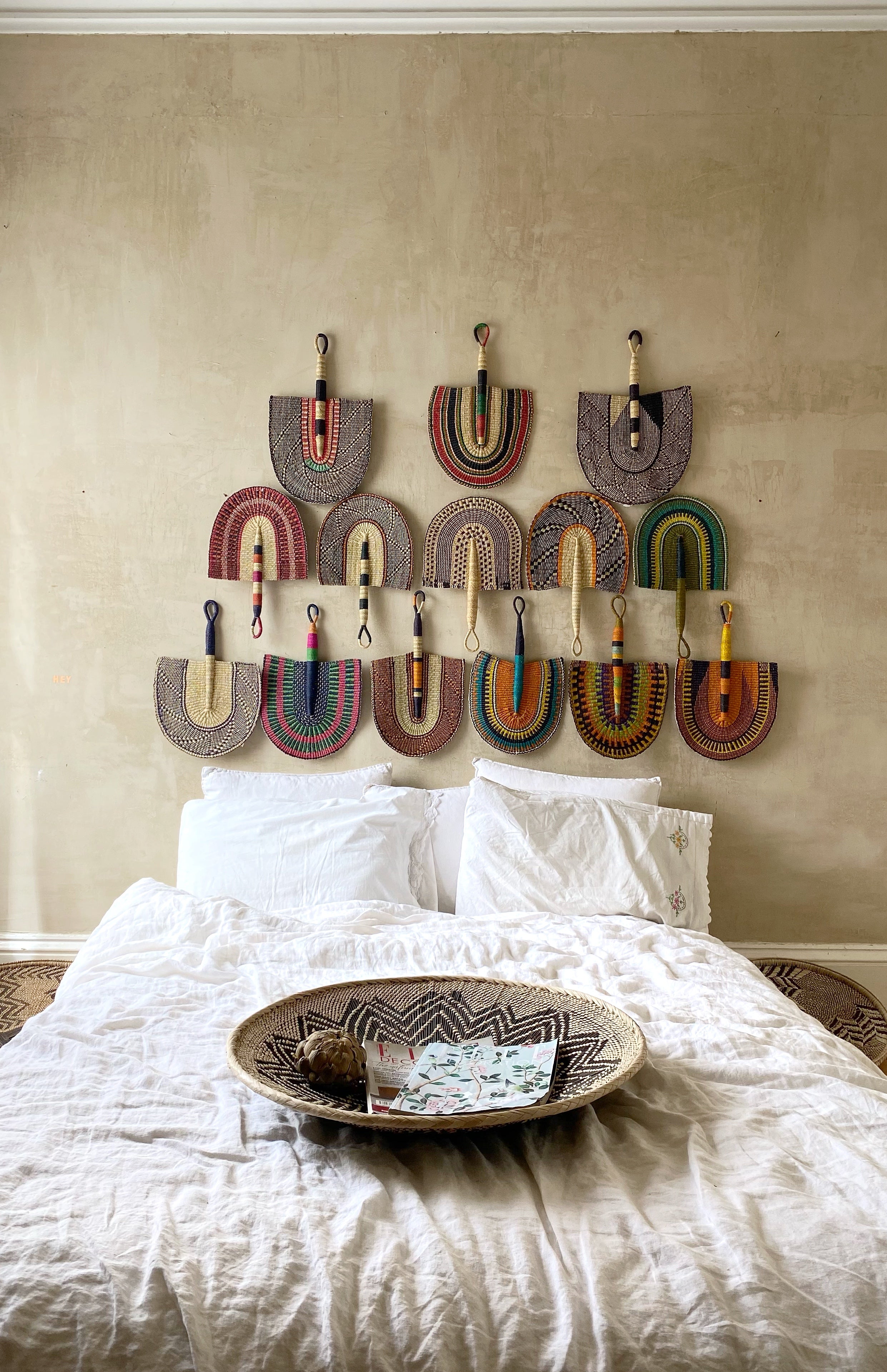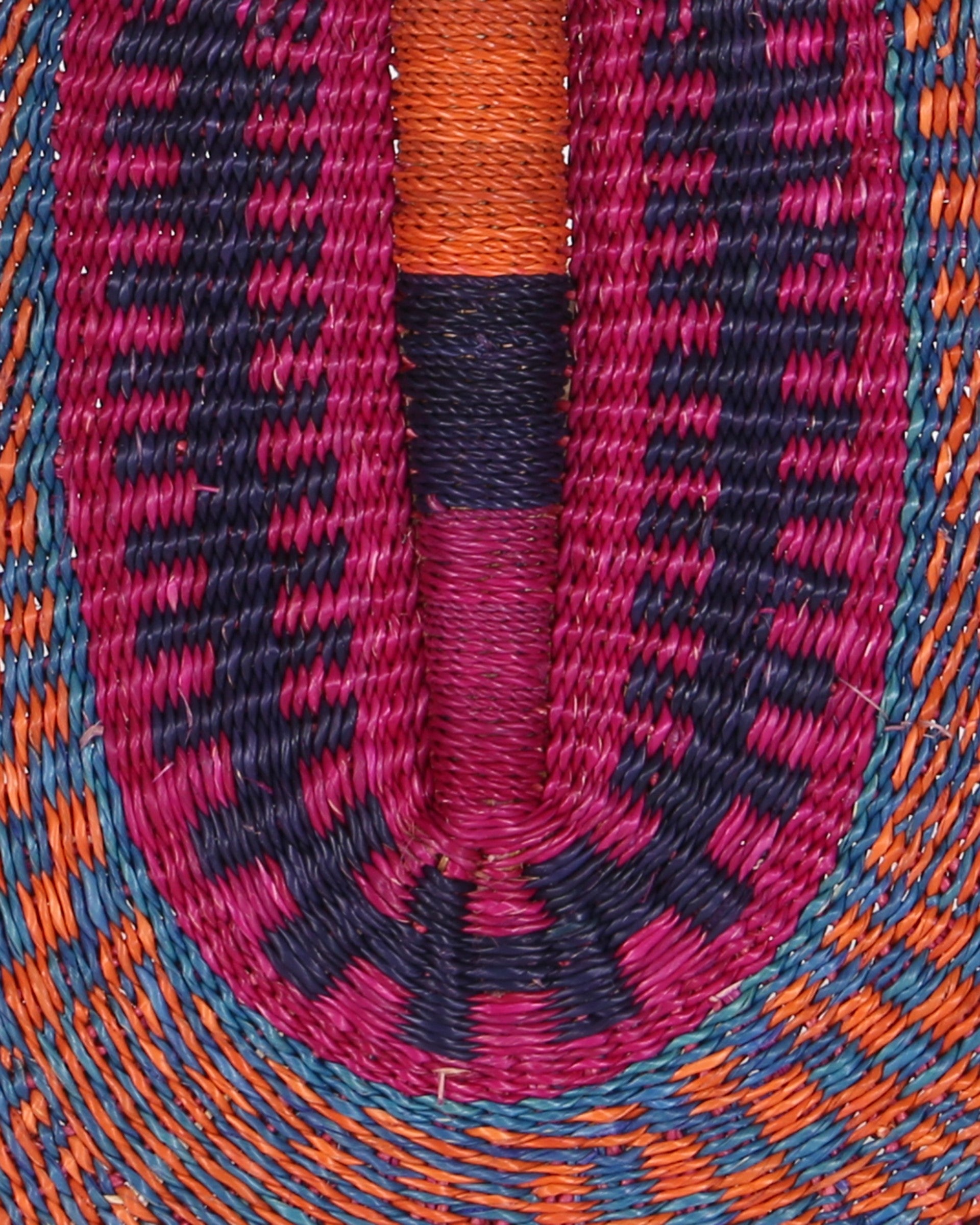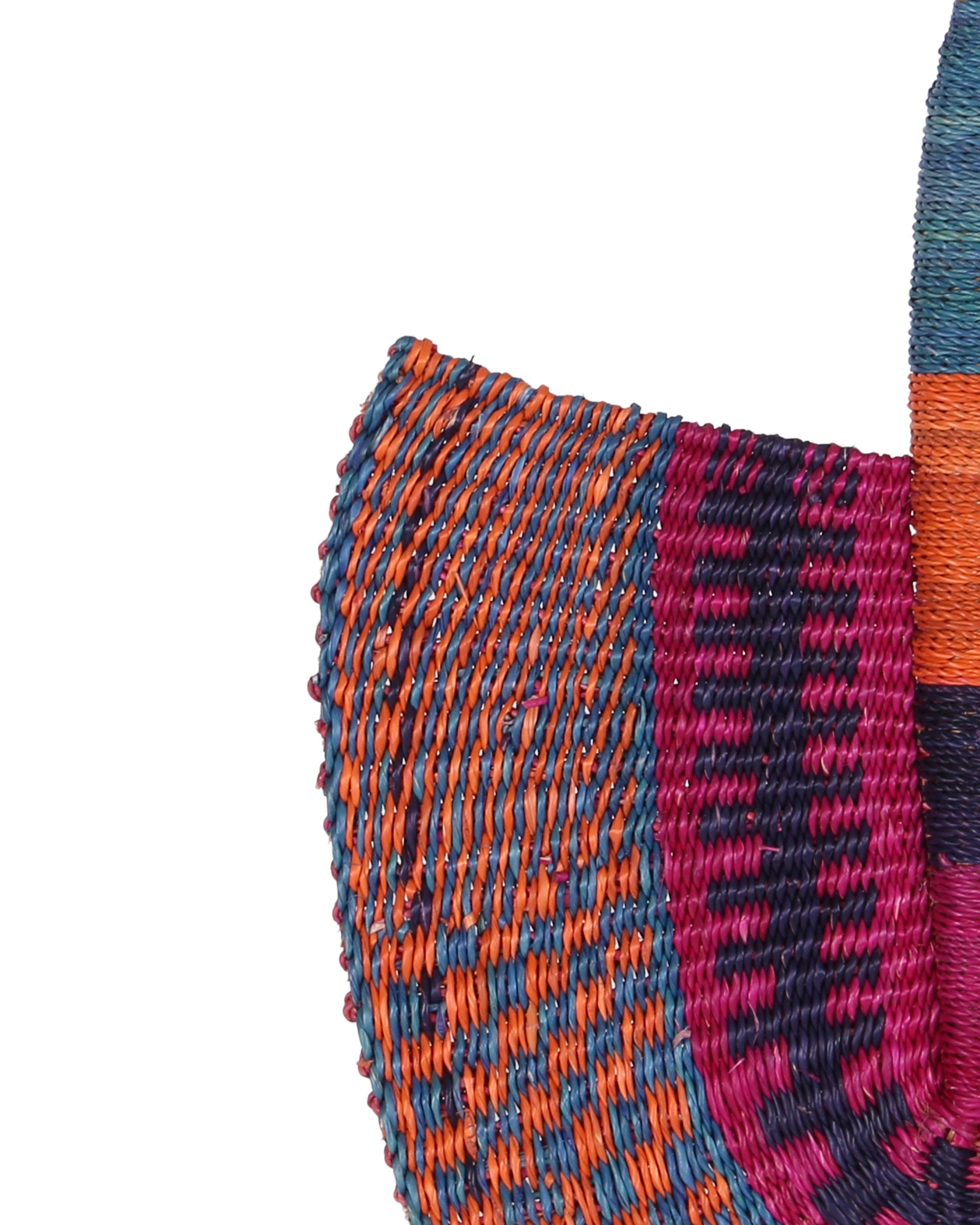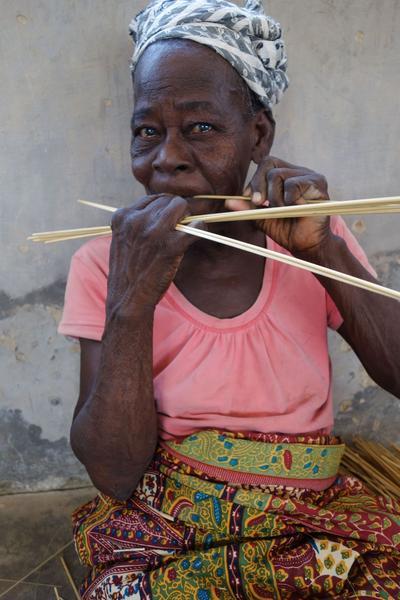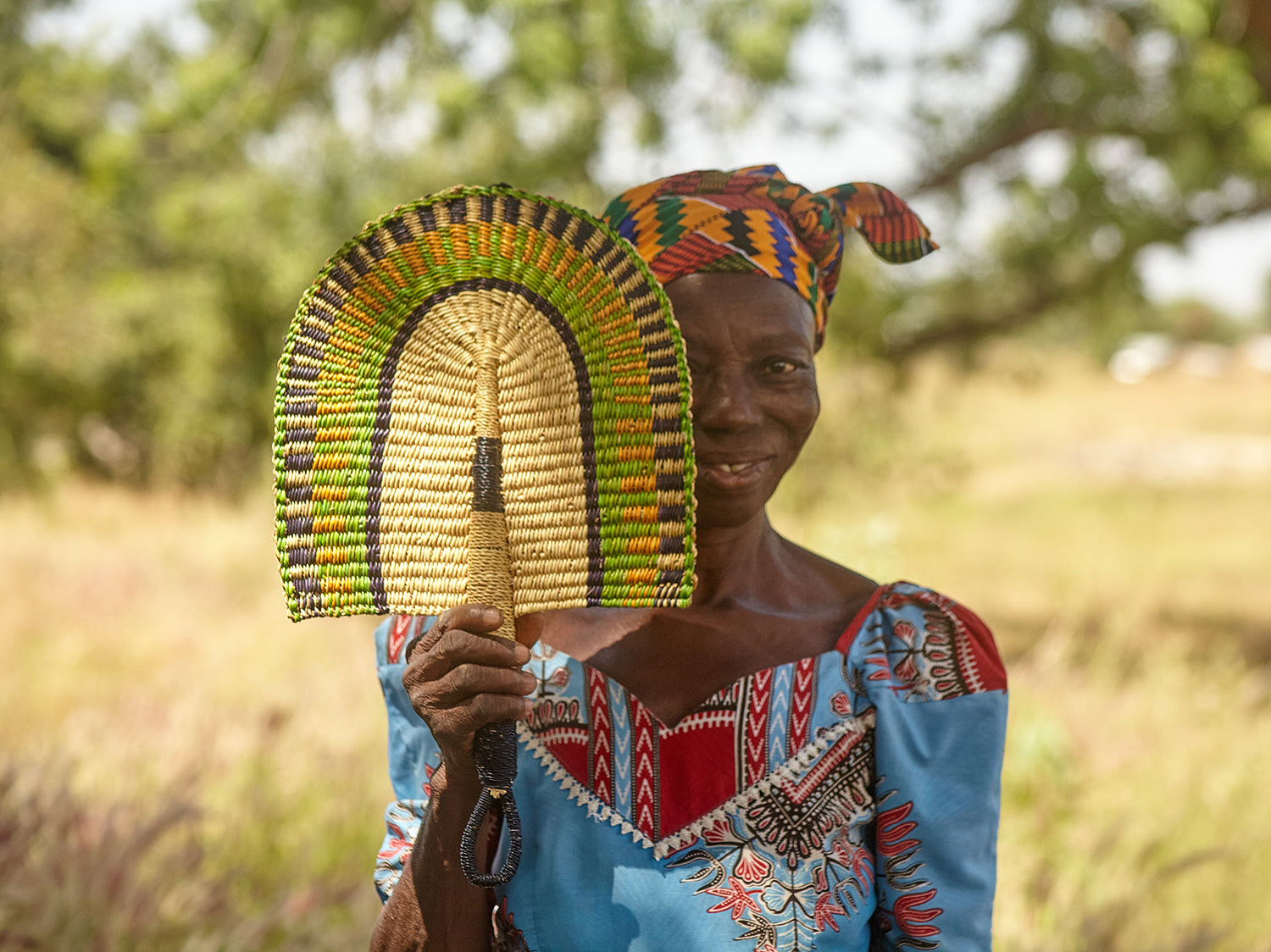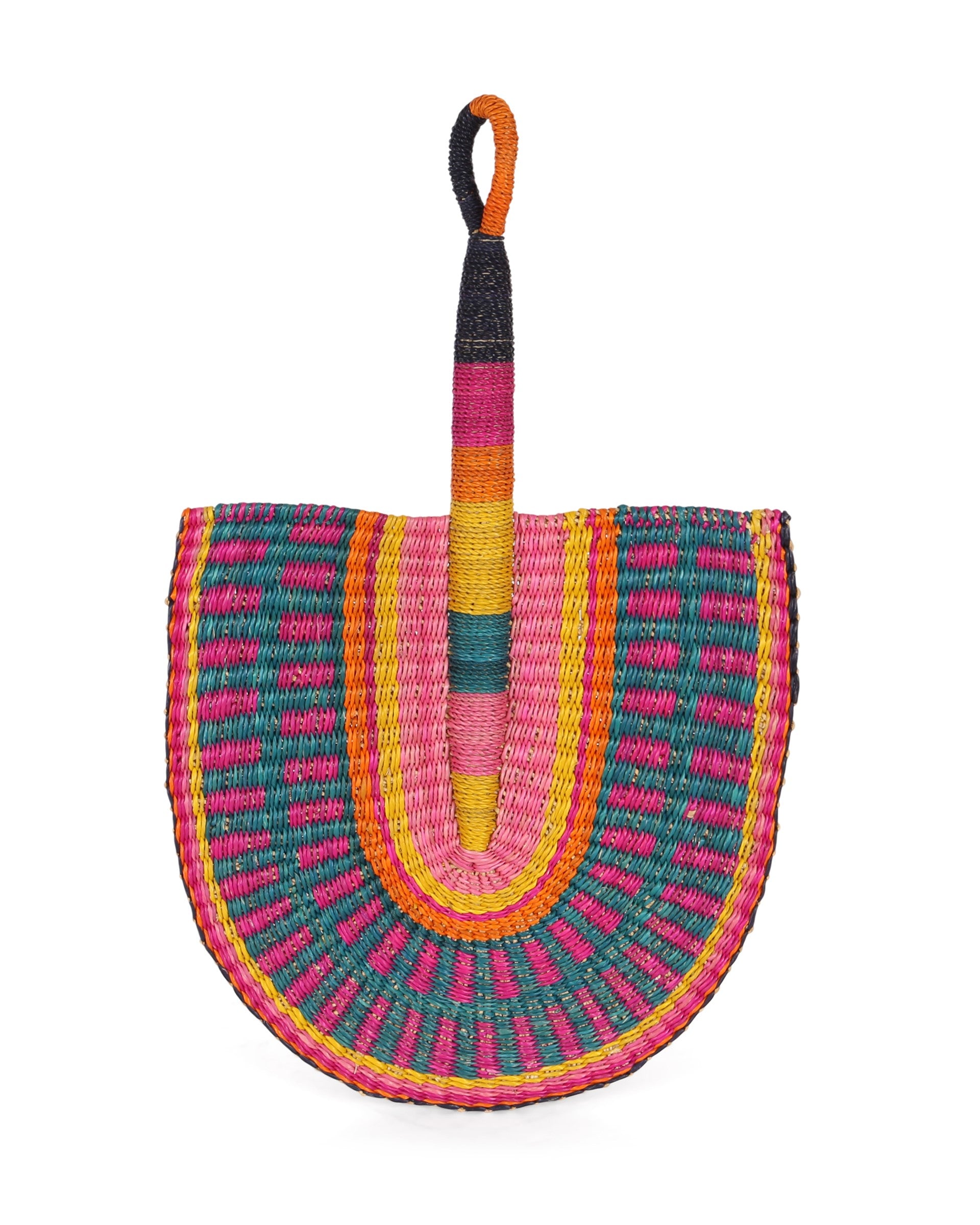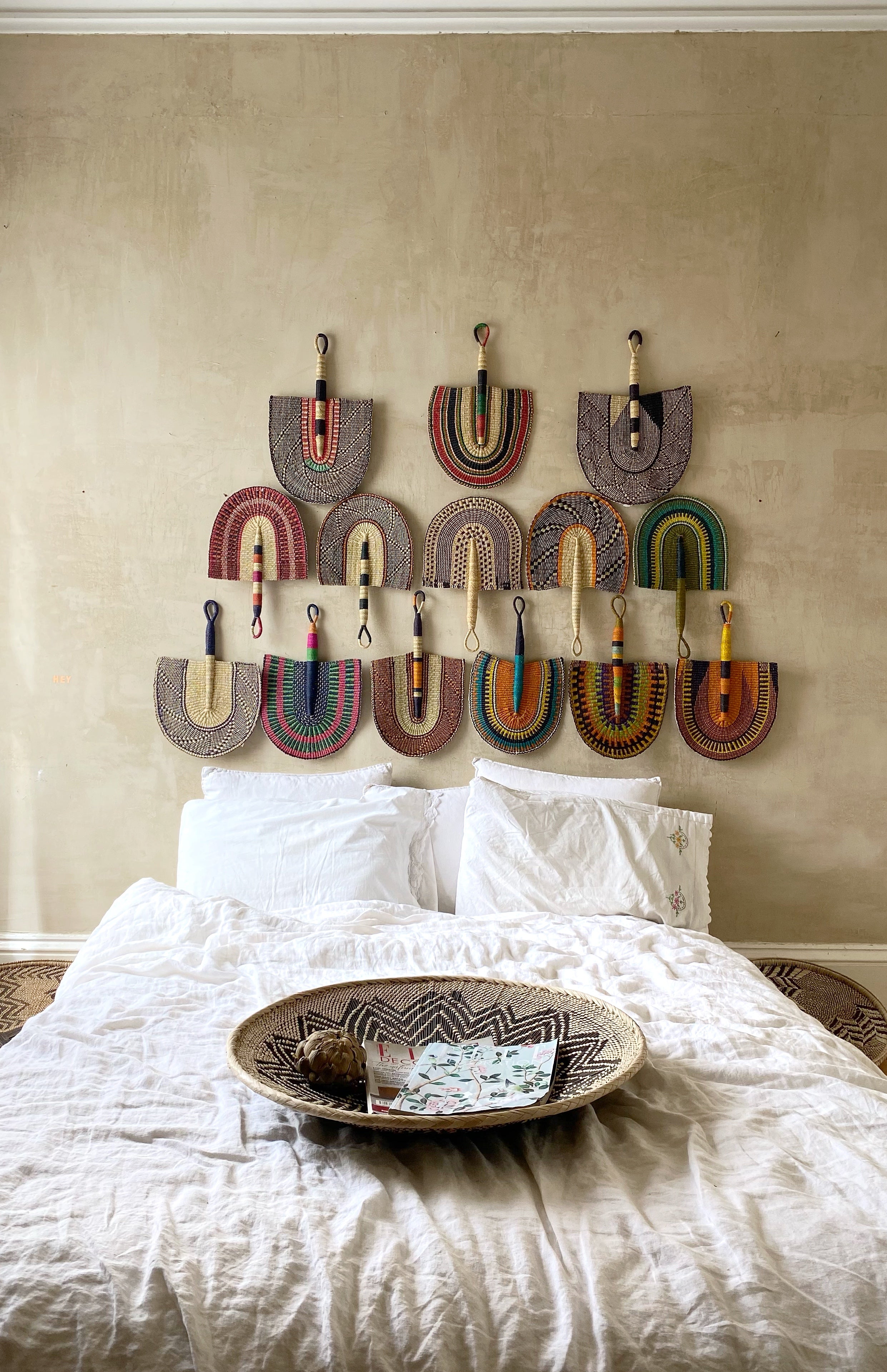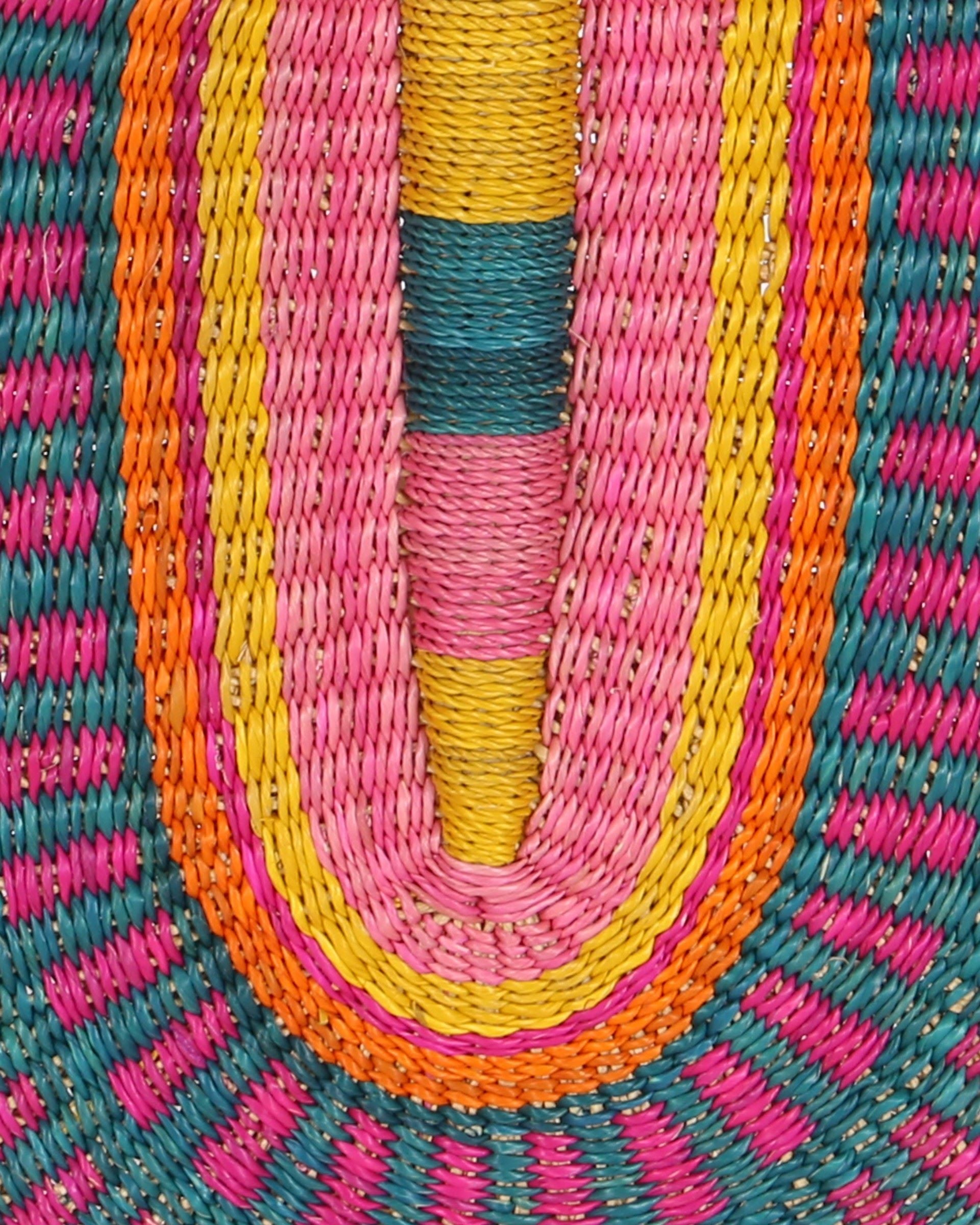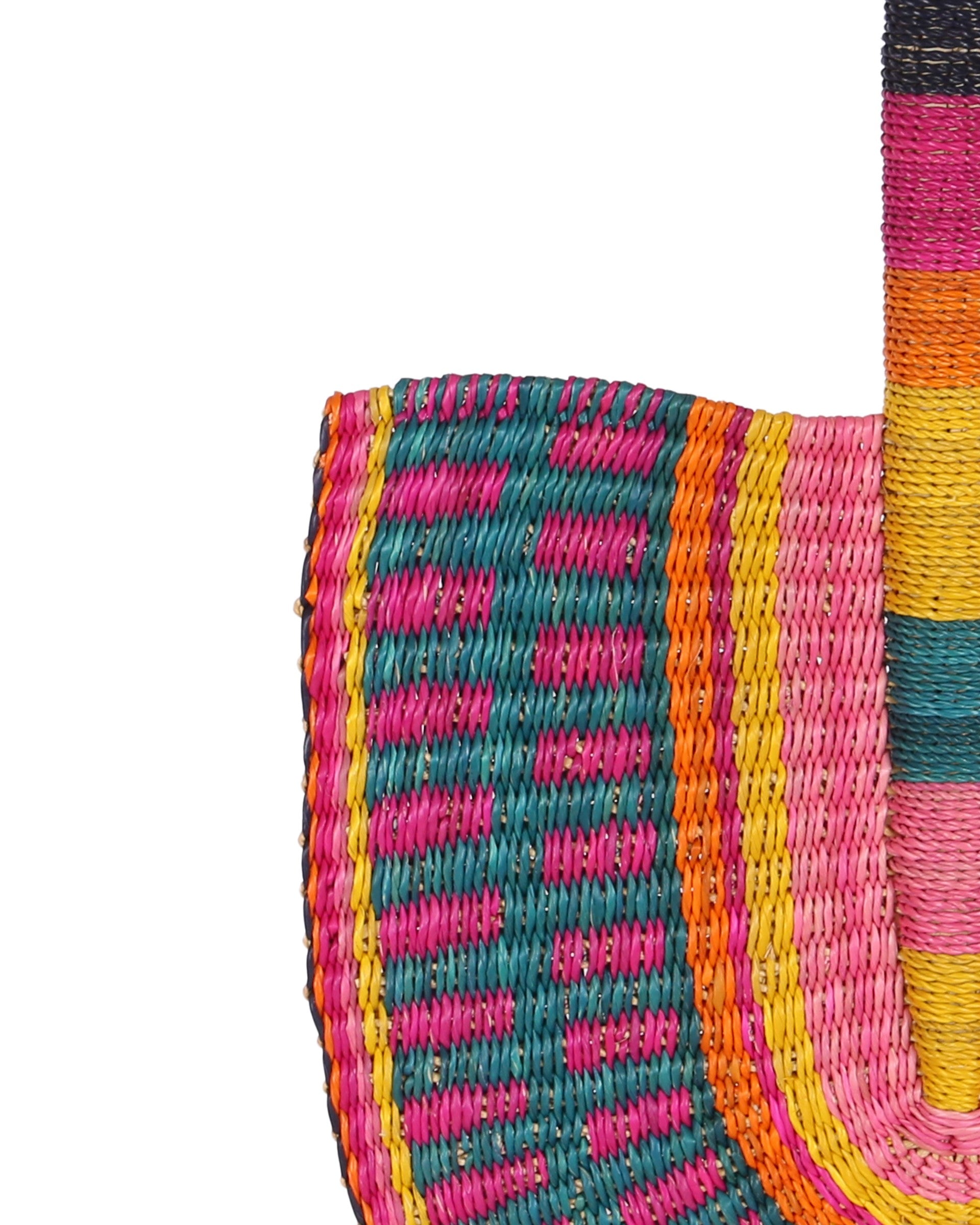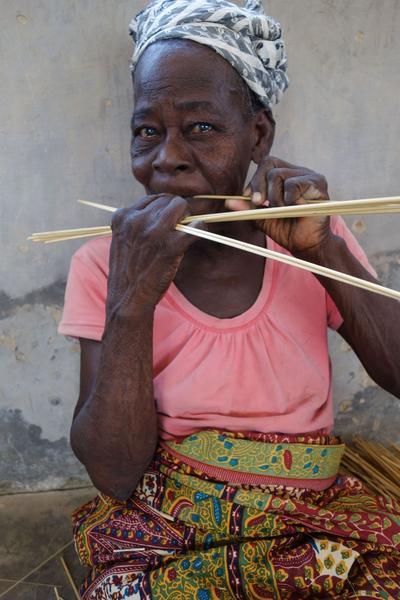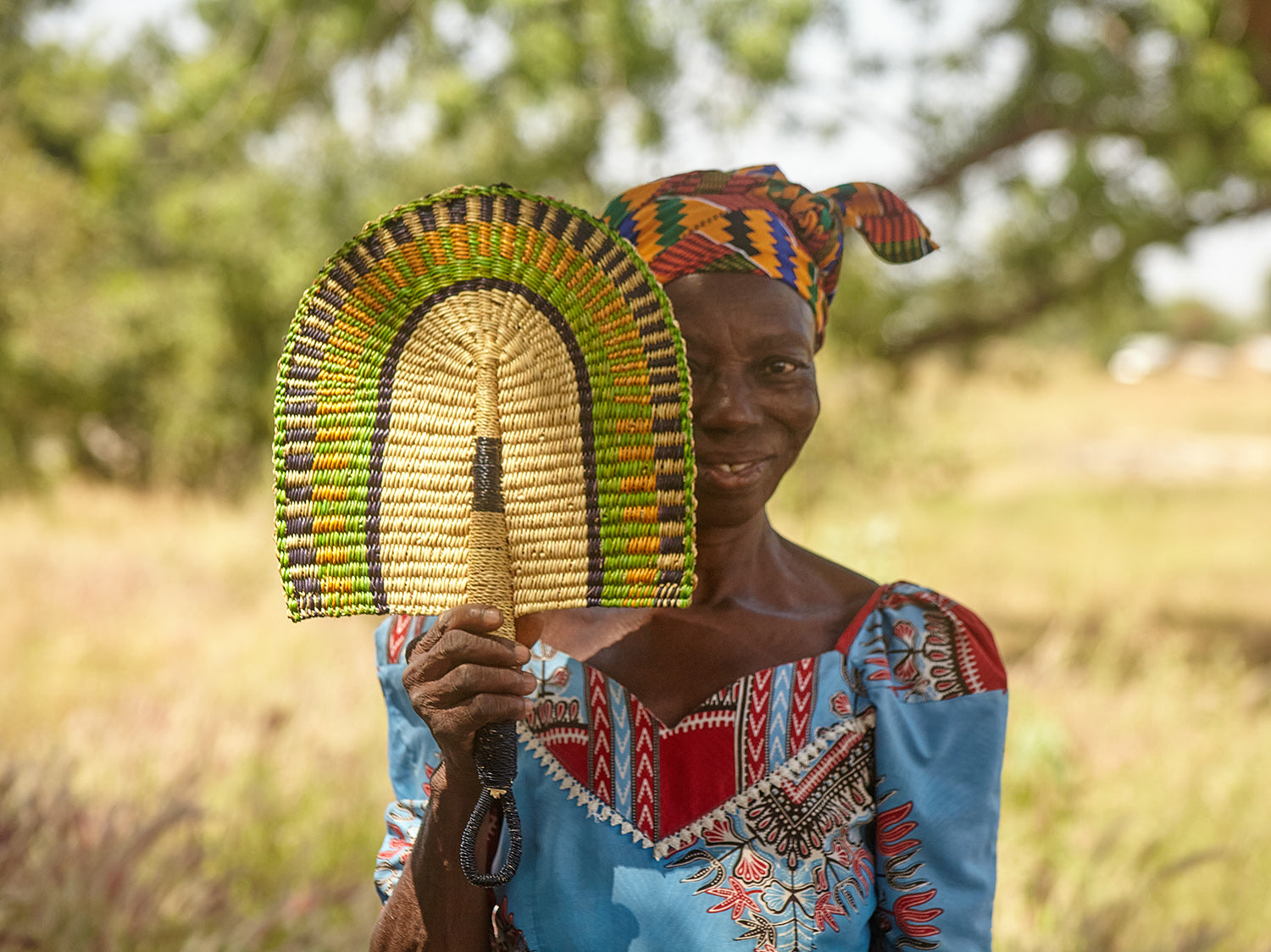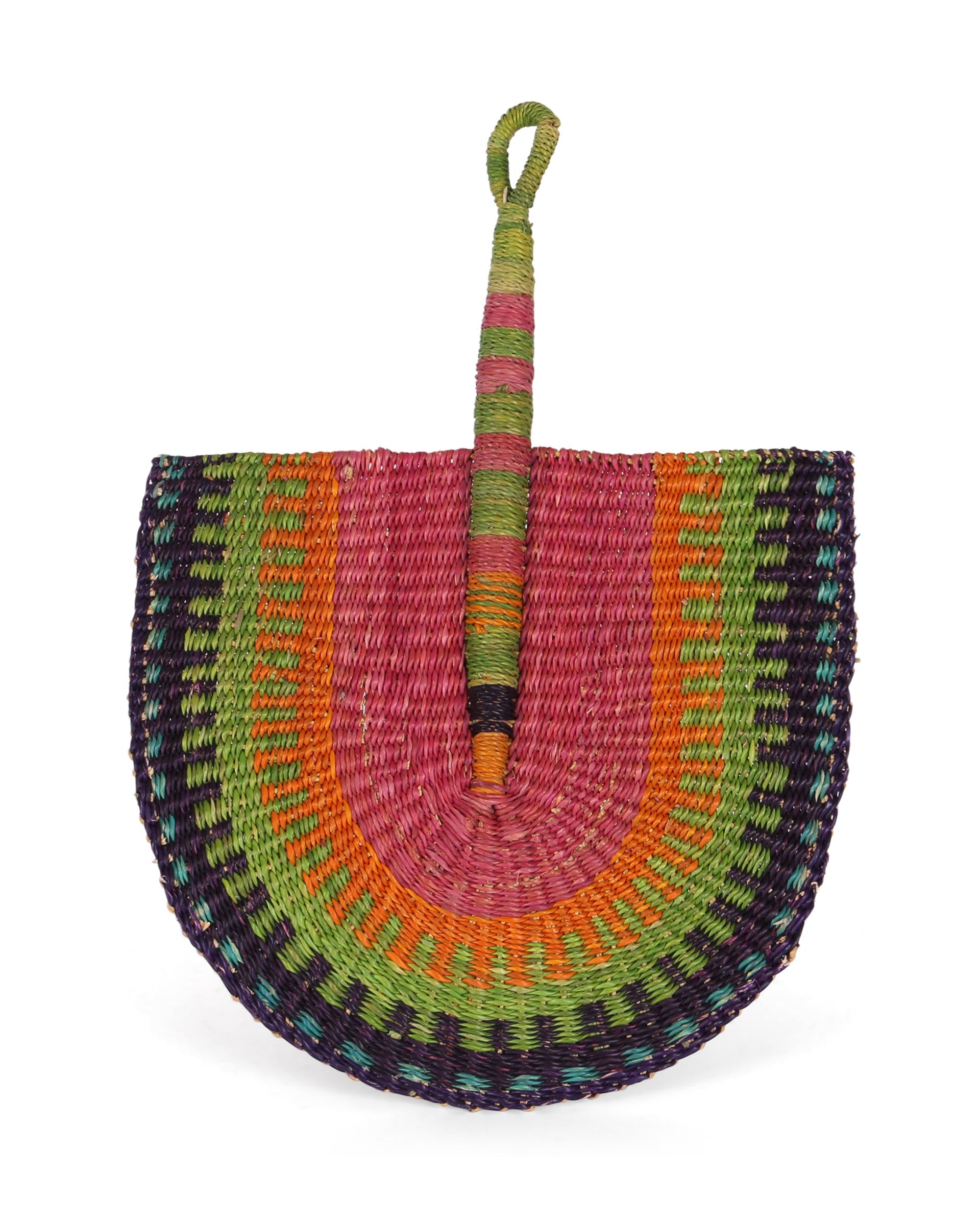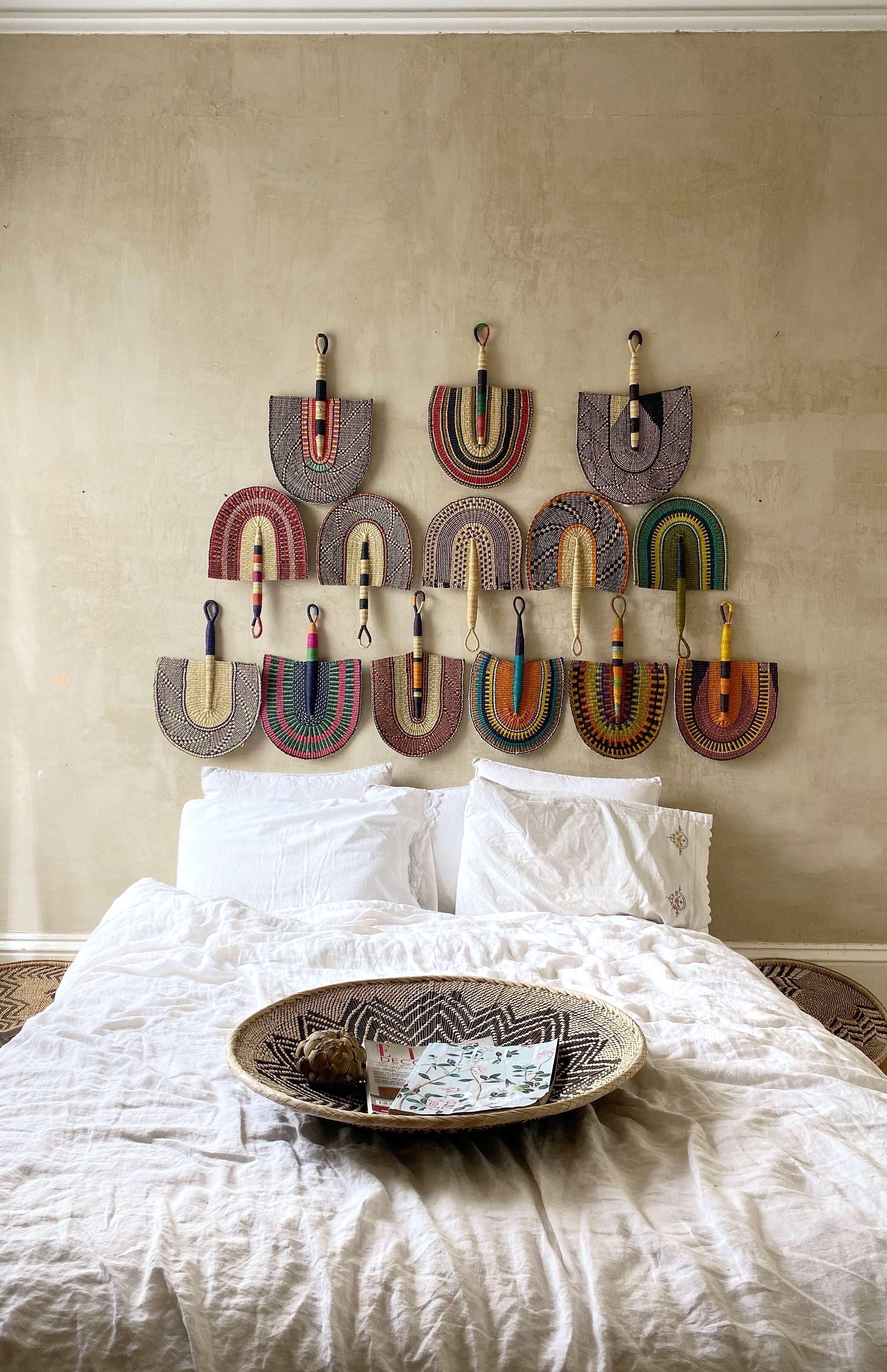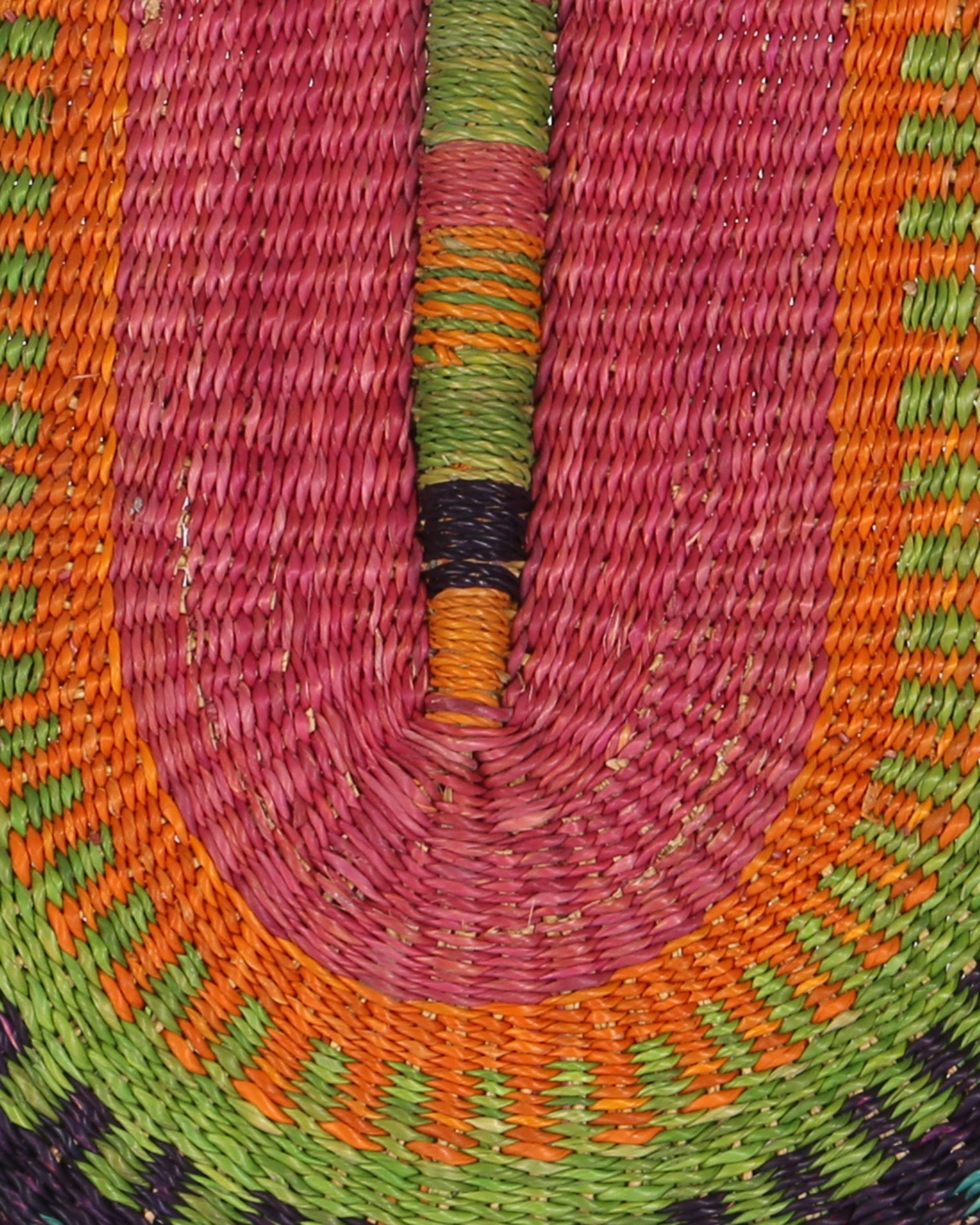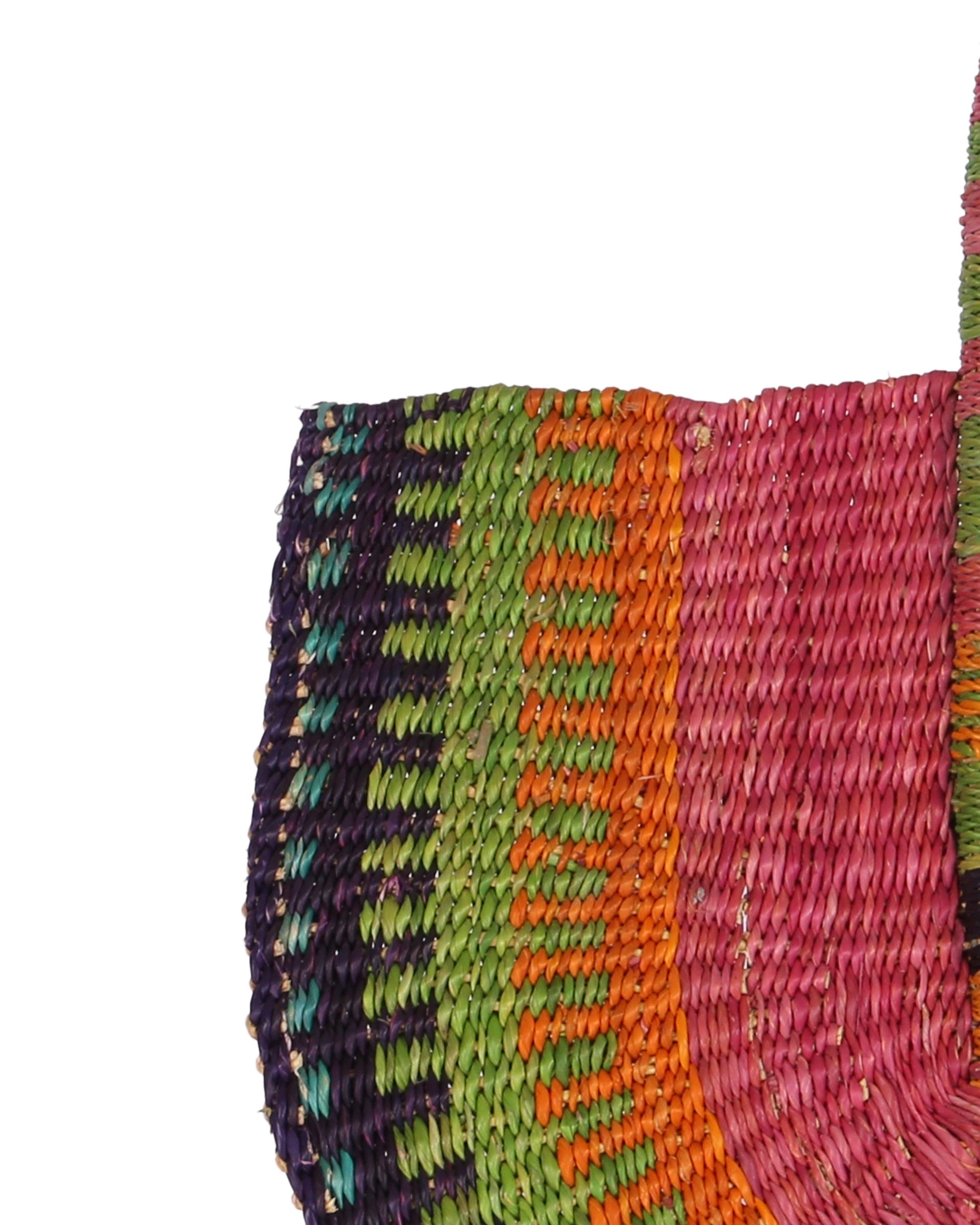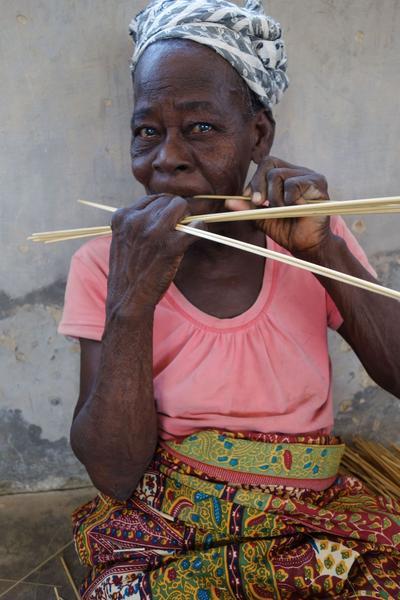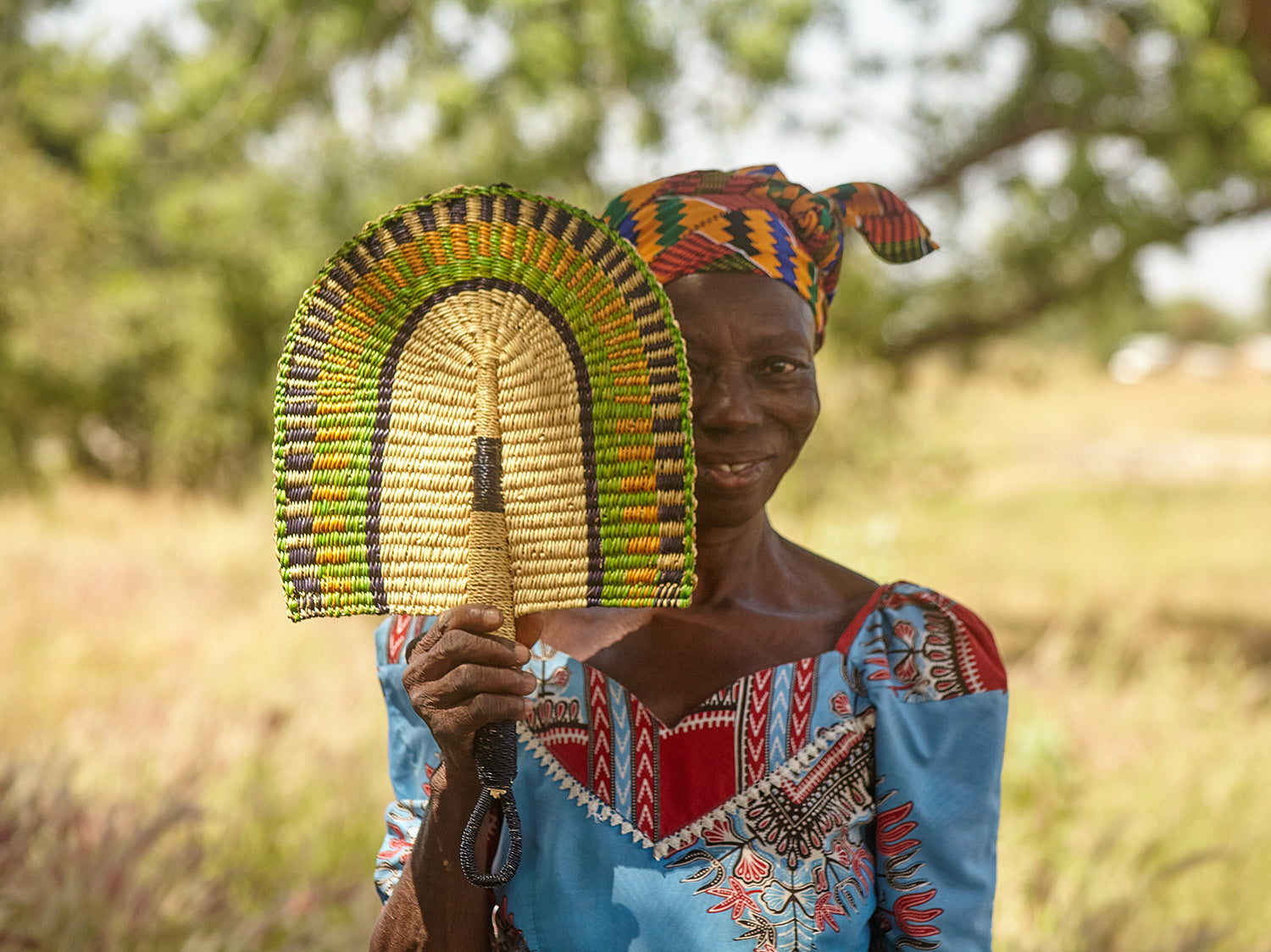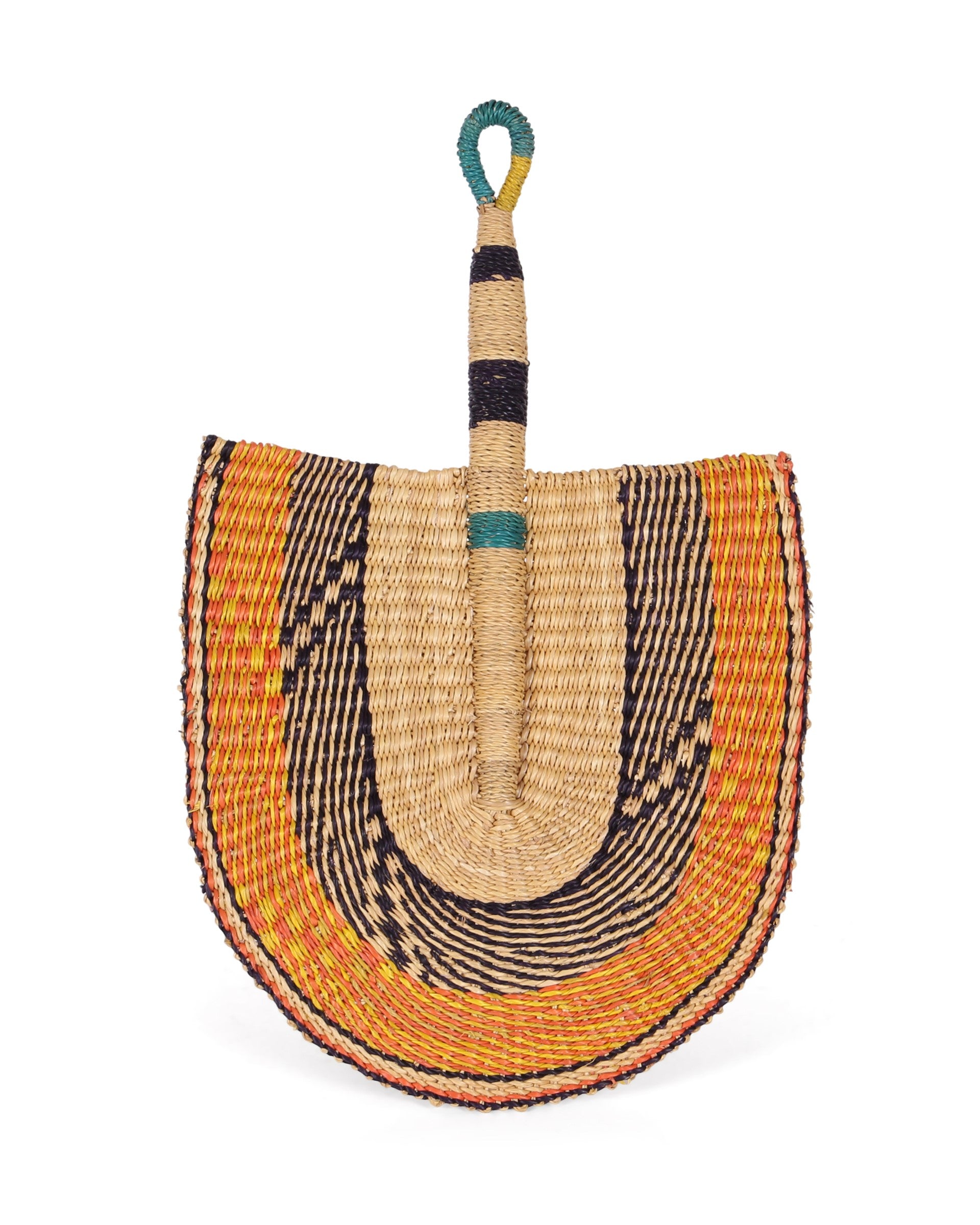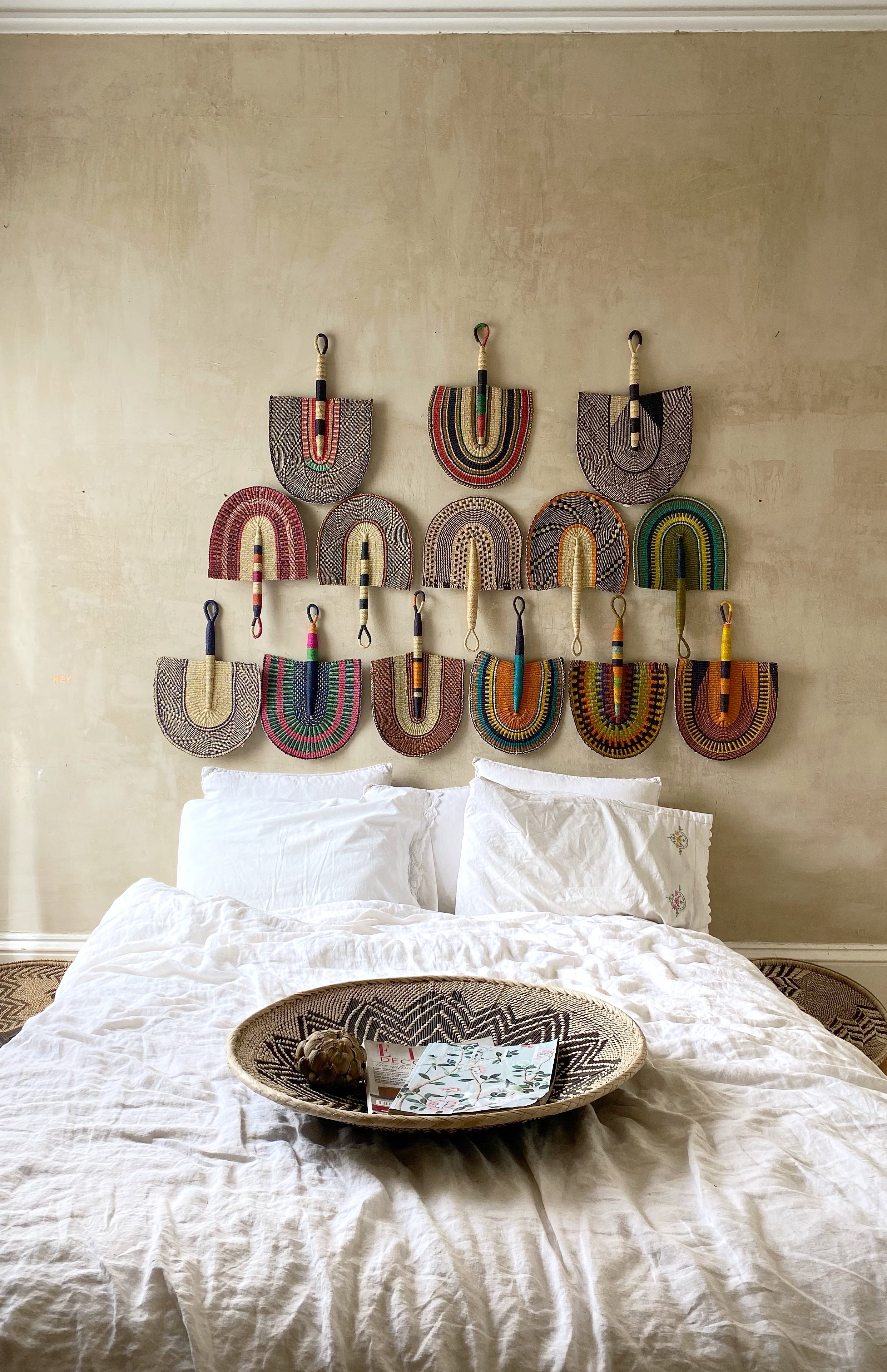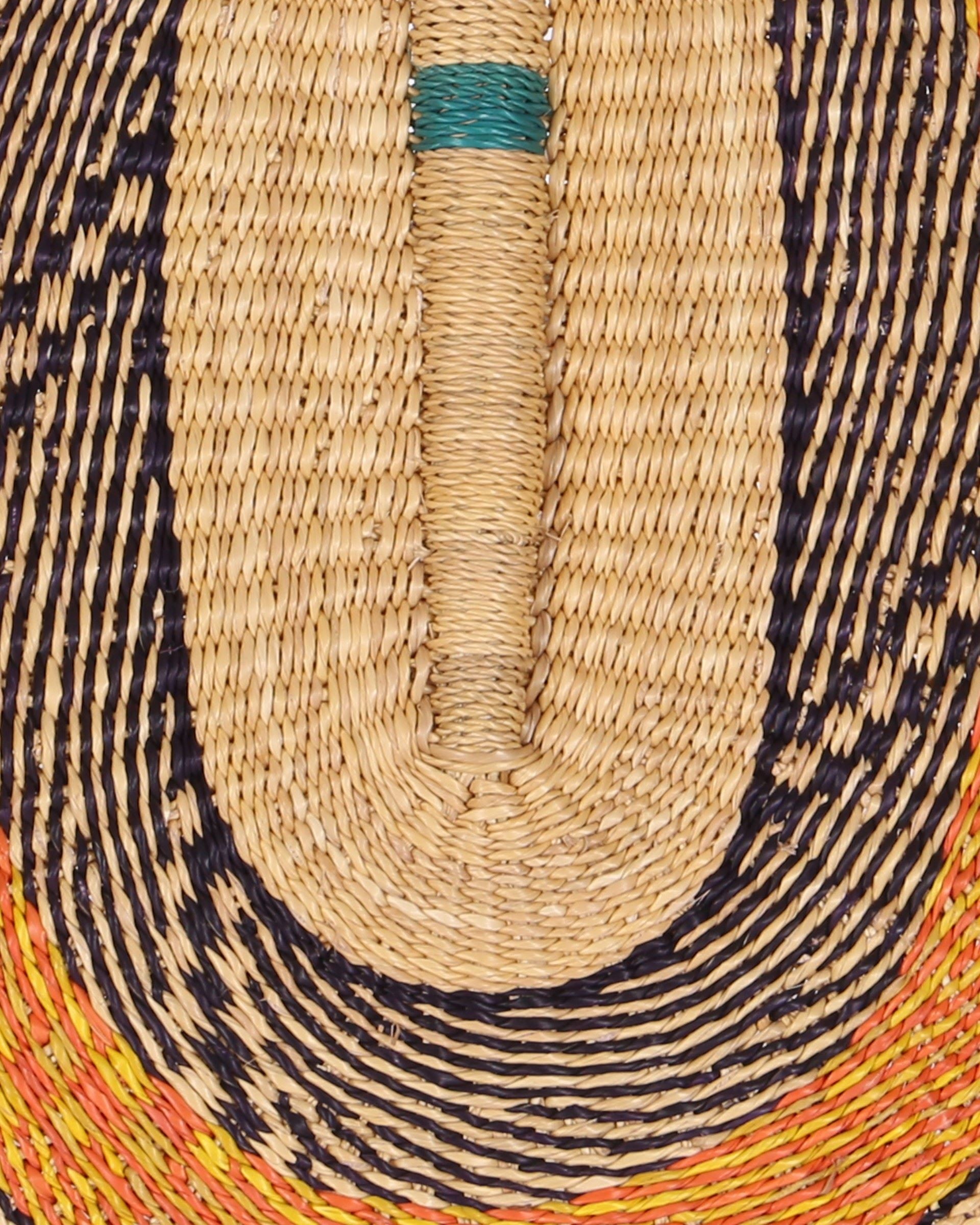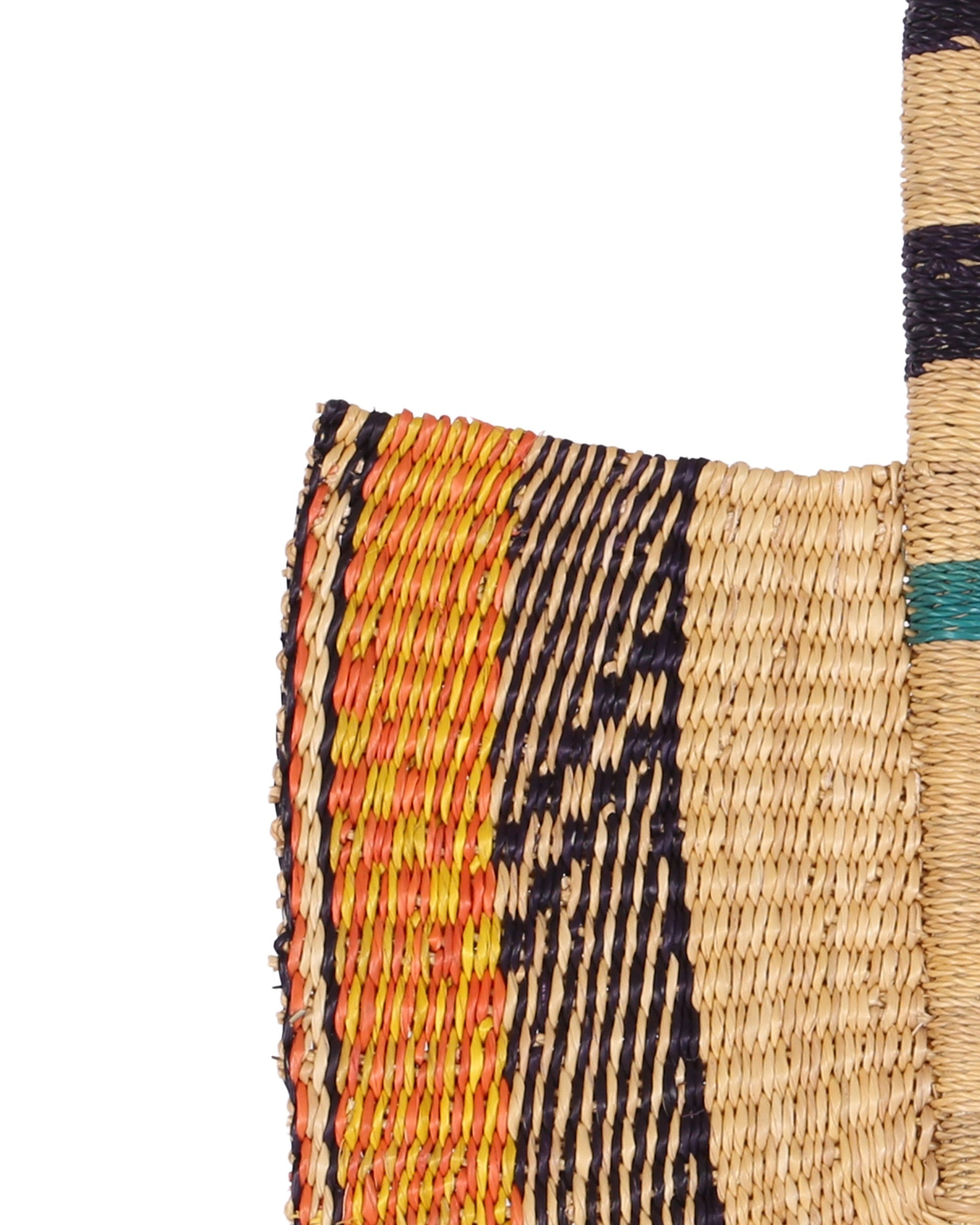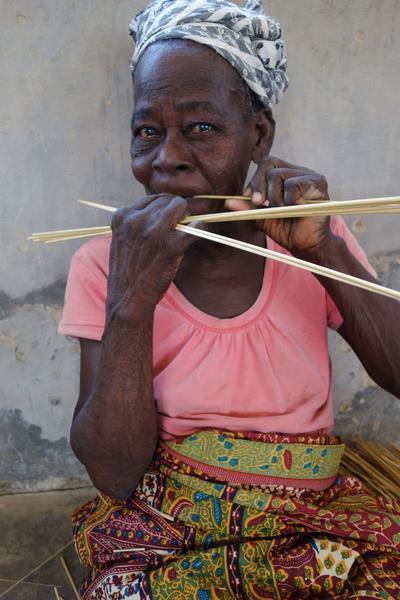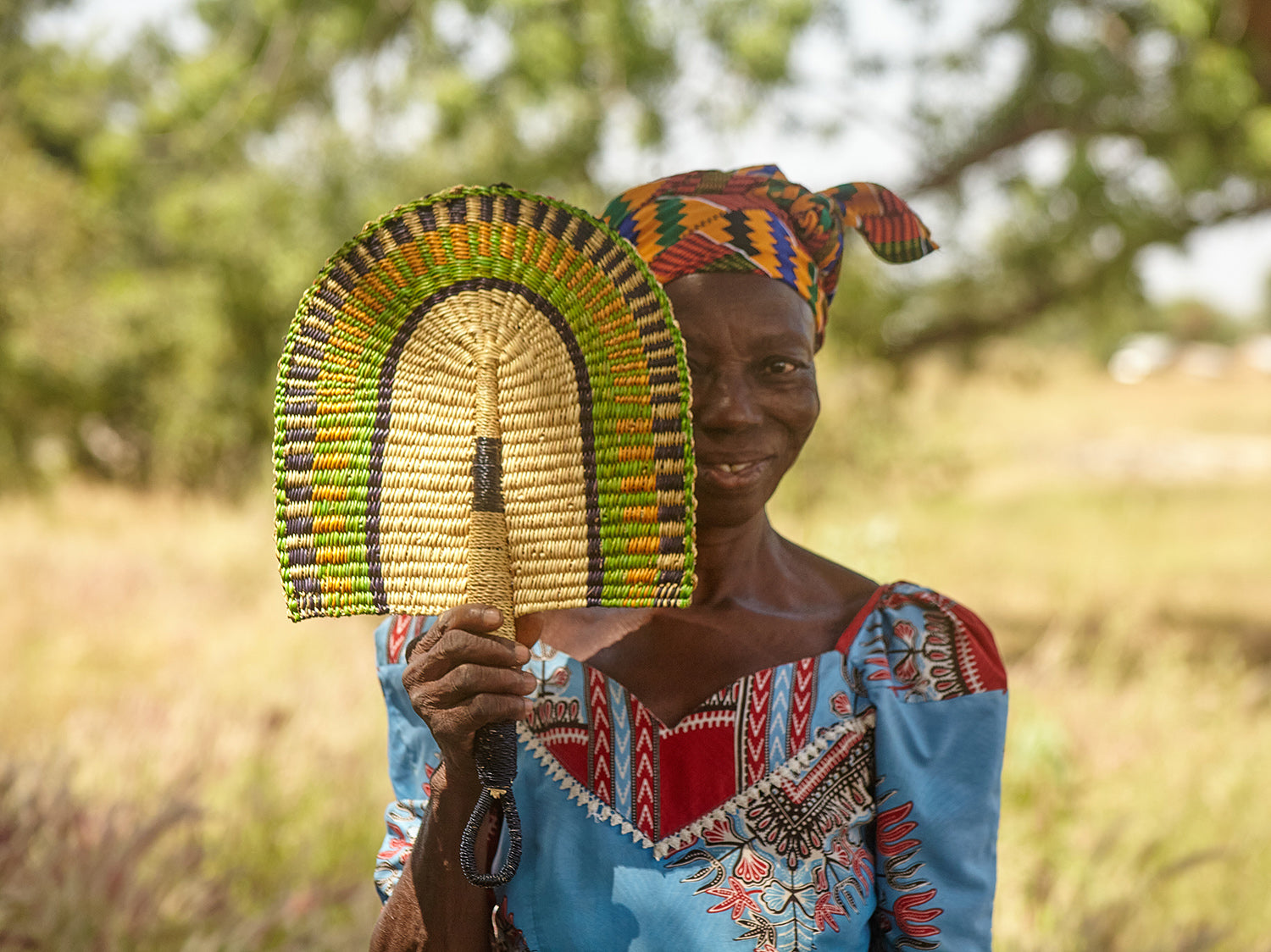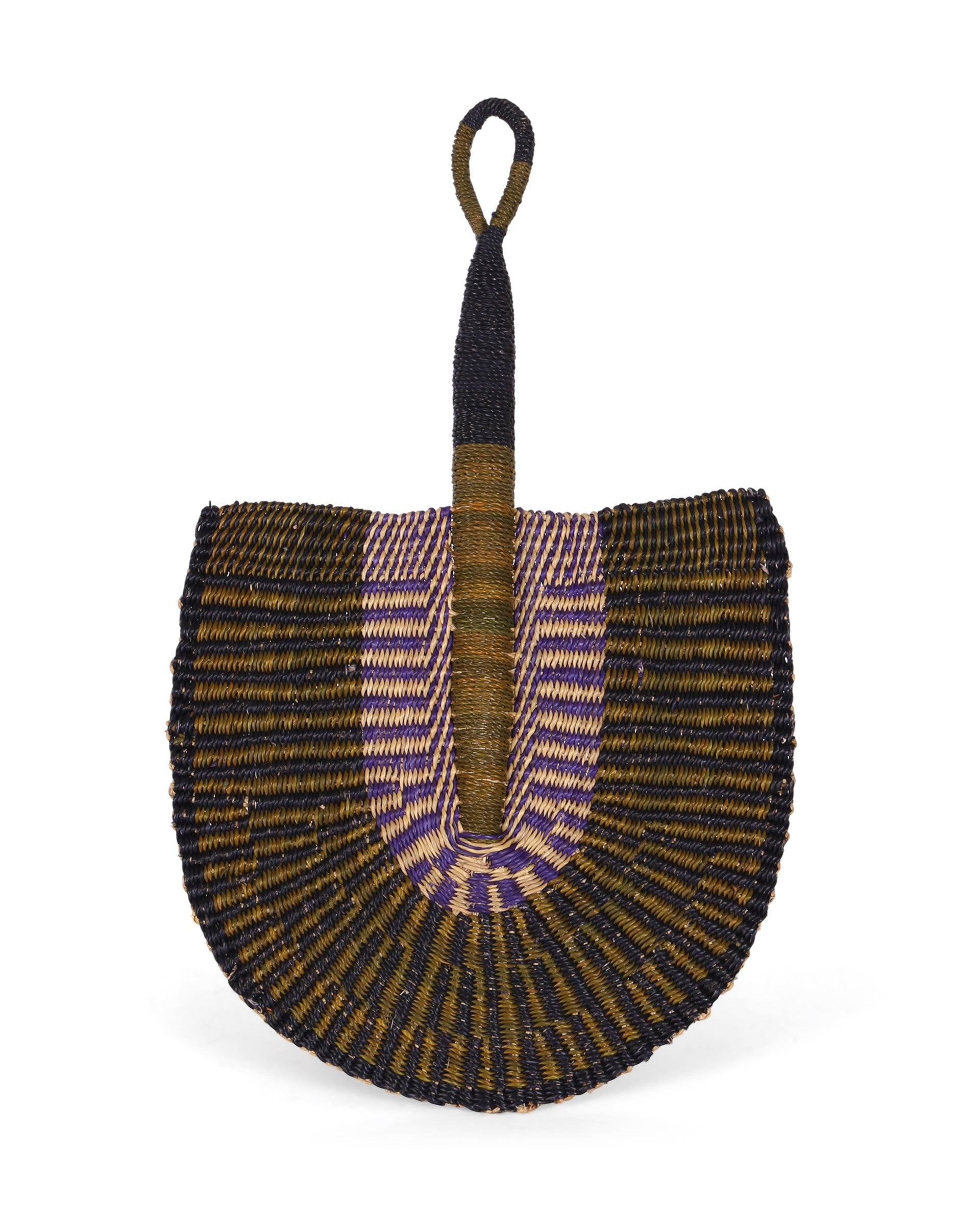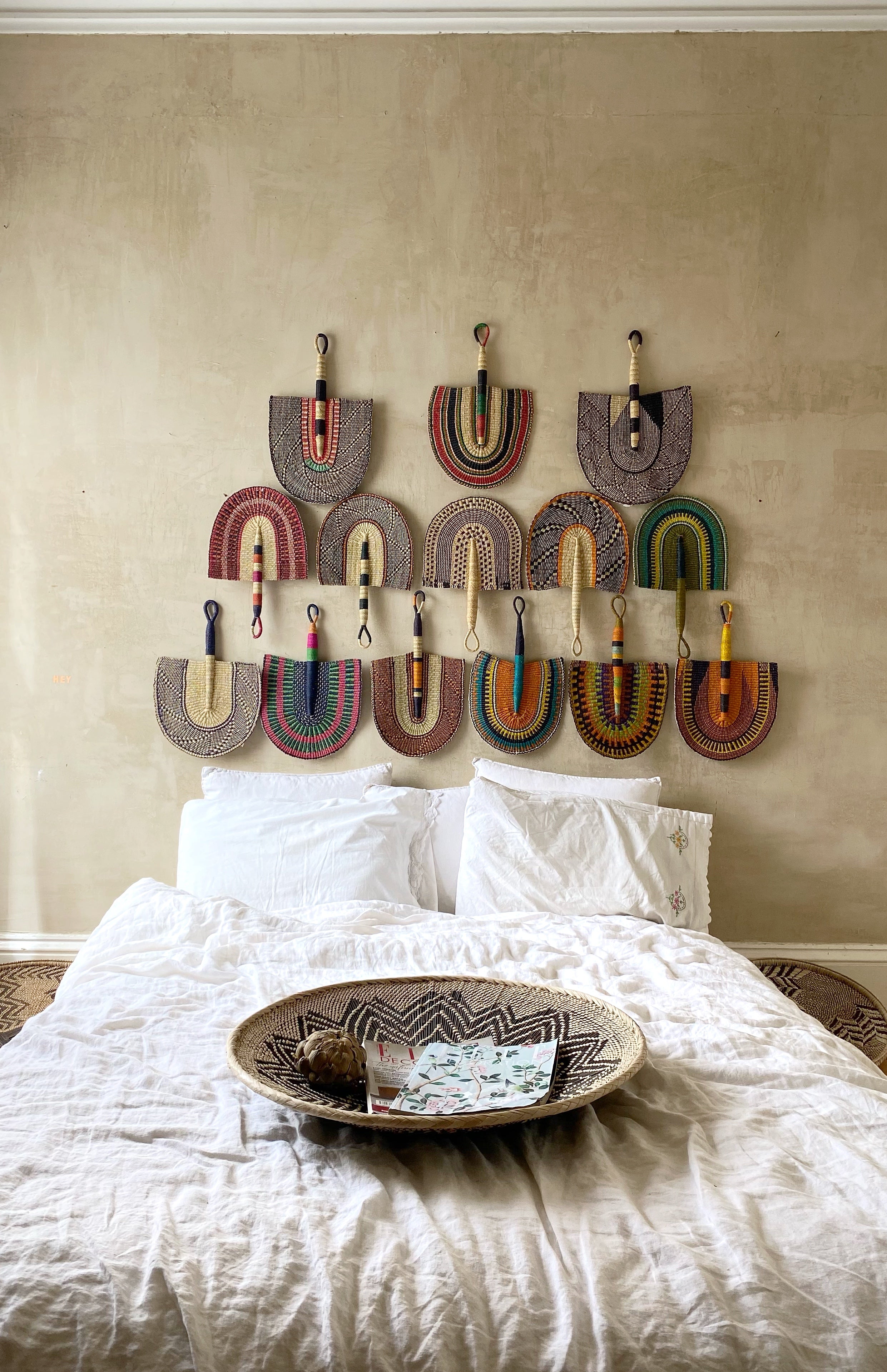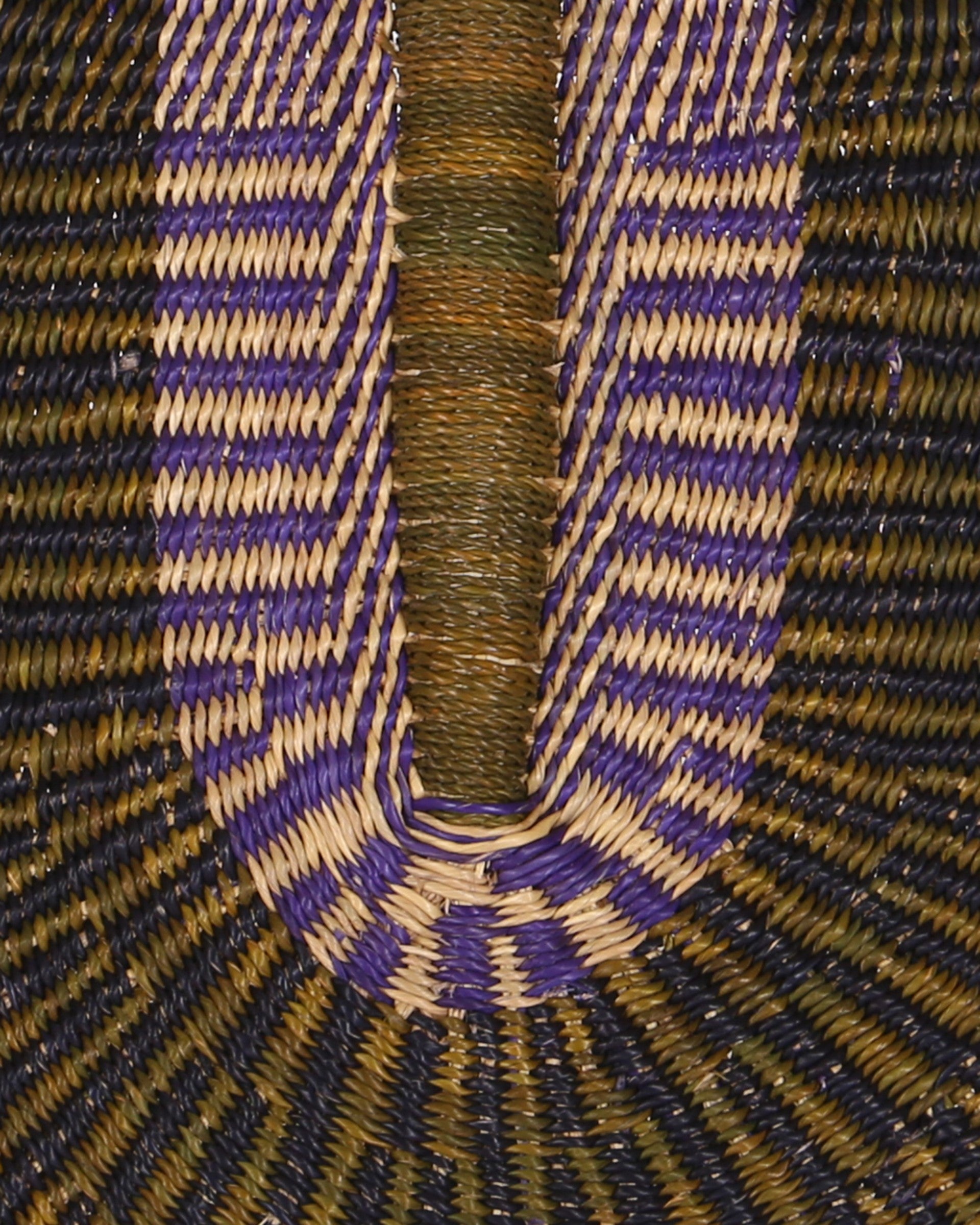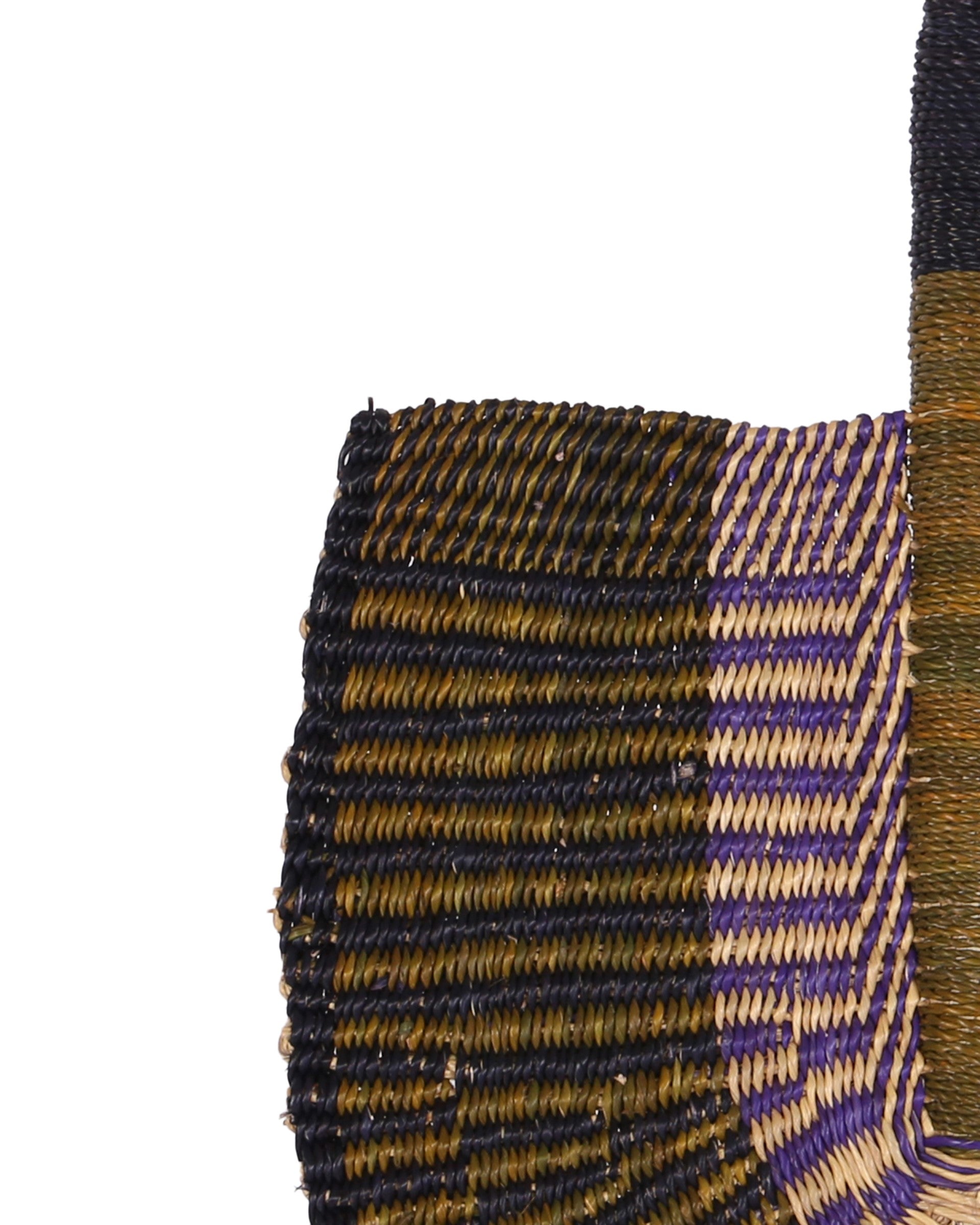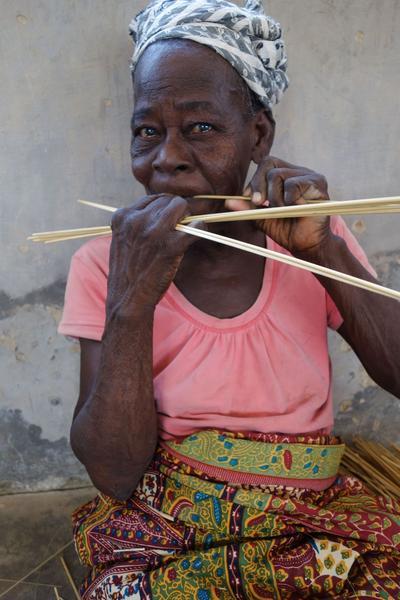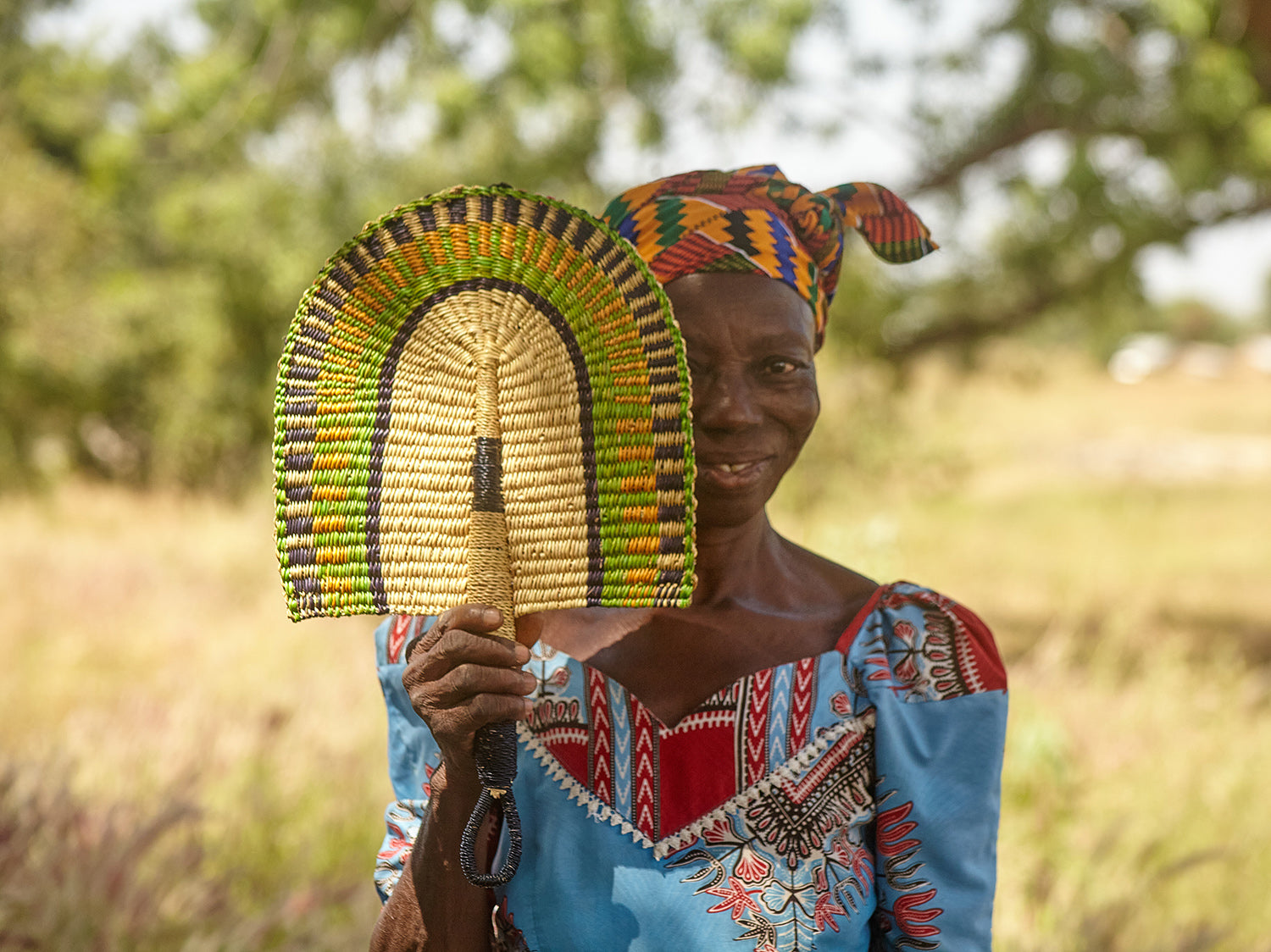 It’s International Women’s Day on 8th March, and this year our rally cry is #BeBoldForChange.
It’s International Women’s Day on 8th March, and this year our rally cry is #BeBoldForChange.
It’s a day for taking action, for doing what we can to bring gender equality to the fore. Whether we’re boldly calling out gender bias when we see it or confidently championing women’s education and women leaders, educating ourselves about the gender pay gap or proudly buying from businesses that support women, today is the day to make changes and carry them forward.
Today we want to celebrate the journeys of two women and acknowledge the barriers they have overcome. Nobody tells it better than the weavers themselves - they’re the true beating hearts of The Basket Room and the story behind each woven basket we sell. So earlier this week we caught up with two members of the Kenyan weaving cooperative we work with: Peninah and Florence. Here’s what these talented craftswomen have to say about being working women in 2017, and the barriers they have overcome through basket weaving and working within a cooperative.
 Florence Bernard (second from left) and Peninah Munyao (second from right)
Florence Bernard (second from left) and Peninah Munyao (second from right)
Peninah Munyao was born in 1978. She is married and has three sons aged 16, 11 and 4. As a housewife, she manages the household and also dabbles in farming and of course, basket weaving. Like so many of the weavers we work with, Peninah was taught to weave by her grandmother.
Florence Bernard is treasurer of the weaving cooperative Peninah works for, and was born in 1962. With five children aged between 38 and 23, Florence also runs a greengrocers’ as well as weaving baskets and travelling frequently to Nairobi to sell baskets. Florence has been weaving baskets since 2001 and was taught the craft as a child, by her mother.
What do you feel you have achieved as a working woman?
PENINAH: From basket weaving, I am able to meet the needs of my household: paying school fees, putting food on the table and buying clothes and other essentials, as well as having some money left over to save.
FLORENCE: I have been able to support my greengrocery and basket trading businesses from the money I make from basket weaving. I also use this income to support the needs of my family.
 Peninah with the baskets she has made for The Basket Room (Design name Kuzuia)
Peninah with the baskets she has made for The Basket Room (Design name Kuzuia)
What challenges do you face as a working woman?
PENINAH: Sometimes it is difficult to source enough sisal fibre, since the plant is grown in a different region and it can take a while to arrive at our markets. Since I am also a mother and a housewife, my duties – primarily, taking care of my family – have to take precedence over weaving, which means that sometimes I cannot produce as many woven baskets as I would like to.
FLORENCE: Rain, although a massive blessing to farmers and food sellers, impedes basket weaving. When it does rain, weaving must stop so that the crops can be tended to. Likewise, drought also hinders basket production because again weaving must stop so that we can travel further afield than normal to find water.
 Florence (second from left) with fellow weaving members
Florence (second from left) with fellow weaving members
Has work given you more independence?
PENINAH: Yes! Before I joined our weaving cooperative a few years ago, I used to rely on my husband for everything we needed at home. Back then, I felt I couldn’t even ask him for money for a new pair of shoes because there were just too many more important things for the home that we needed first. But when I started weaving with our cooperative, I had the means to not only help support the family, but also to surprise my husband with new things for him, like a new hat or a pair of trousers.
FLORENCE: I never travelled much before, but since we started selling the baskets in Nairobi, I’ve realised how much I enjoy travelling. I am now able to travel all over Kenya with my work, and sometimes I take my family with me. I also don’t have to rely solely on my husband’s income in running my household anymore.
 Peninah (left) with a fellow weaving member
Peninah (left) with a fellow weaving member
Do you feel successful being part of a growing weaving cooperative?
PENINAH: Yes, I do! Not only because this is the best way to trade with buyers, but also because of the togetherness that comes from doing something you love with friends and people who can relate to and understand what you are going through.
FLORENCE: Yes. We usually contribute part of the sales of our baskets to our cooperative. These contributions have made it possible for us to purchase a piece of land where we intend to construct rental properties or a community centre. Group members can also take out loans from the savings we have.

Thank you to Peninah and Florence for sharing their stories with us. Peninah and Florence belong to the Kenyan weaving cooperative that produce our popular Linear Fusion range of woven baskets – a fittingly bold and bright range of planters, flower pots and storage baskets that come in sizes from XS to XL.
The craftswomen who produce our woven treasures - from our Ghanaian bike baskets to our laundry baskets, our colourful basket bags to our planters and storage baskets – are empowered to support their families and emboldened to overcome gender barriers with every new order they produce. So, here’s something to feel really good about today: when you buy a woven basket from The Basket Room you’re not only supporting fair trade, you also join our thousands of patrons all over the world in forging a better working world, and one that’s more inclusive and more gender equal.
Get involved in the #BeBoldForChange campaign by making your own pledge to International Women’s Day right here.
